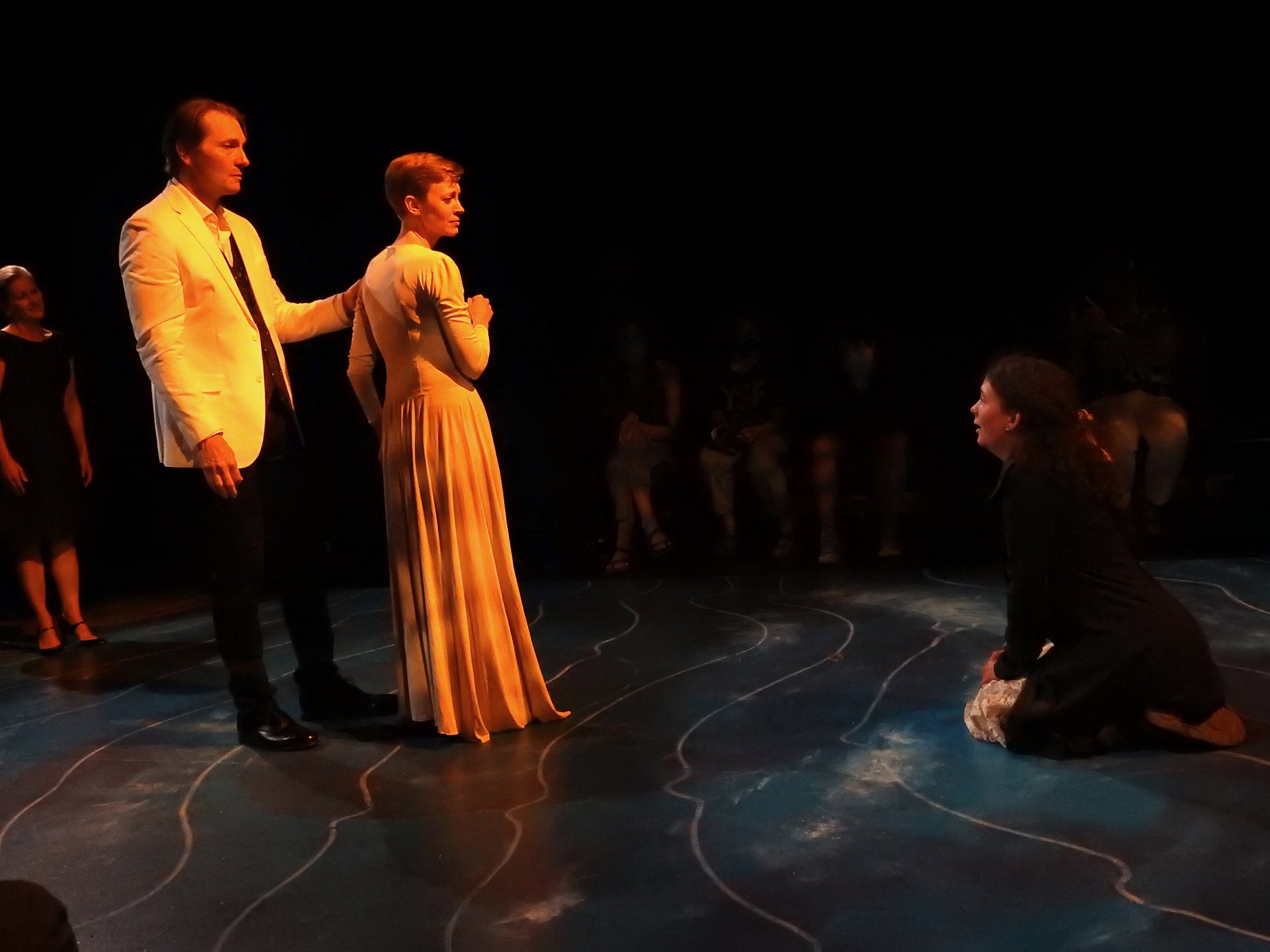
The Winter’s Tale • 2022
ISC Rep Season 2022: Enchantment & Redemption
One of Shakespeare’s most emotionally potent plays, our story moves from claustrophobic madness to sorrowful penitence, from the charms of rustic celebration to the magic of forgiveness.
The ISC Ensemble performed two of Shakespeare’s late romances in the summer of 2022: The Winter’s Tale and Pericles with an ensemble of 14 actors, featuring physical storytelling and original music, both directed by ISC Artistic Director Ariana Karp.
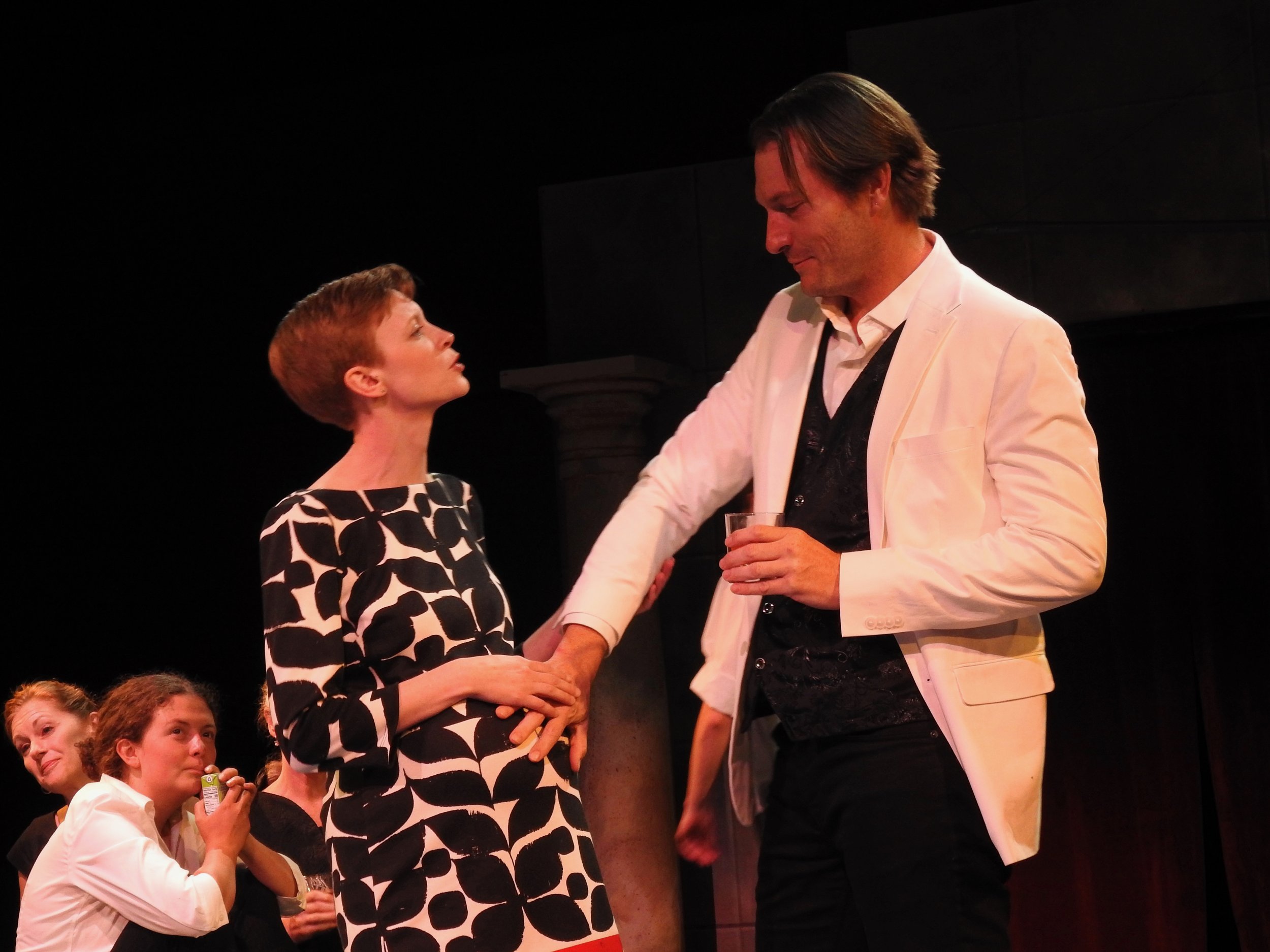
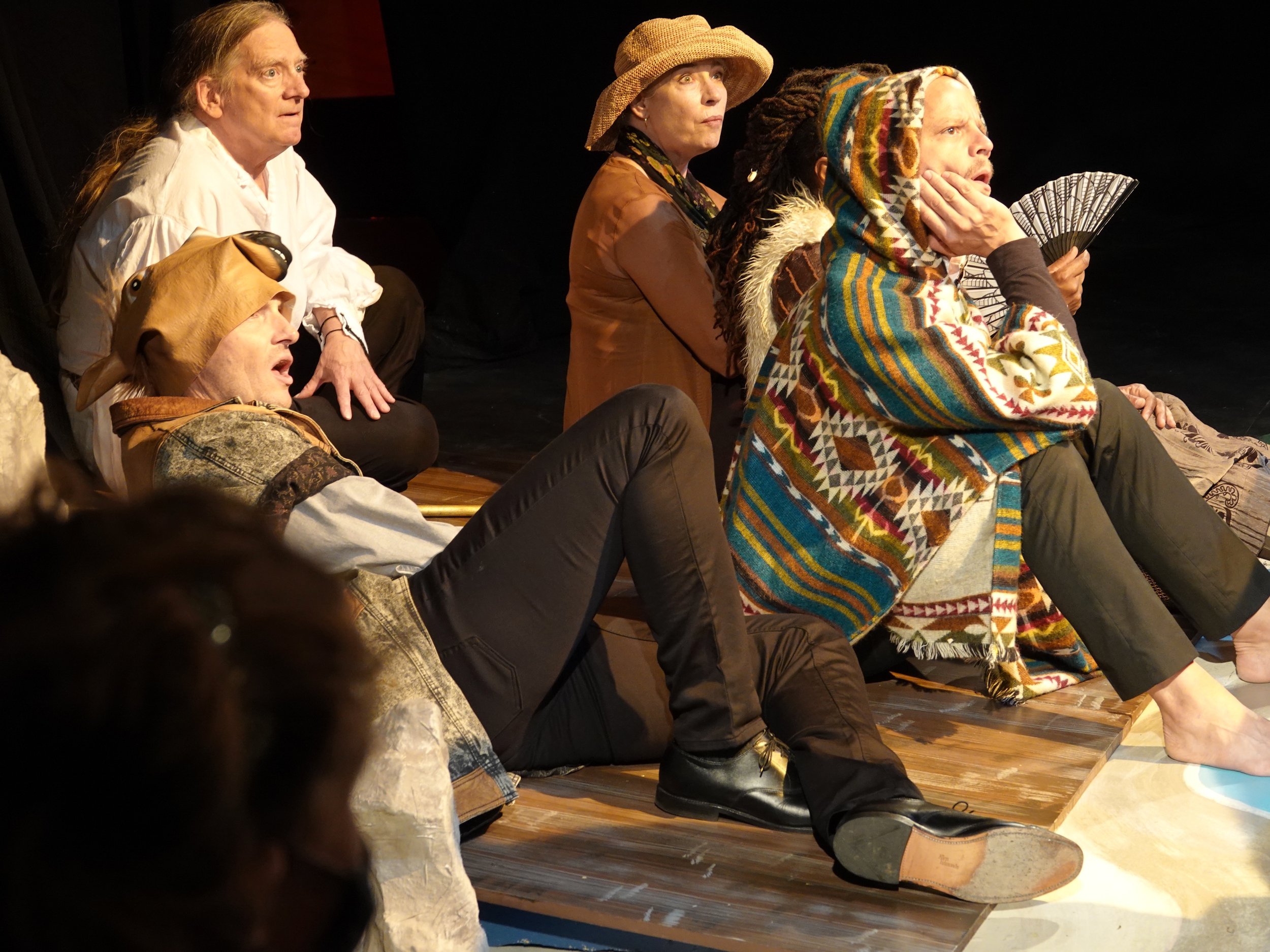
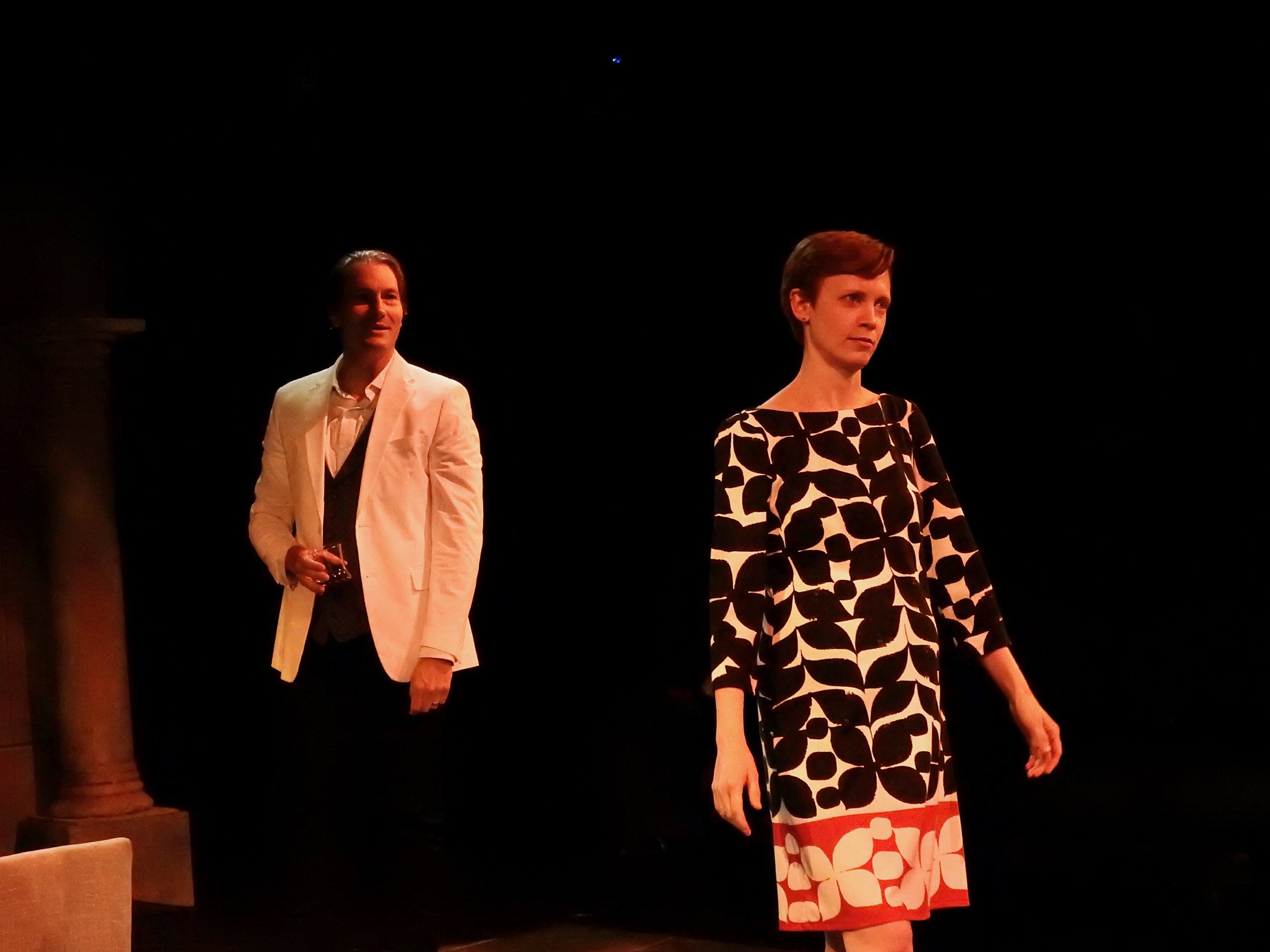
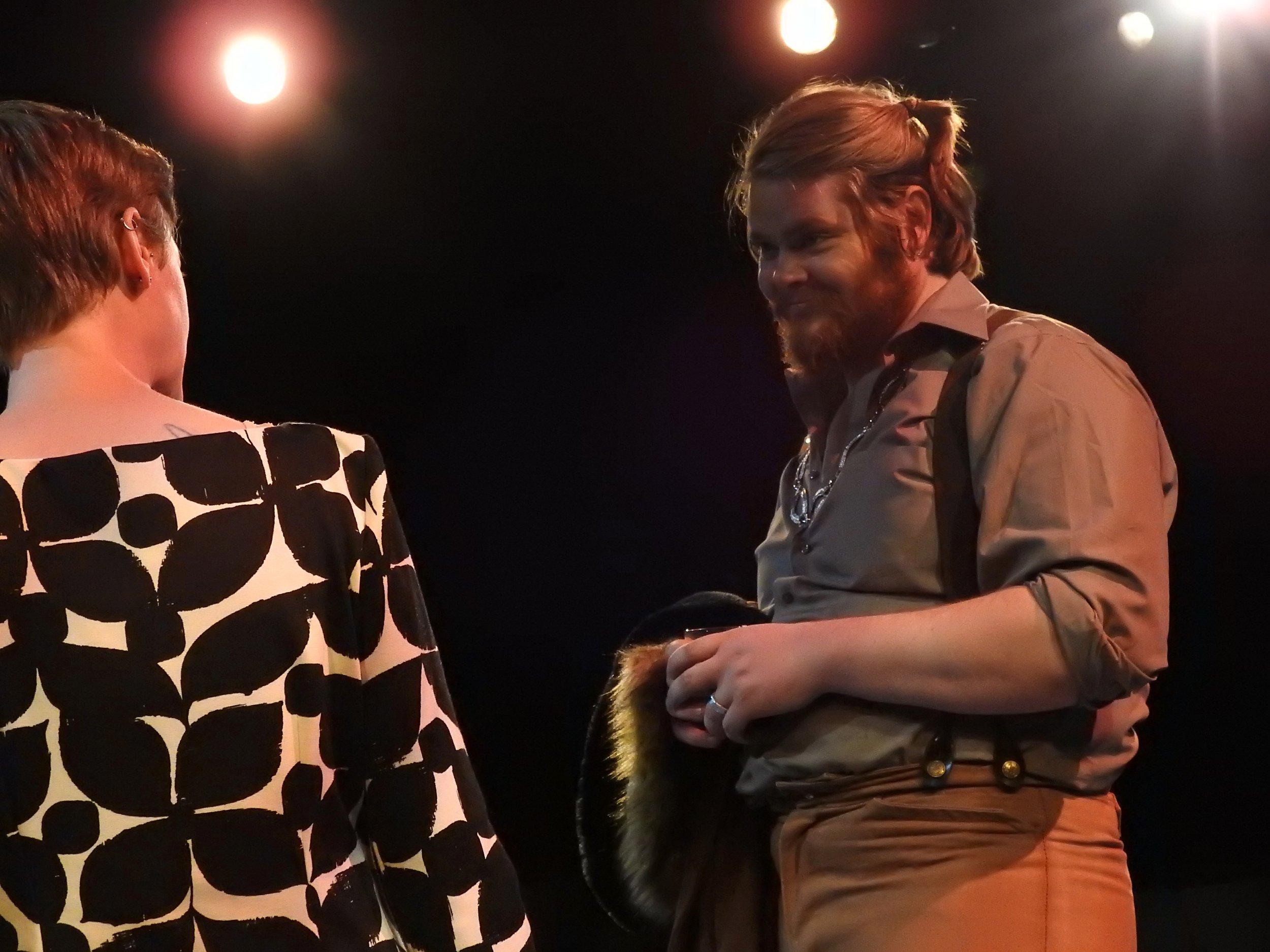

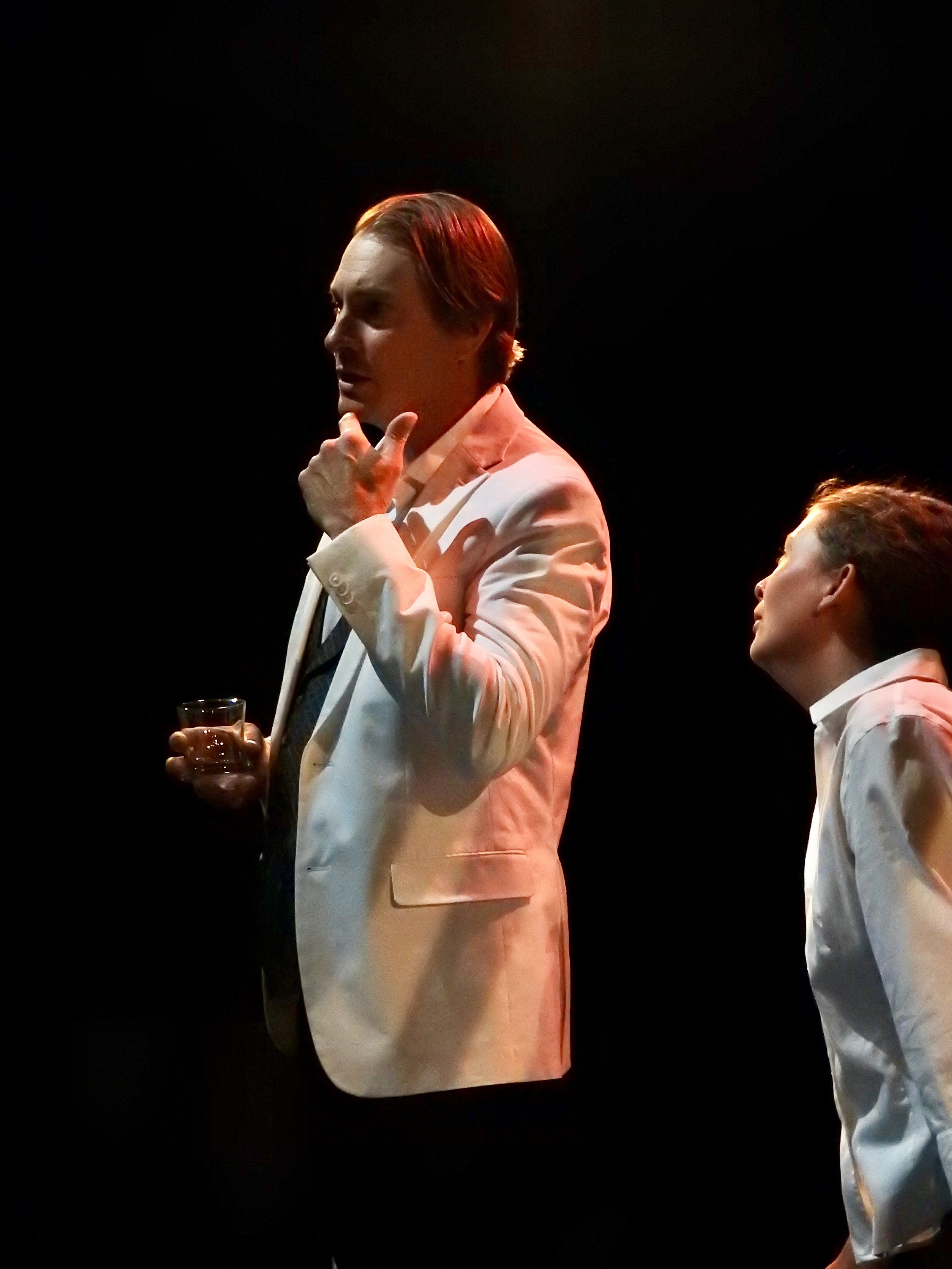

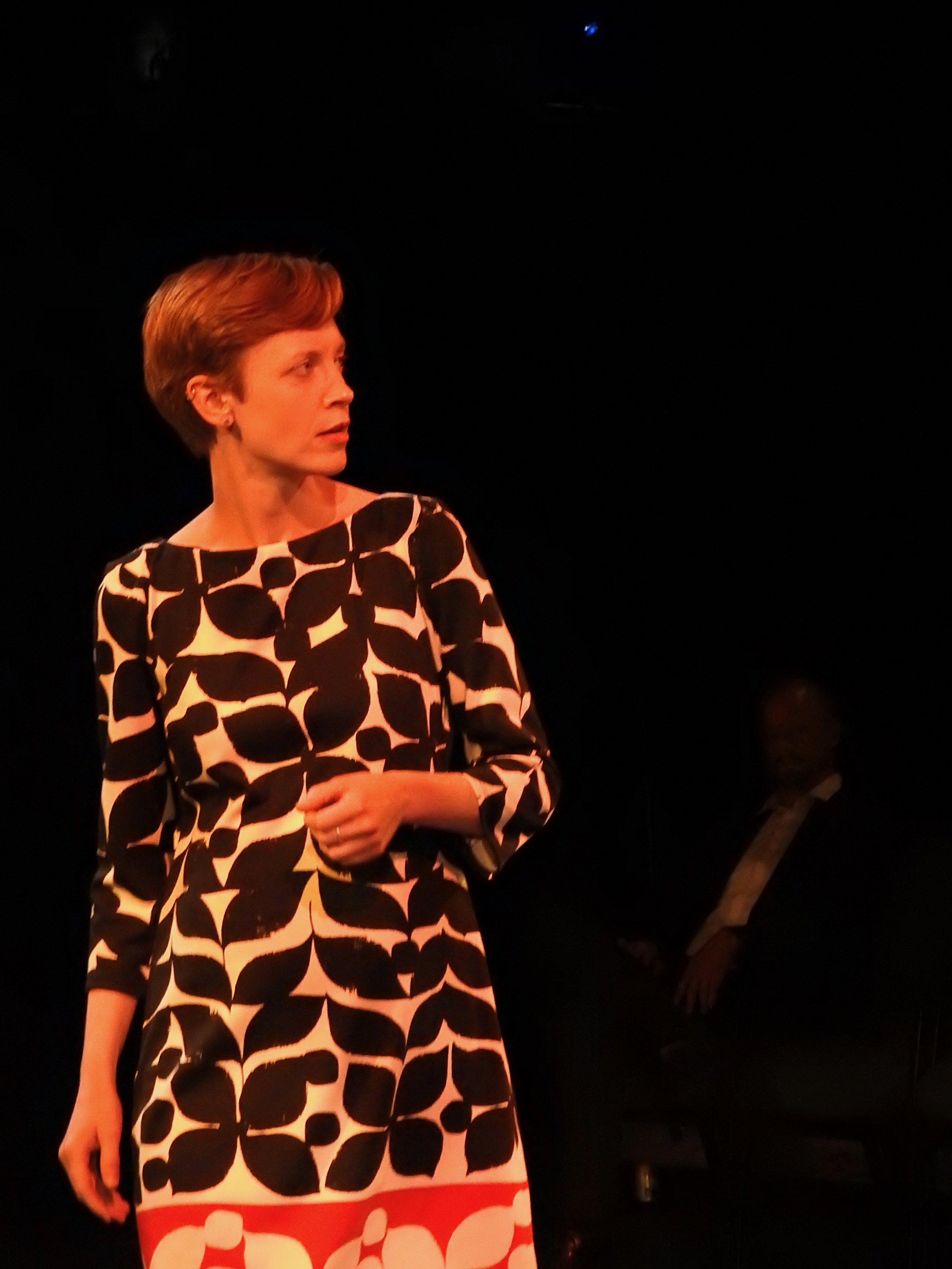

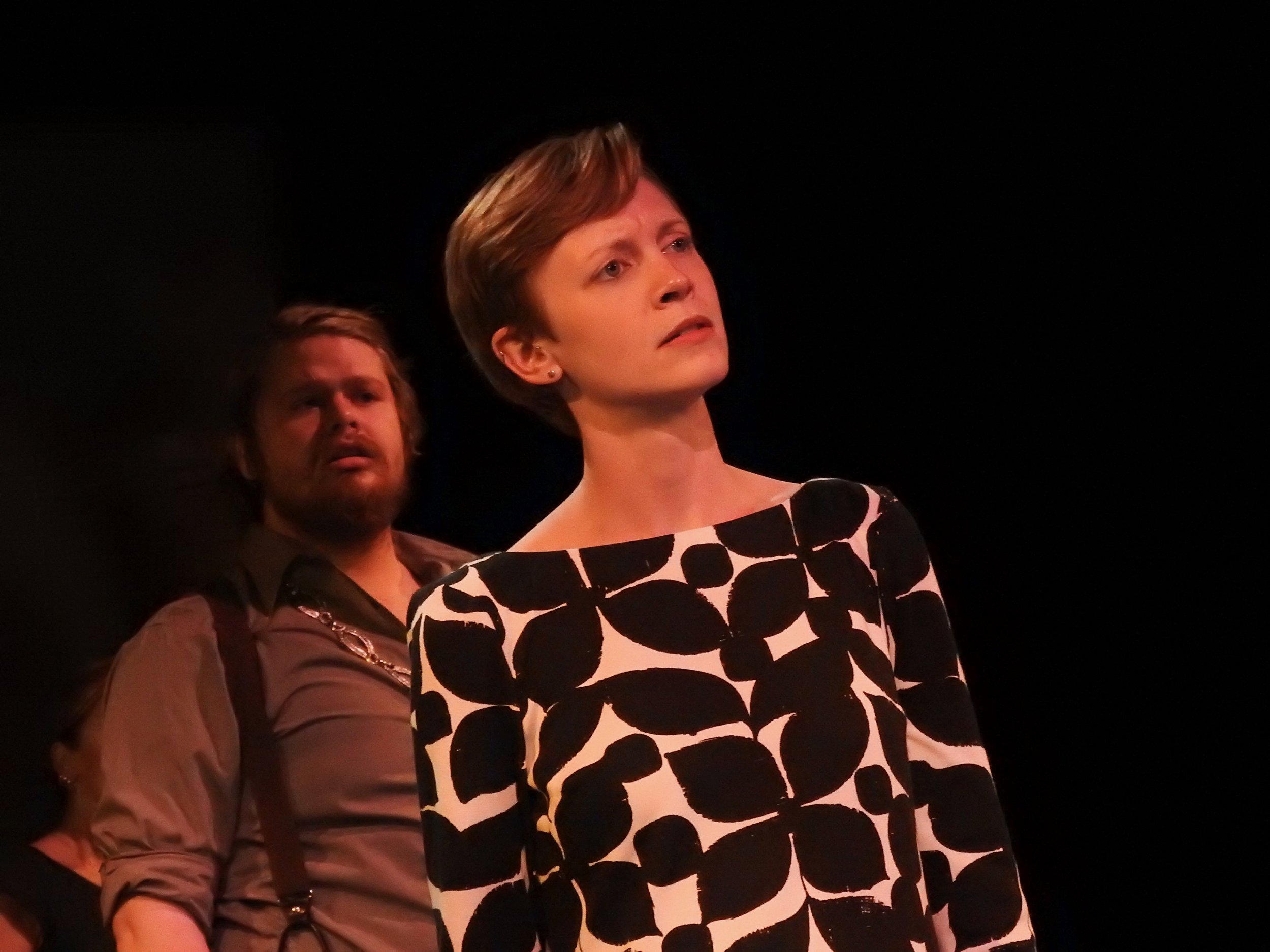
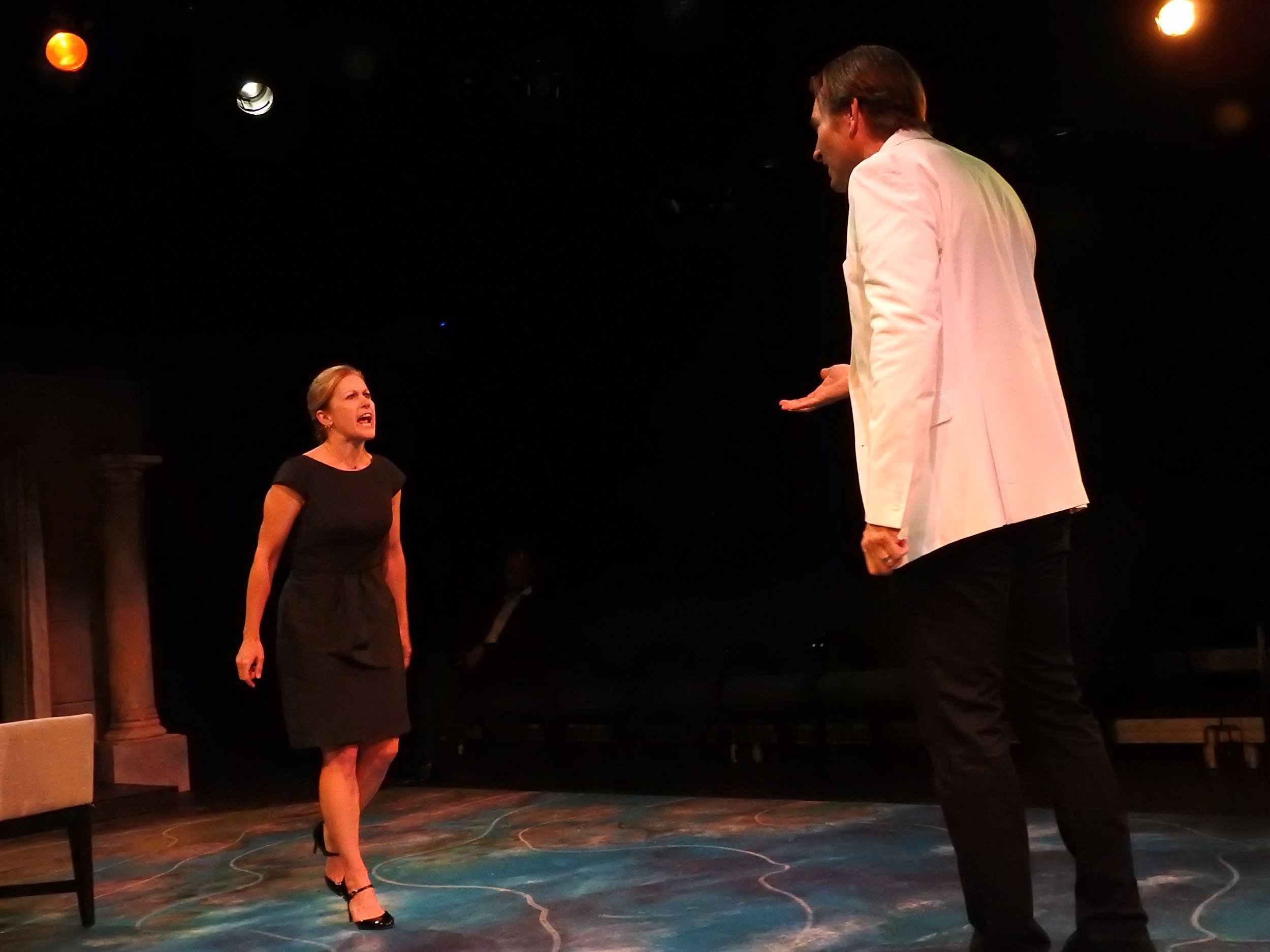
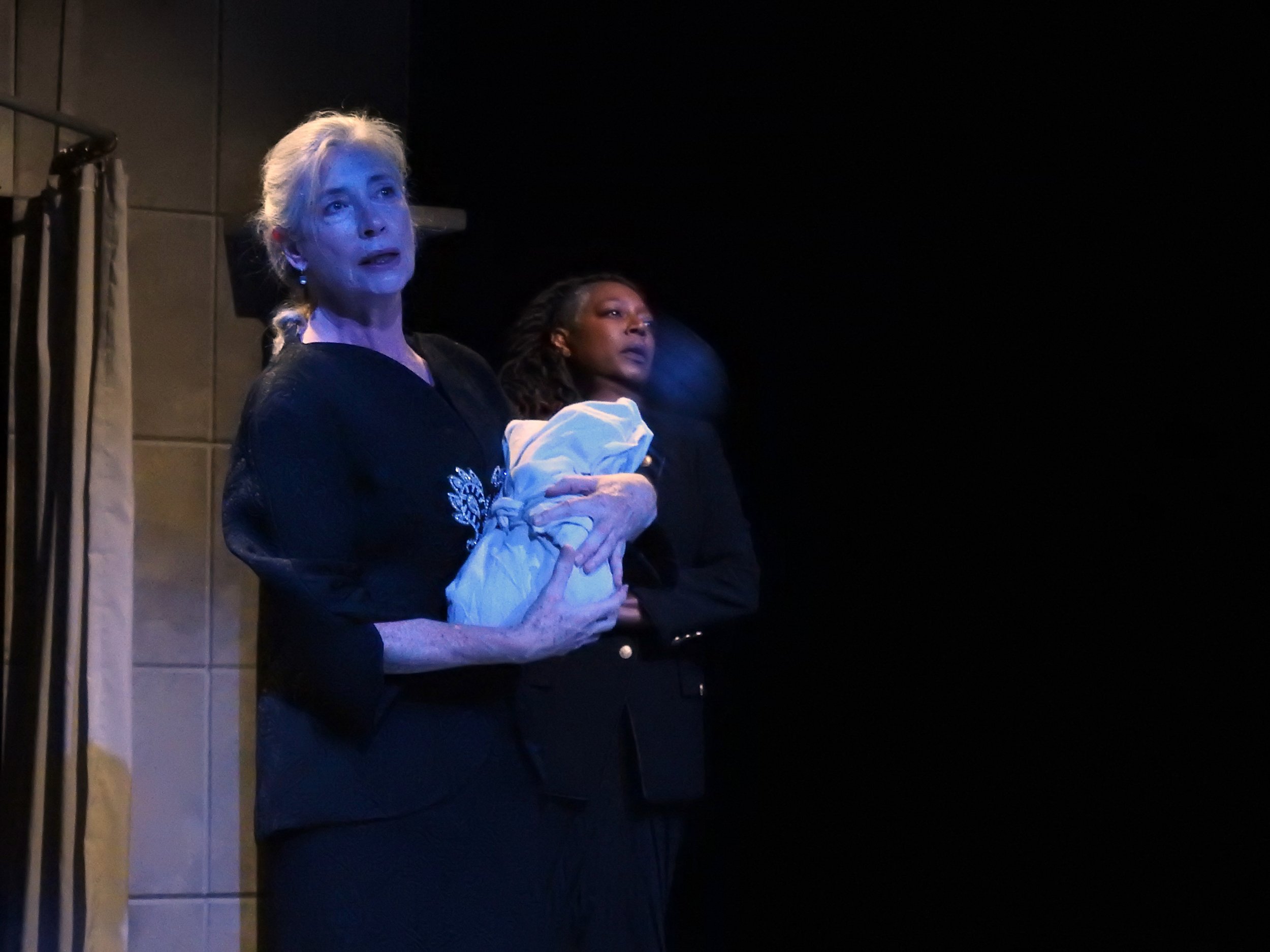
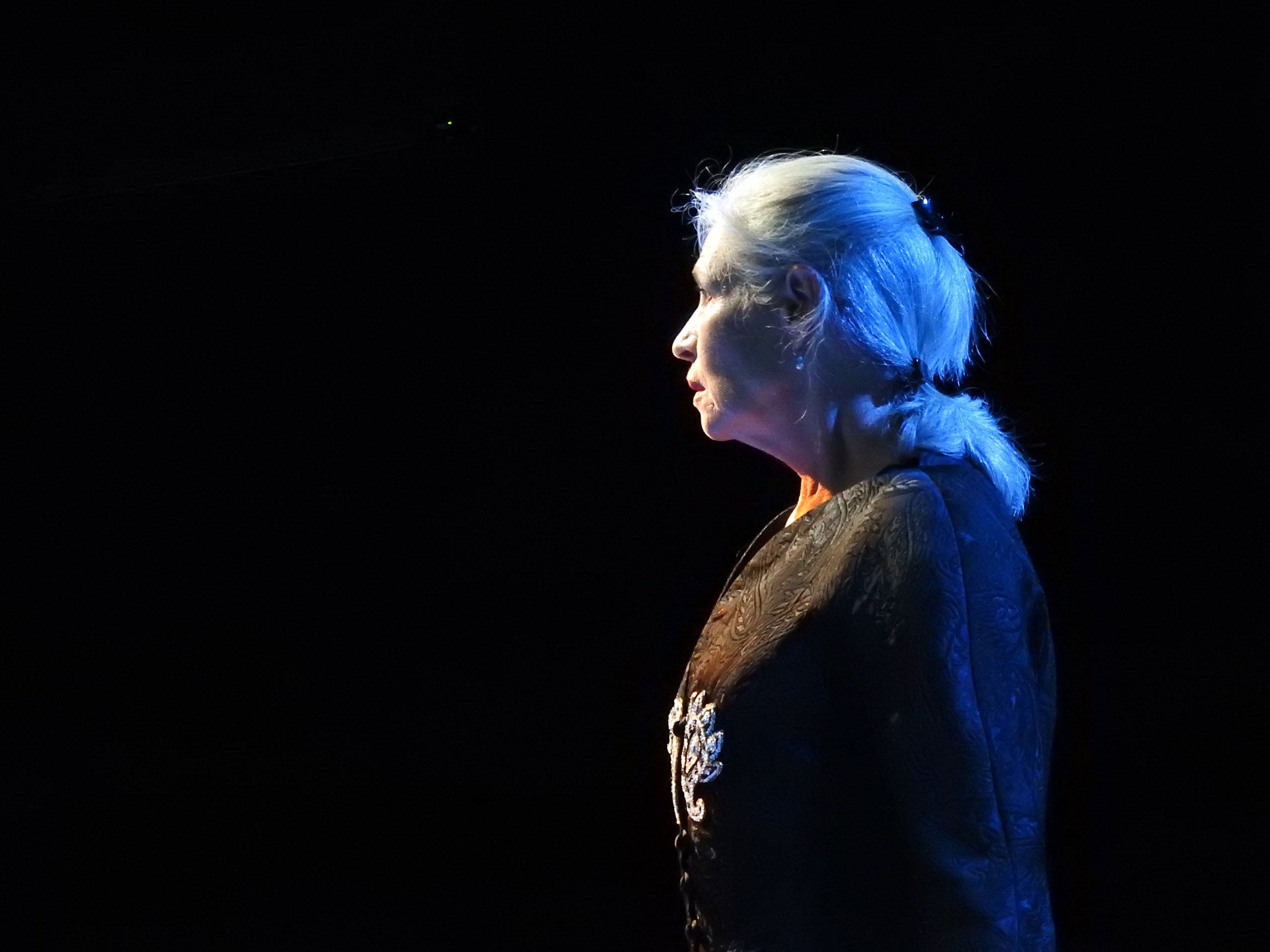
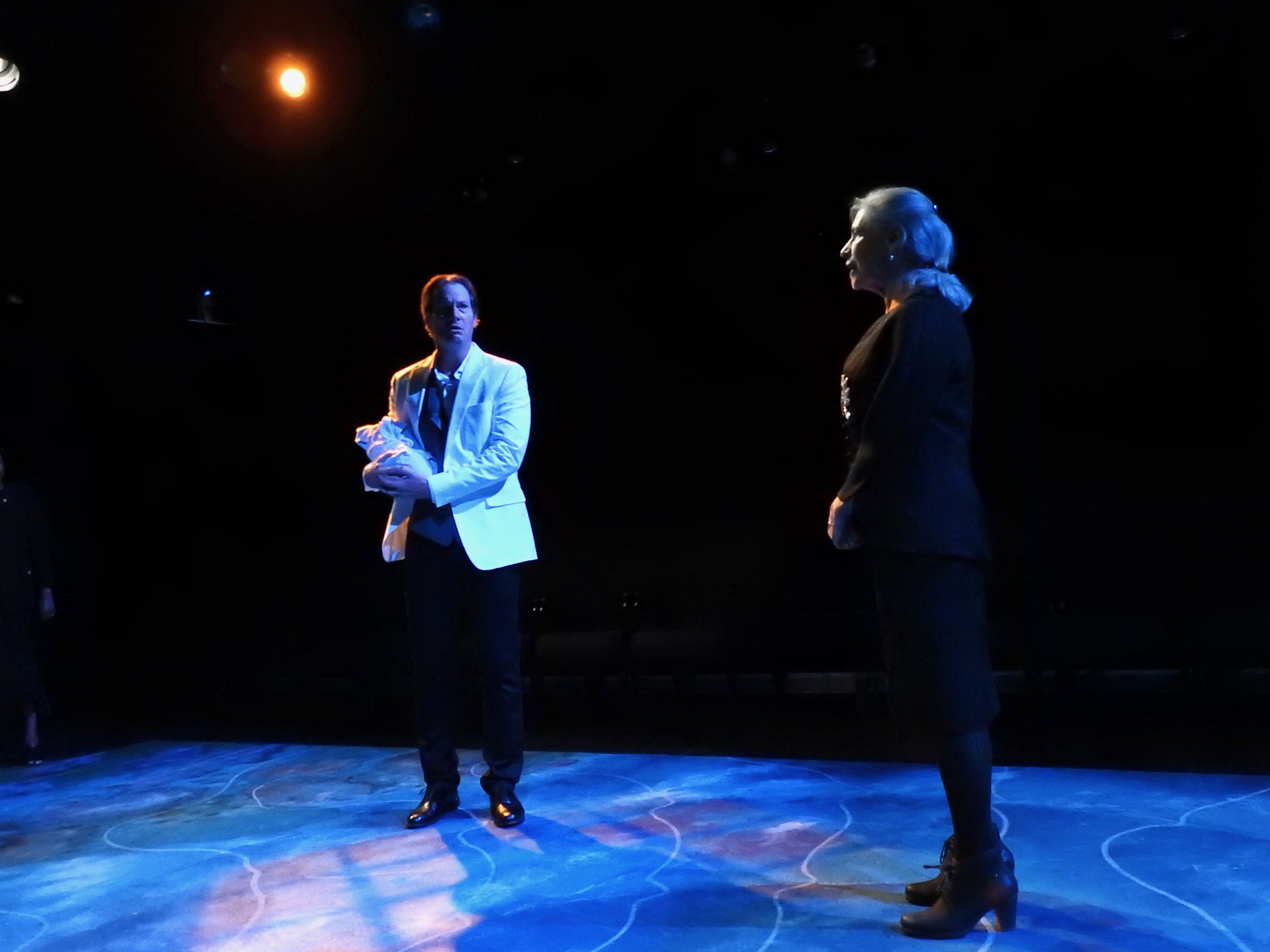
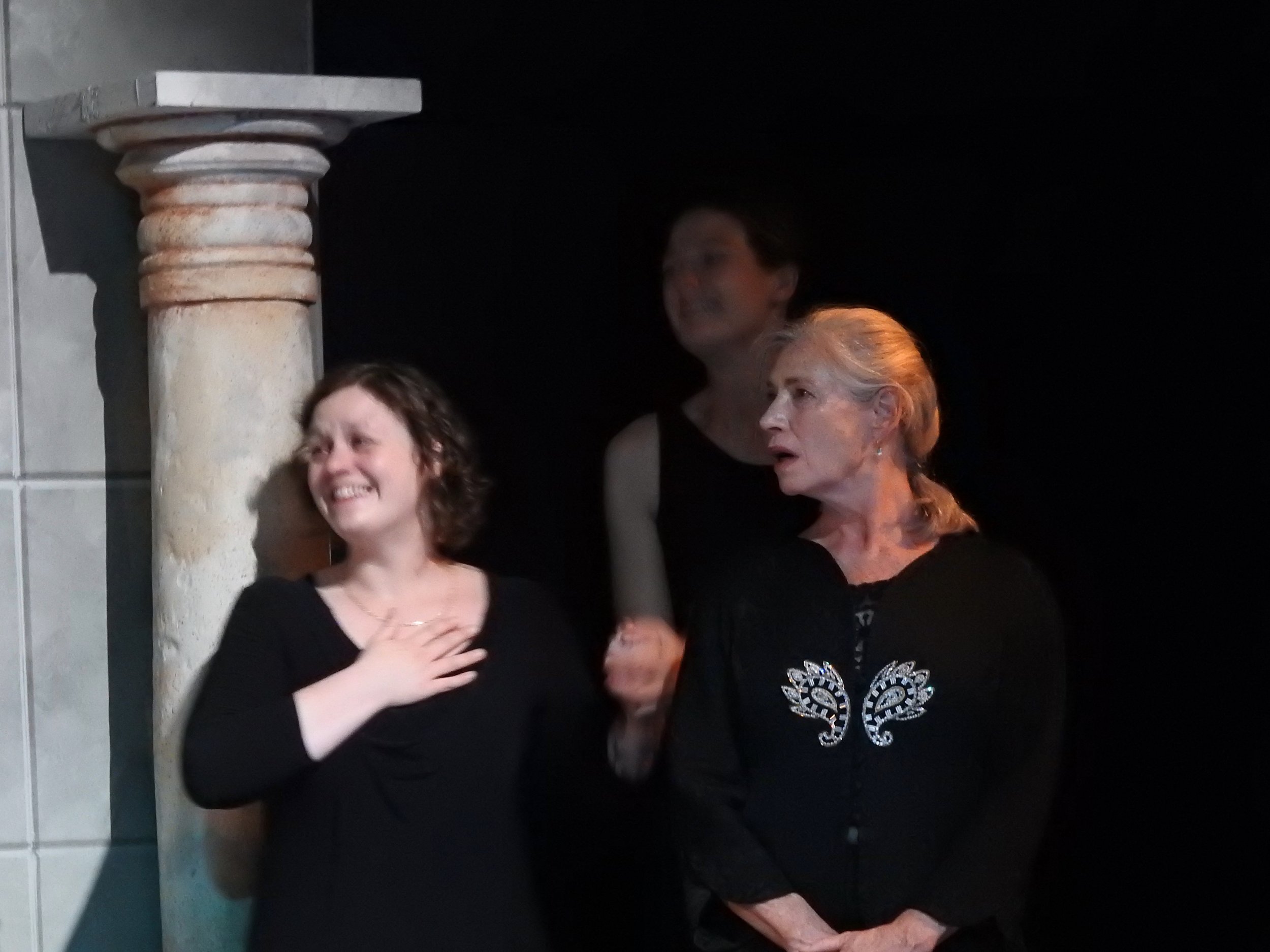
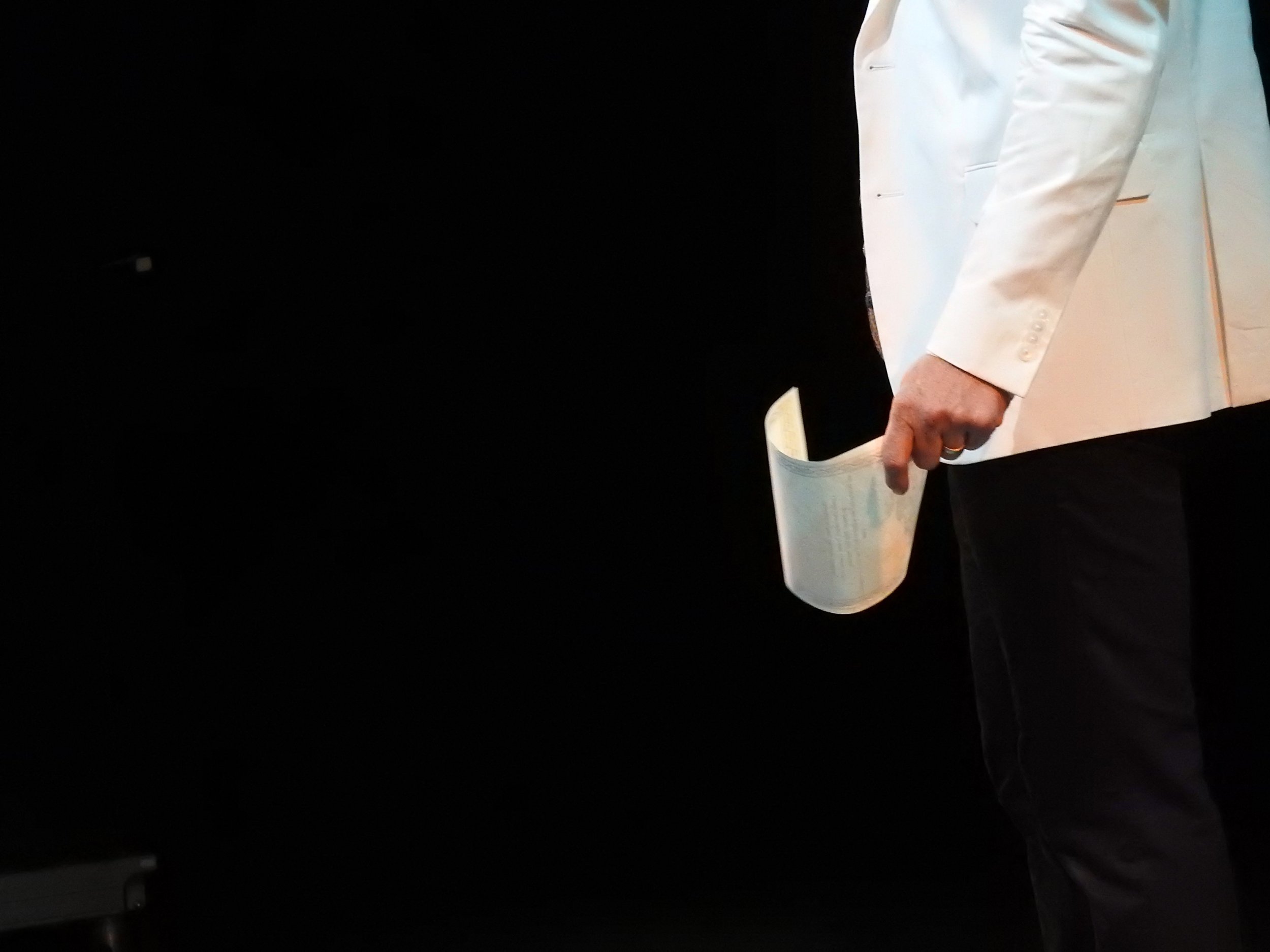
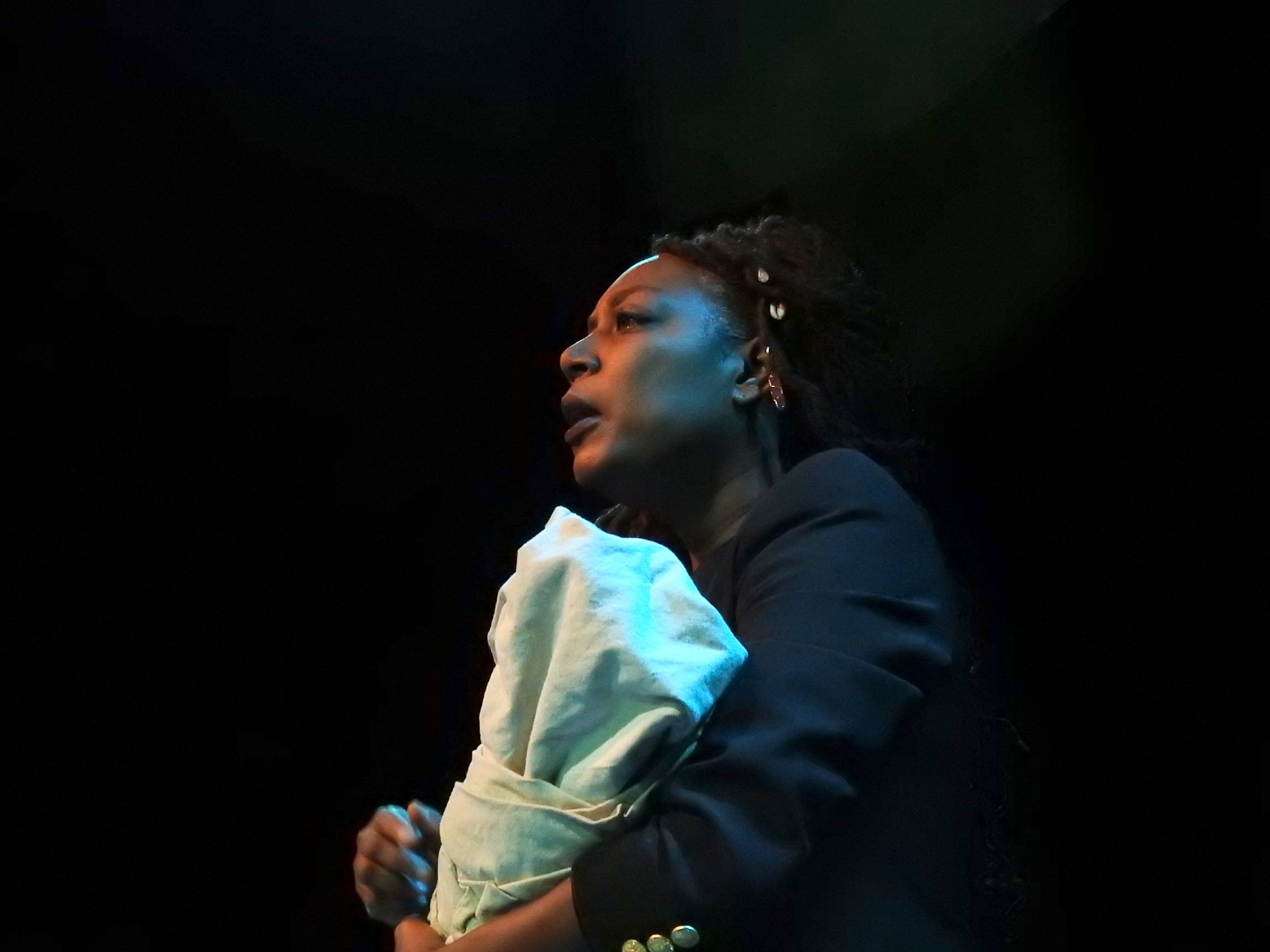
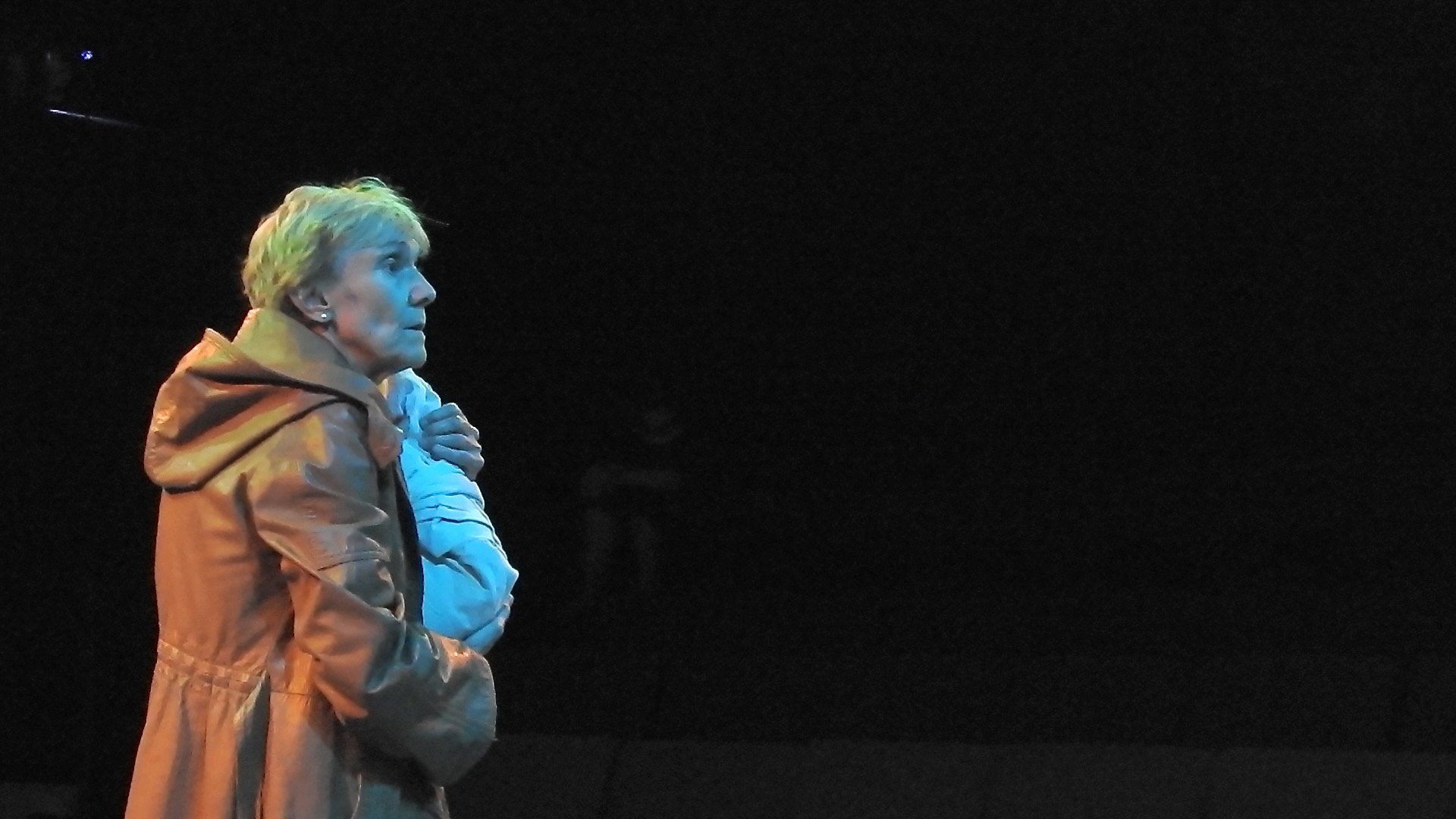
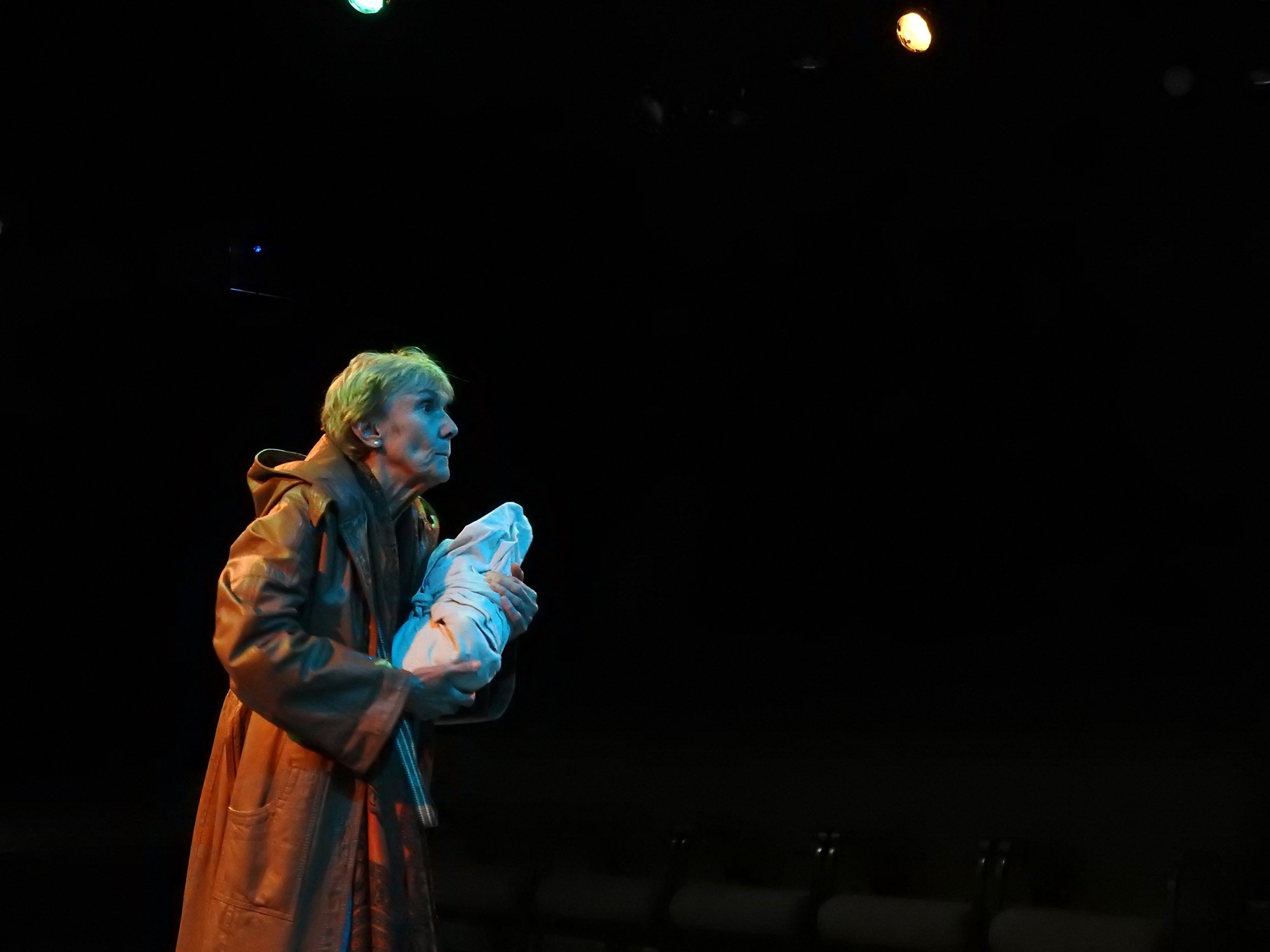
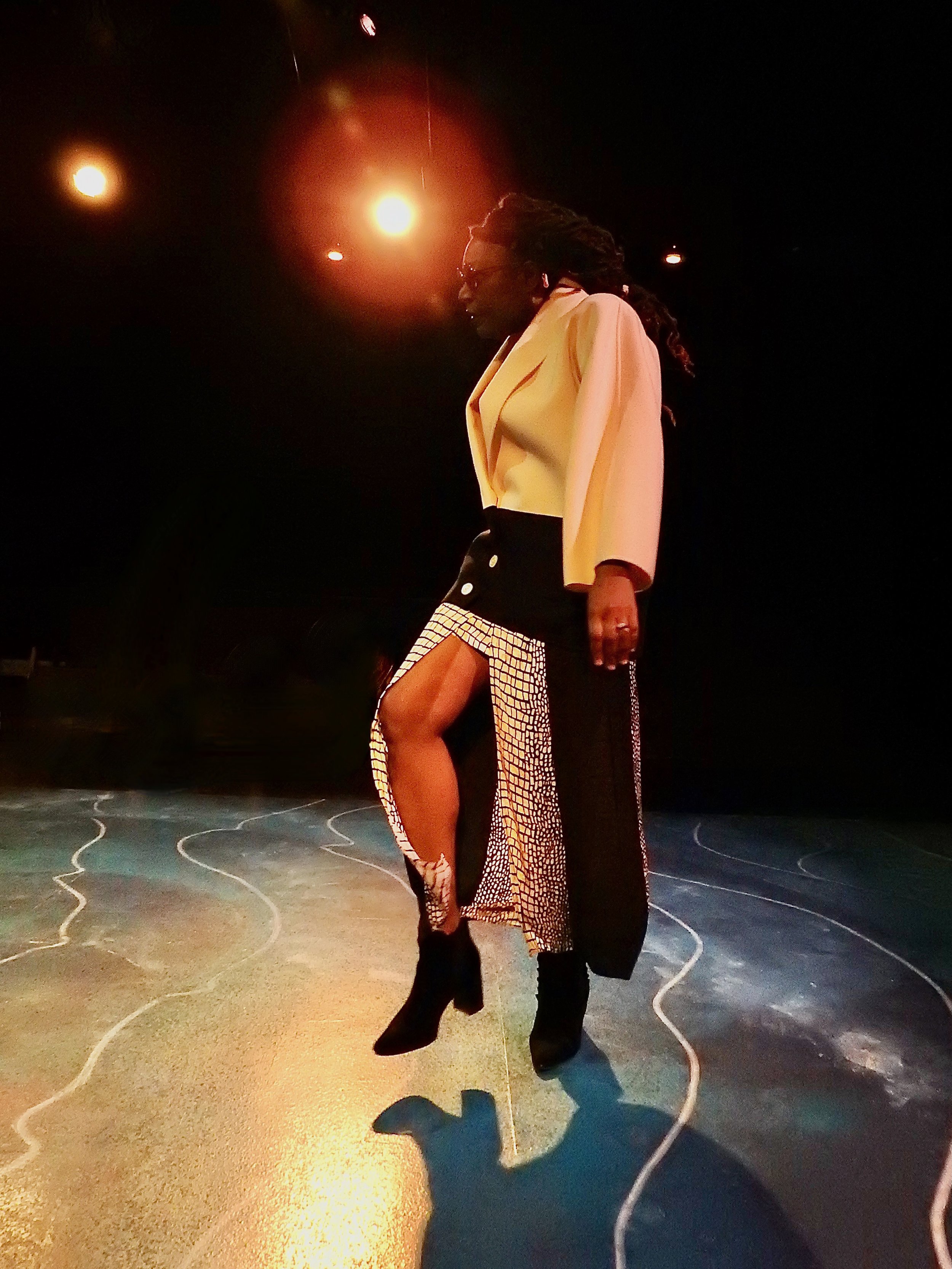
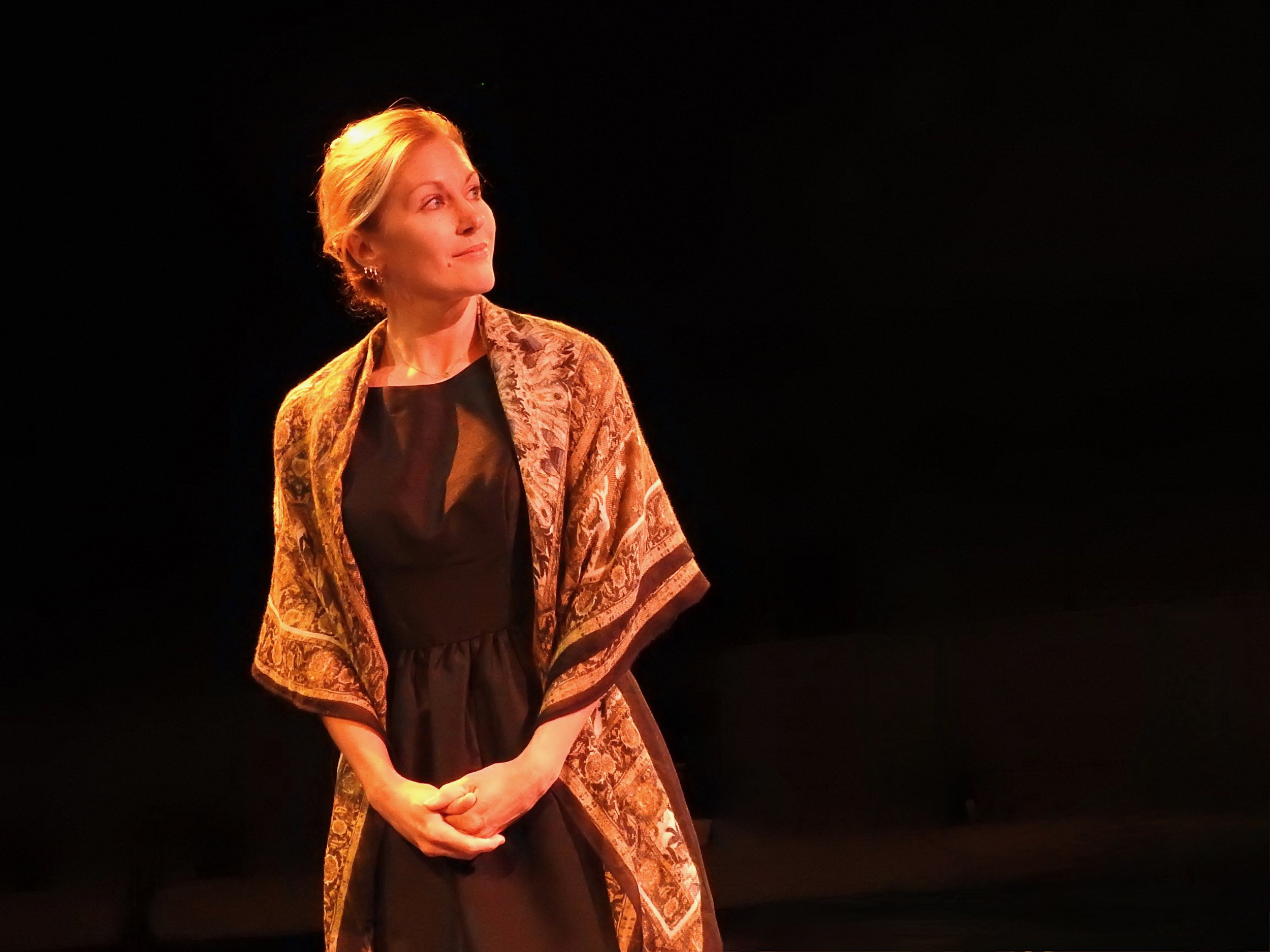
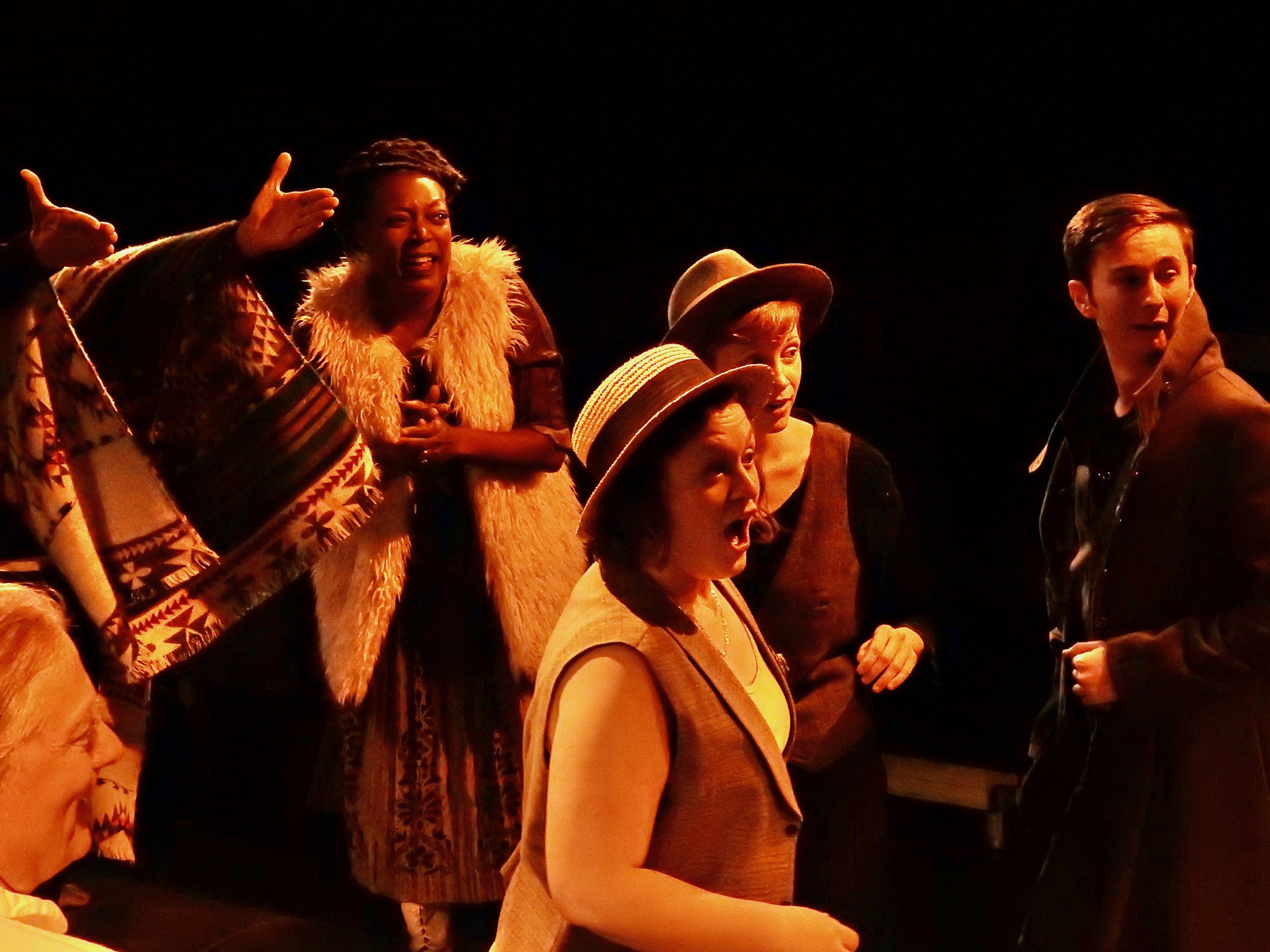
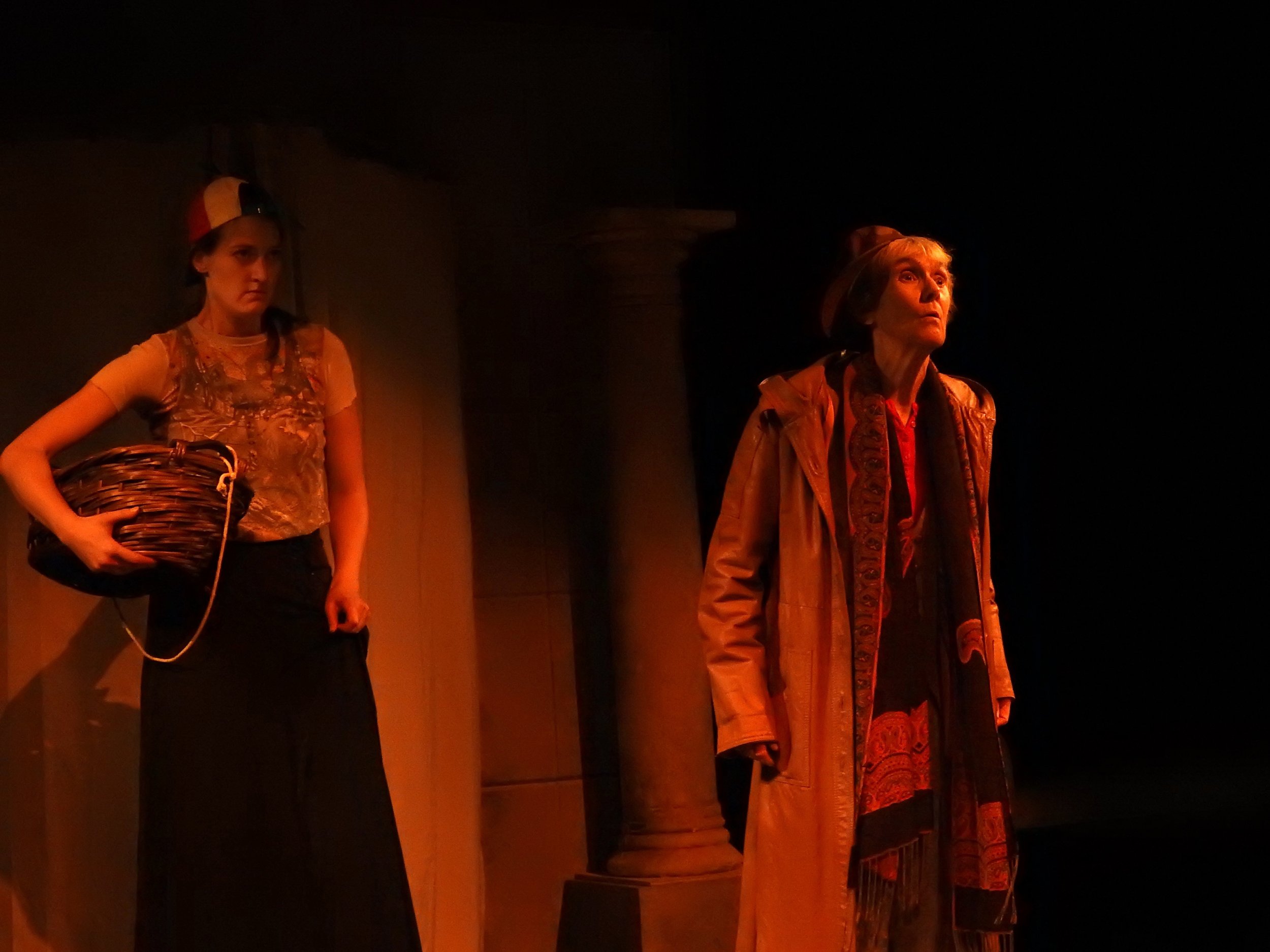
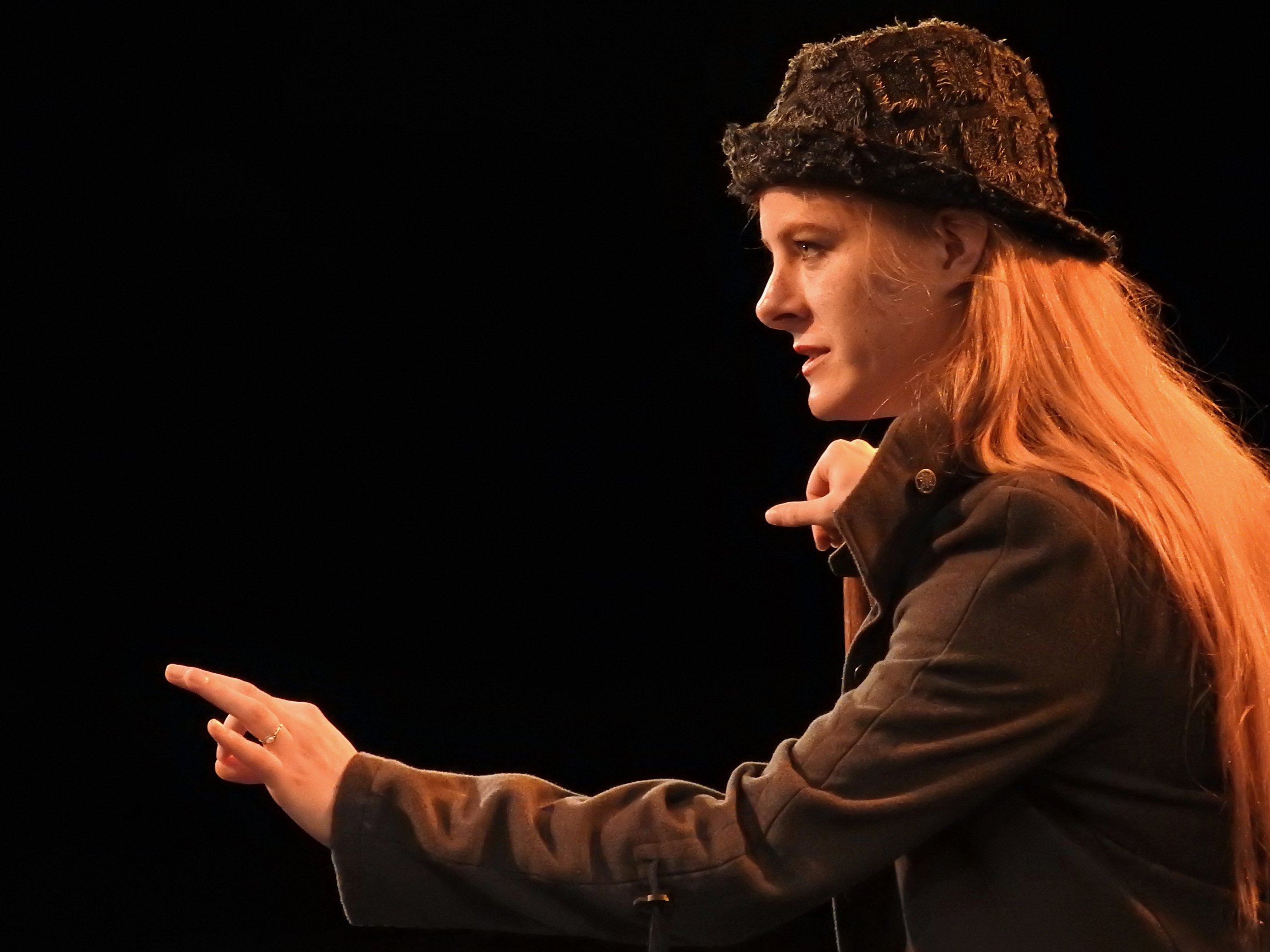
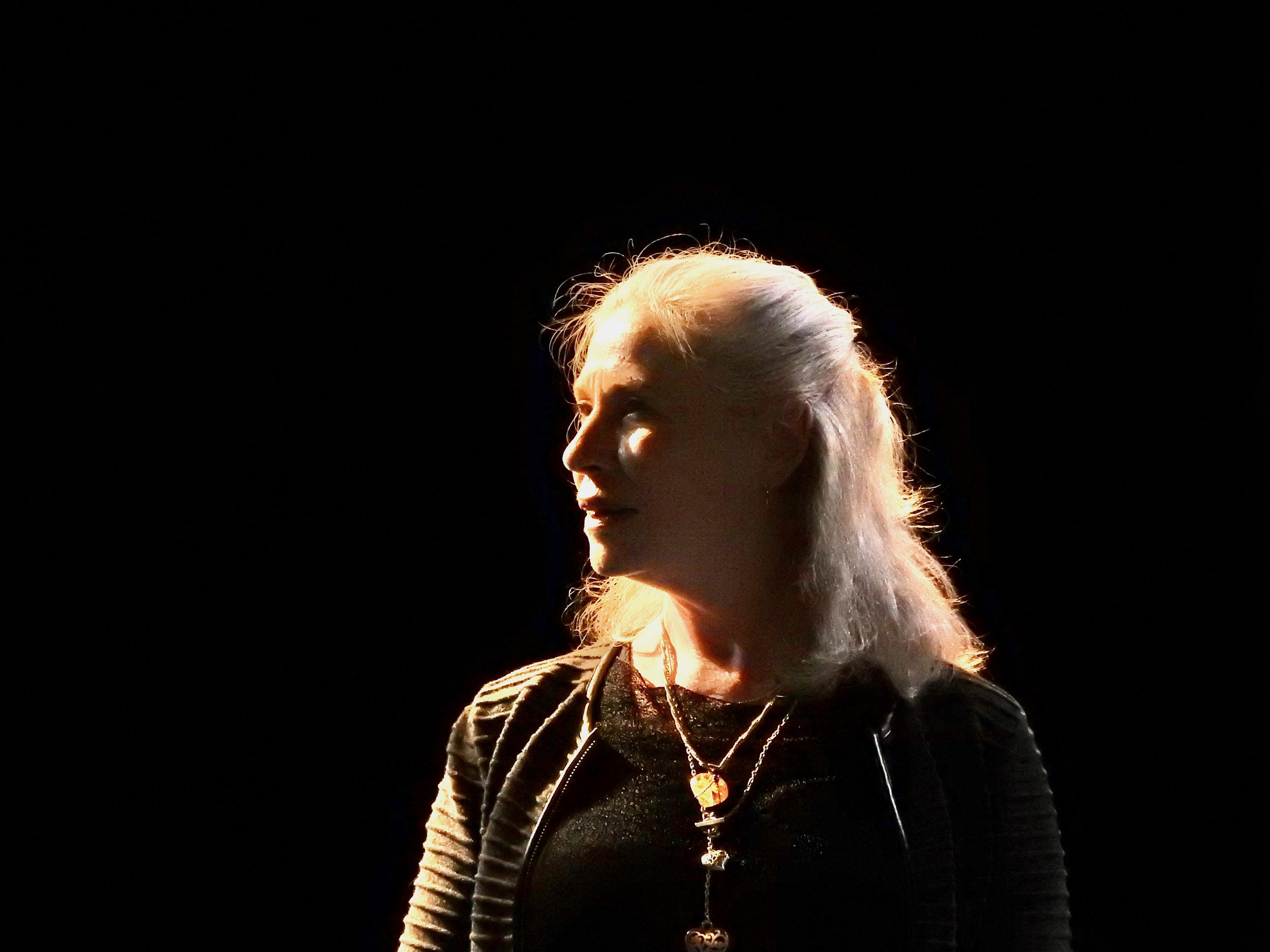
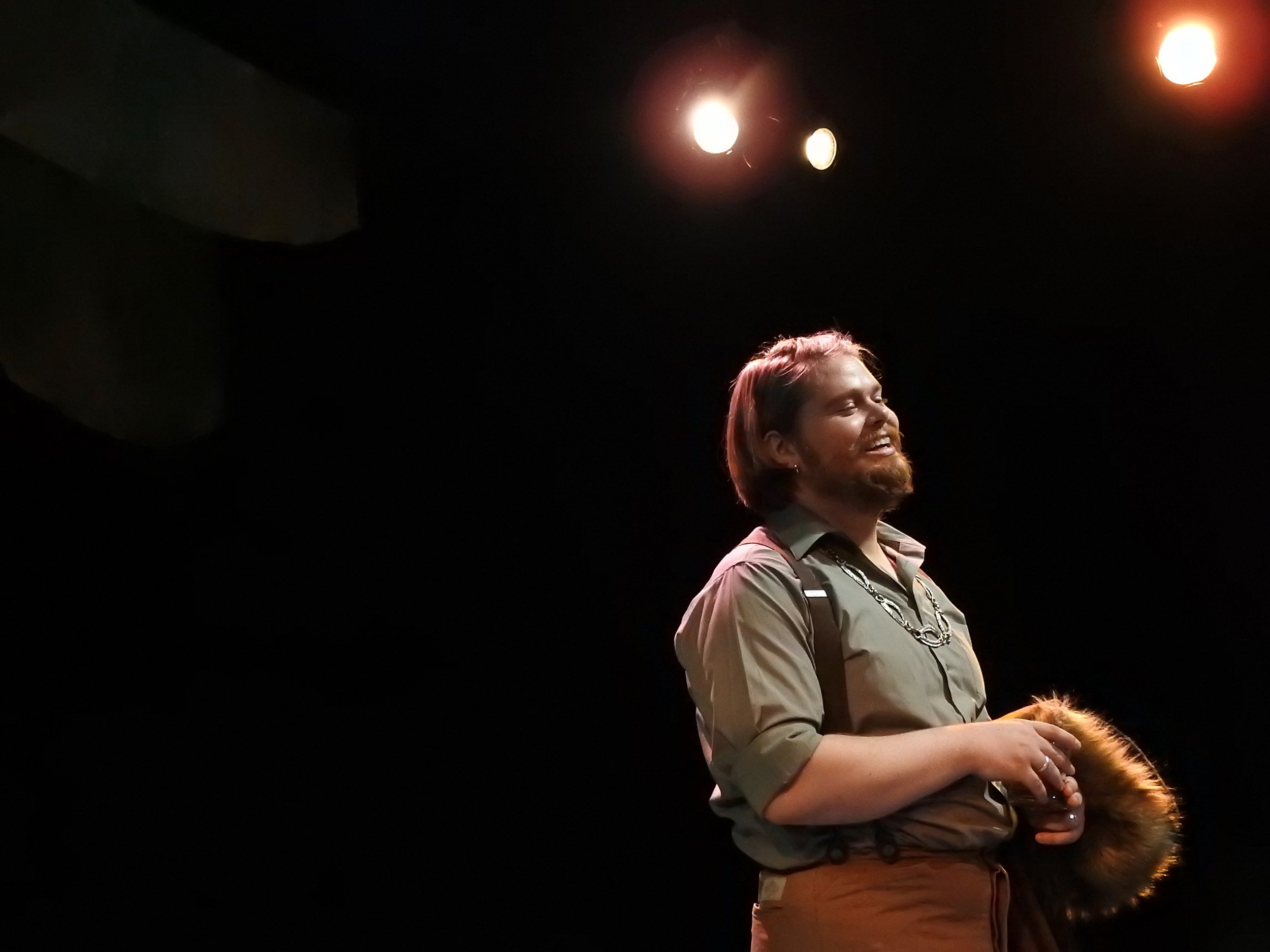
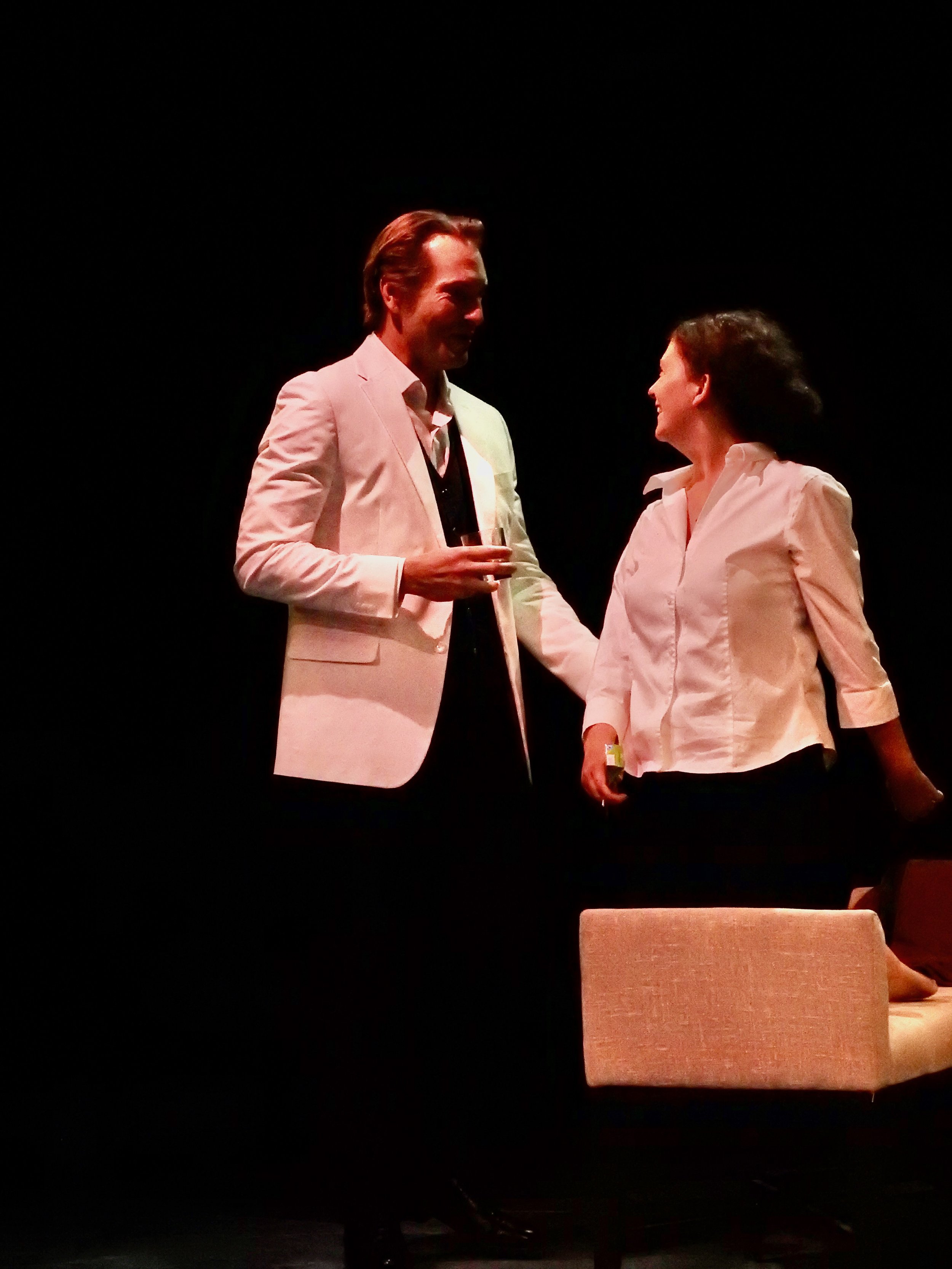
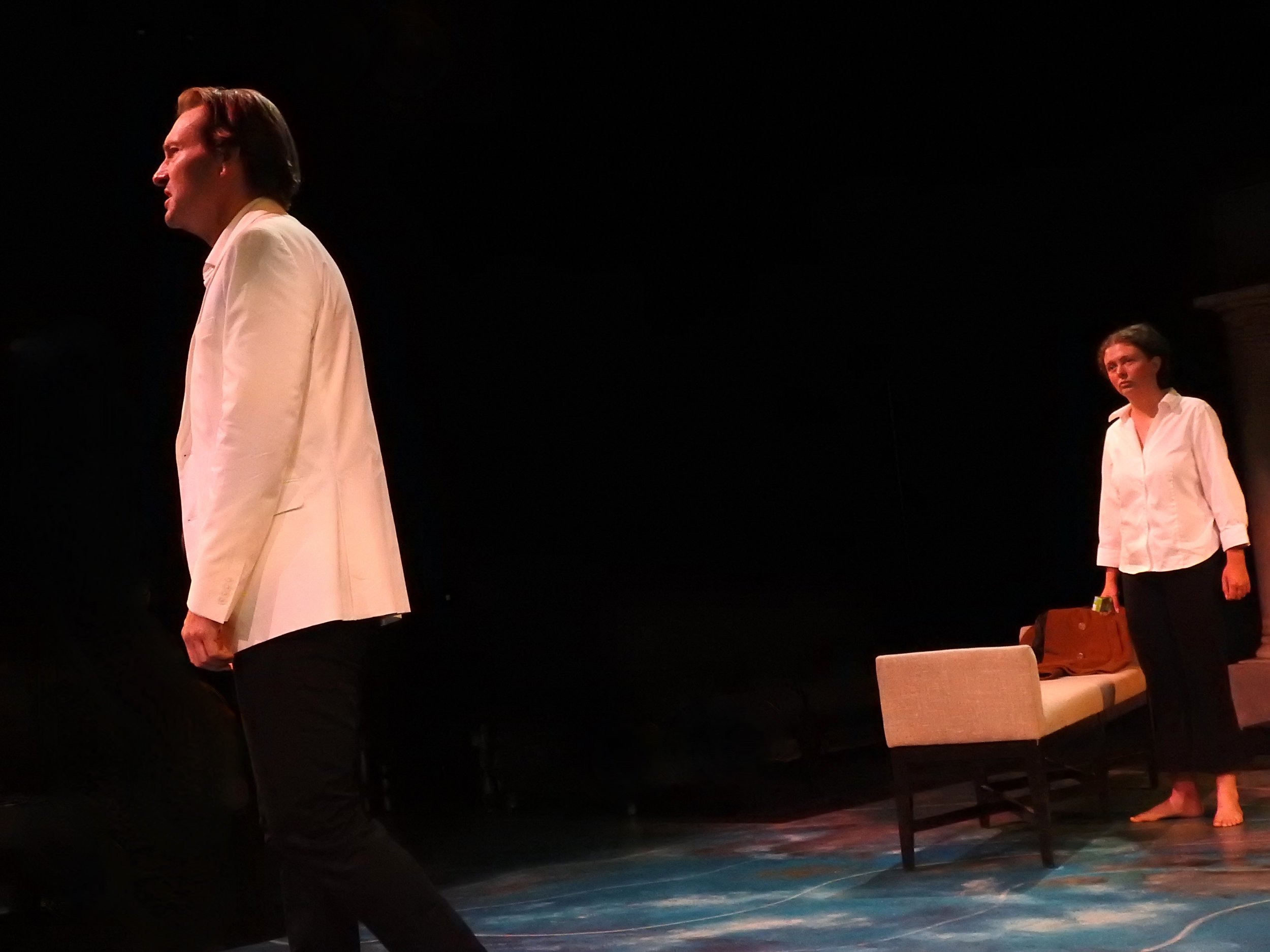
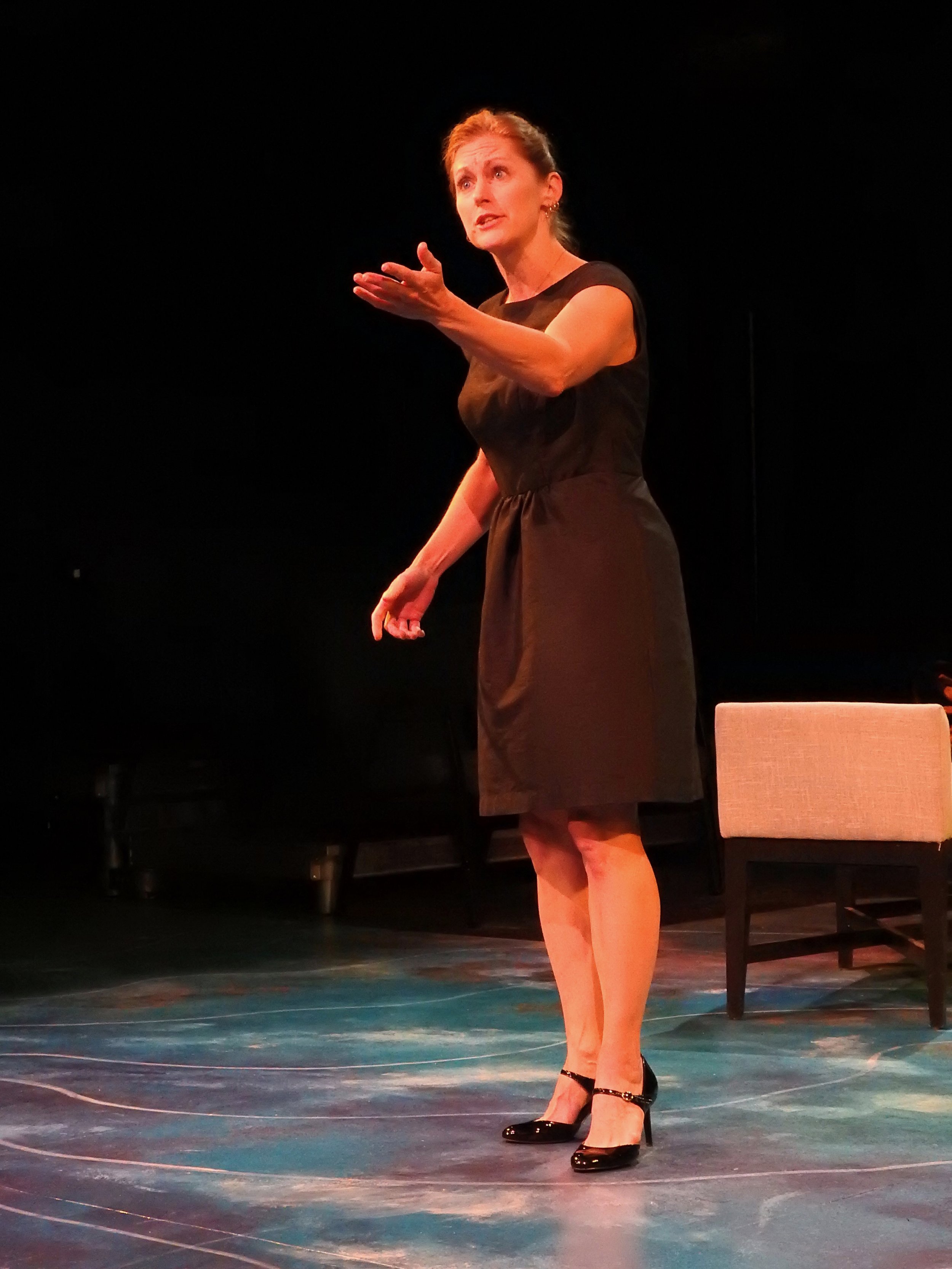
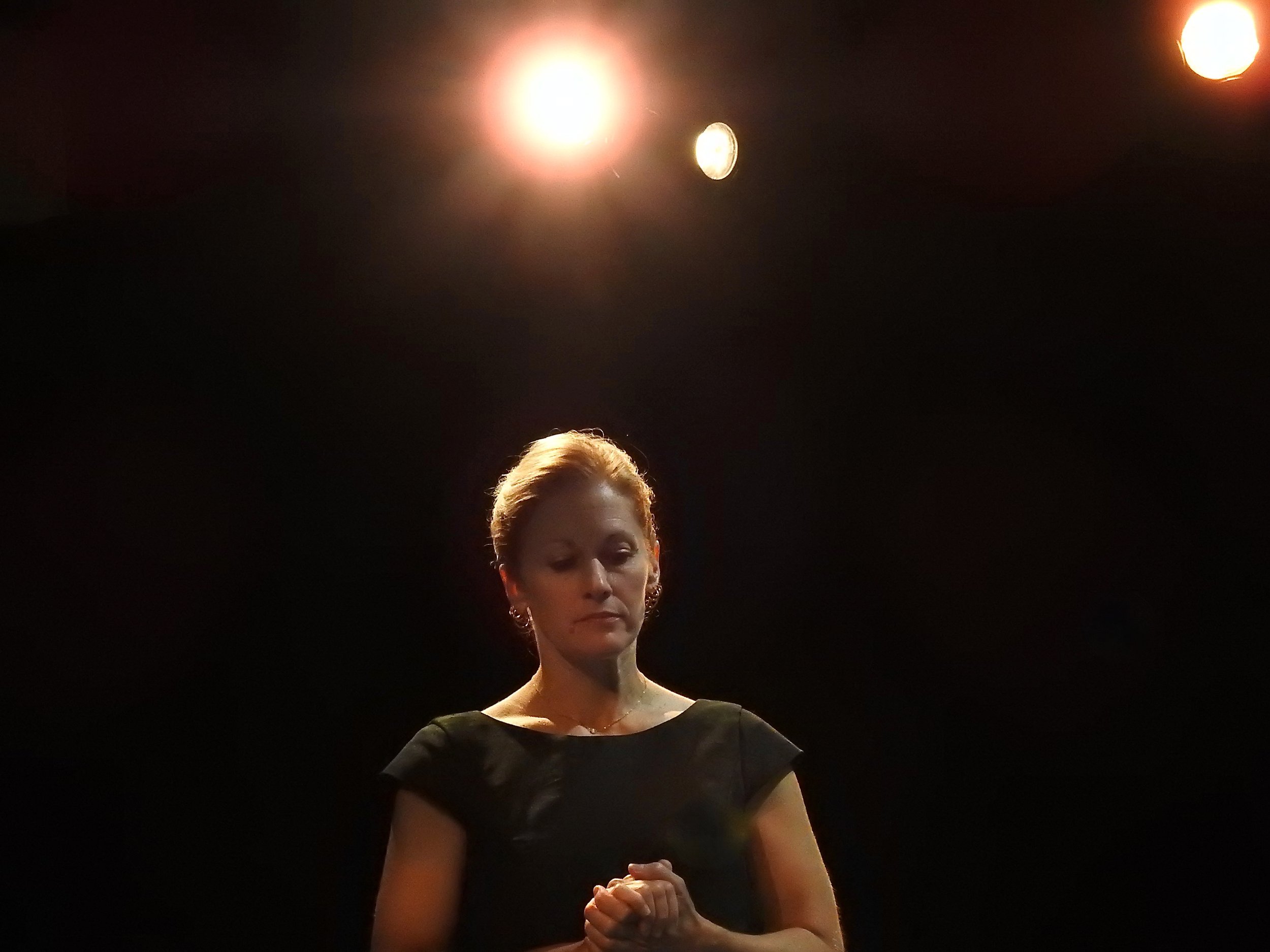
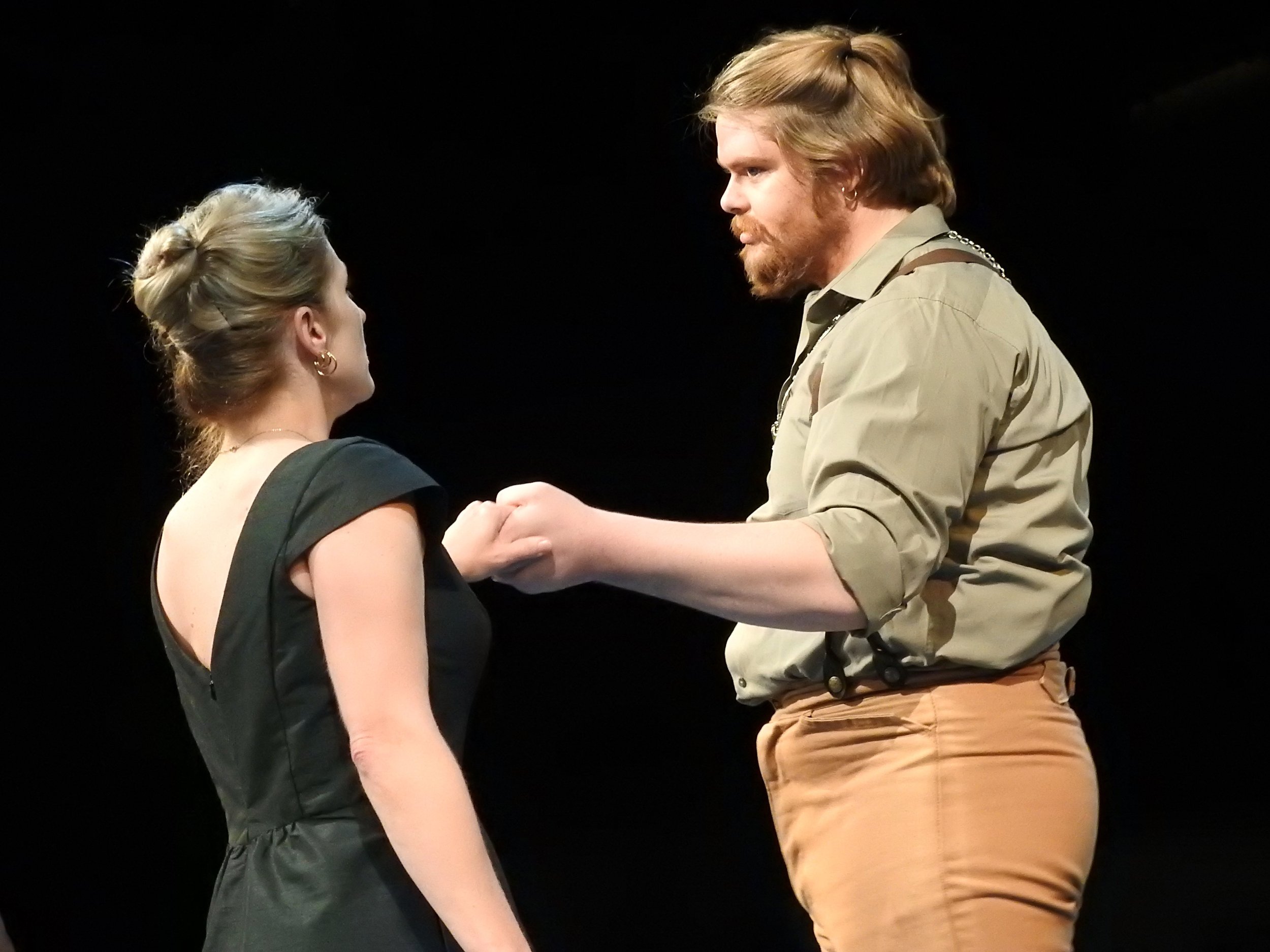
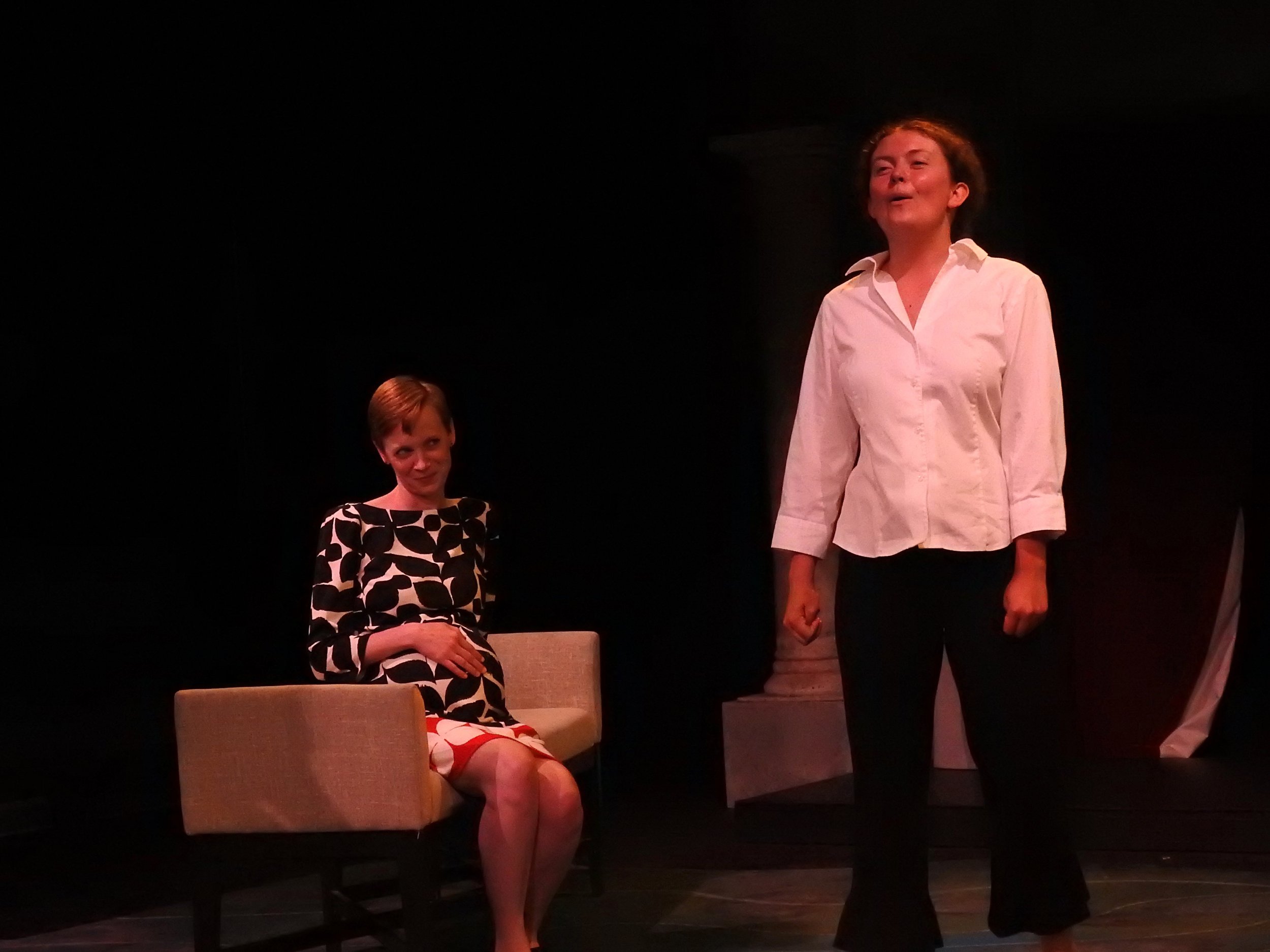
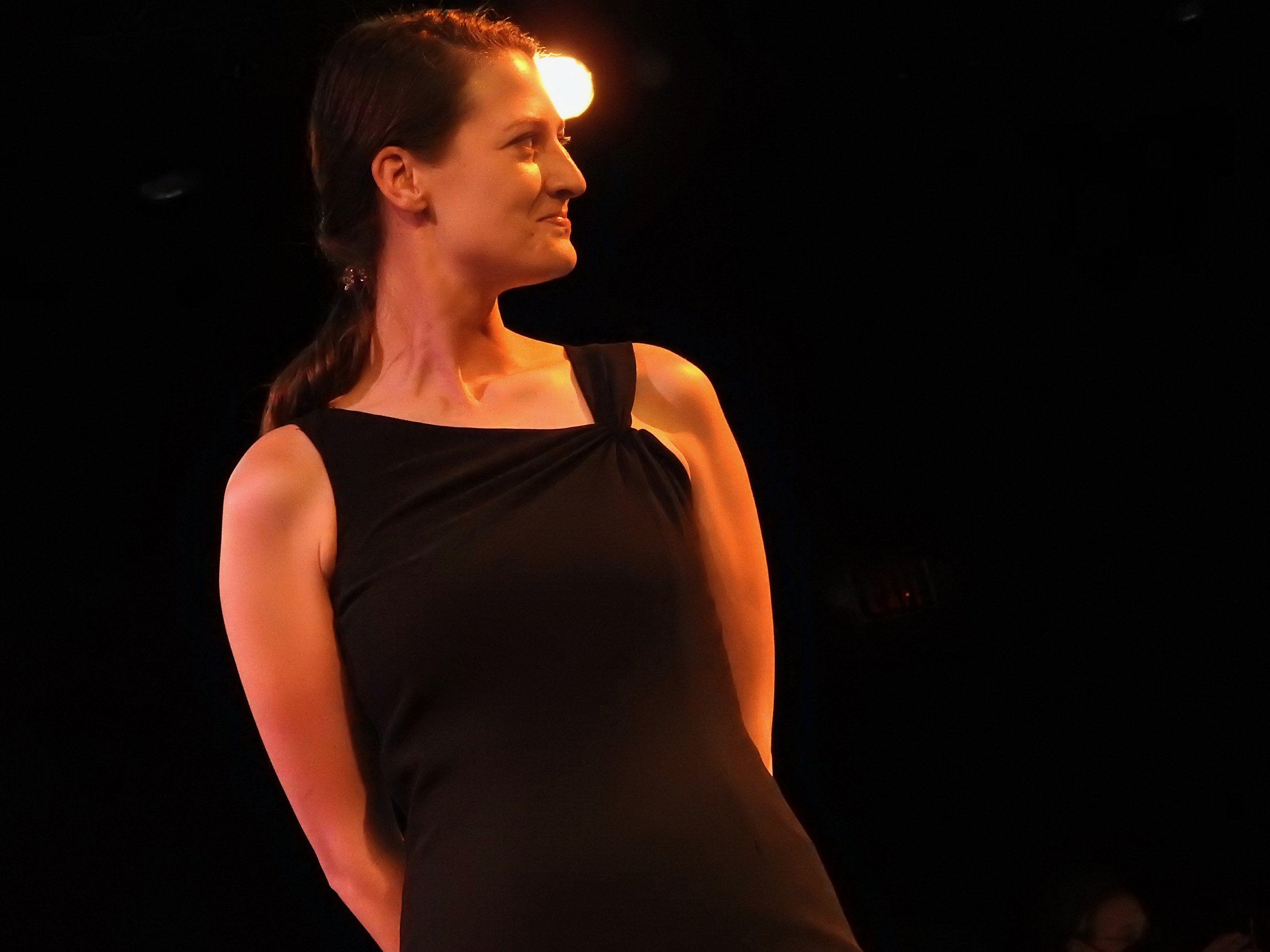
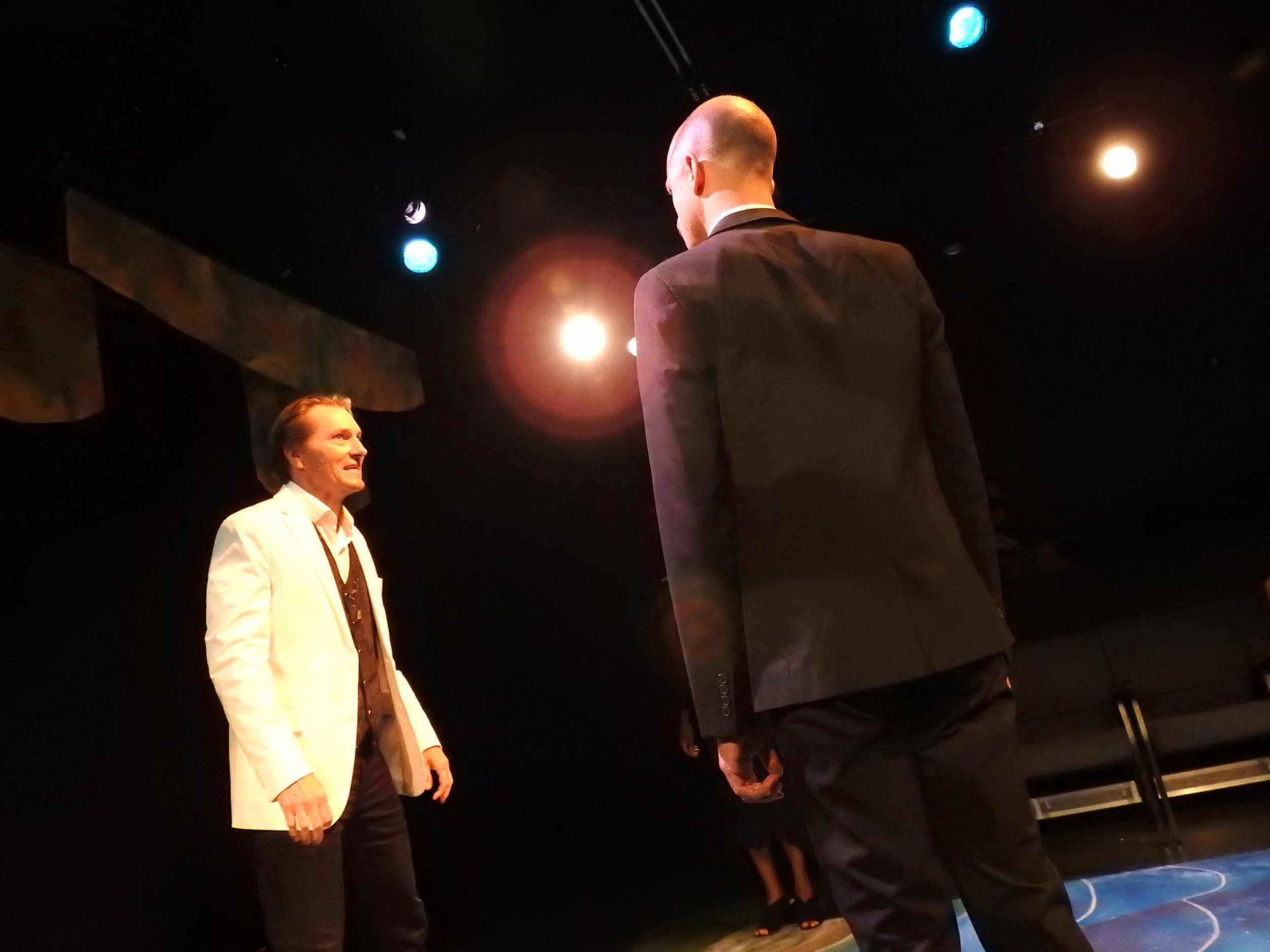
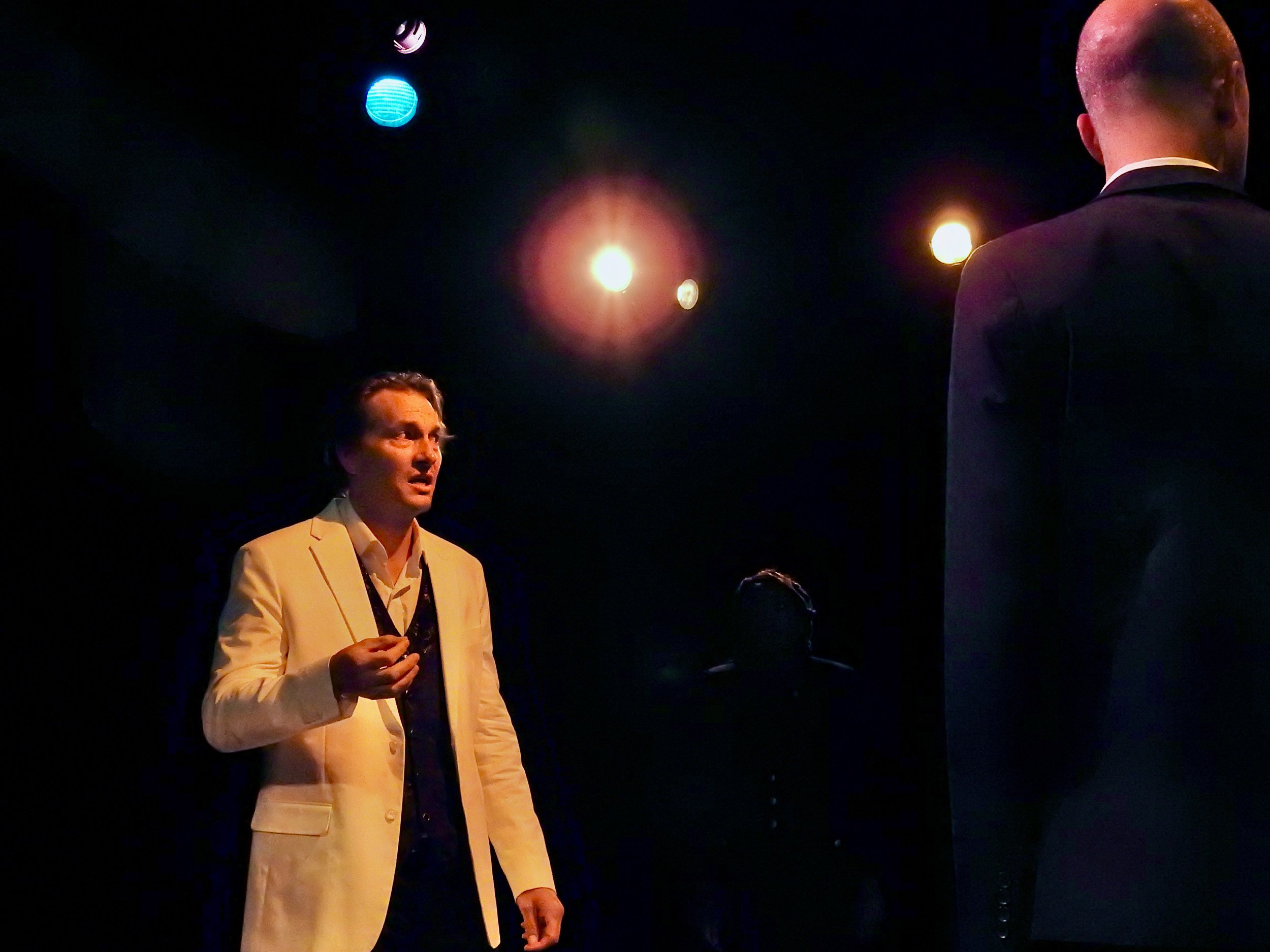

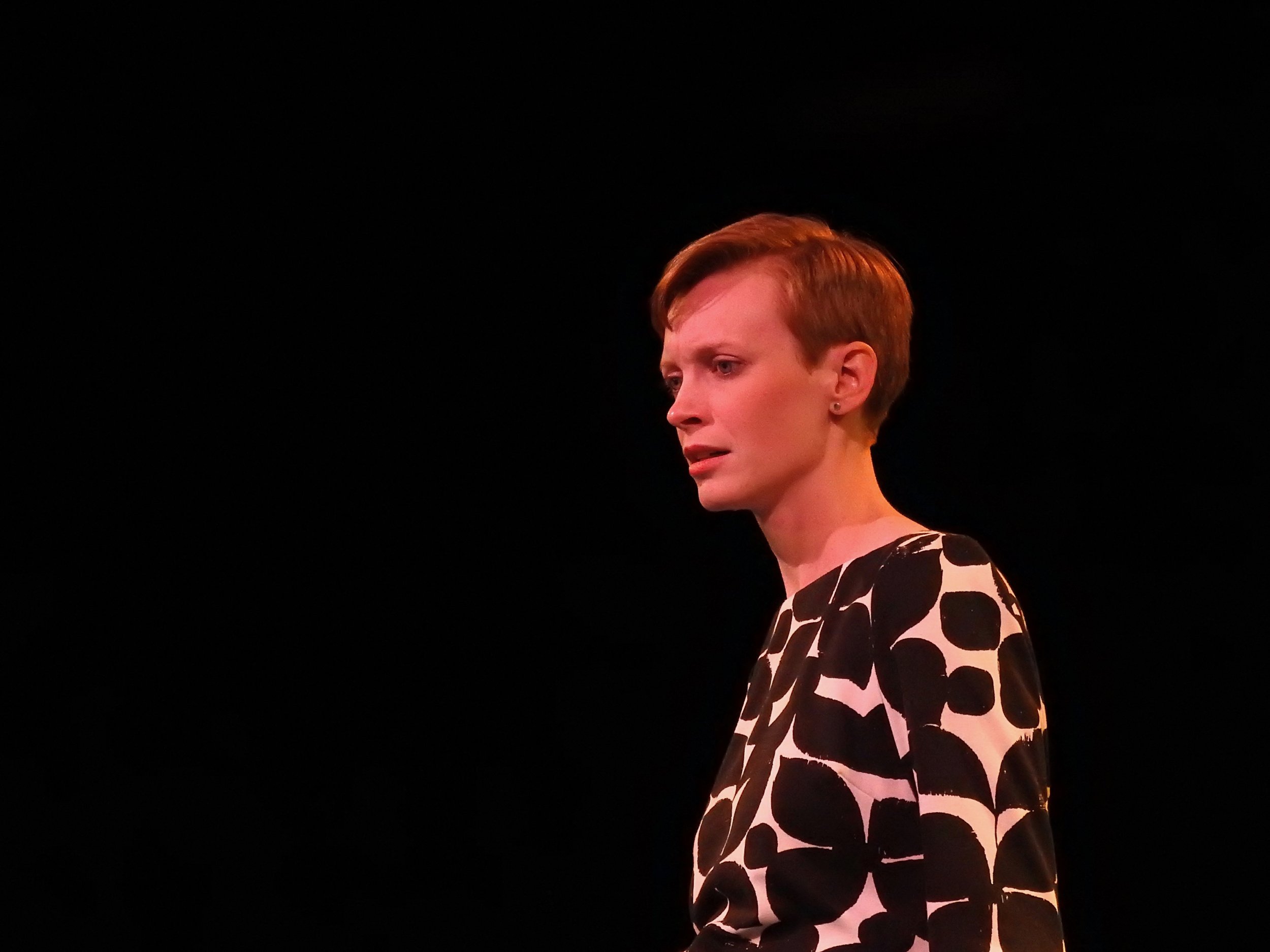
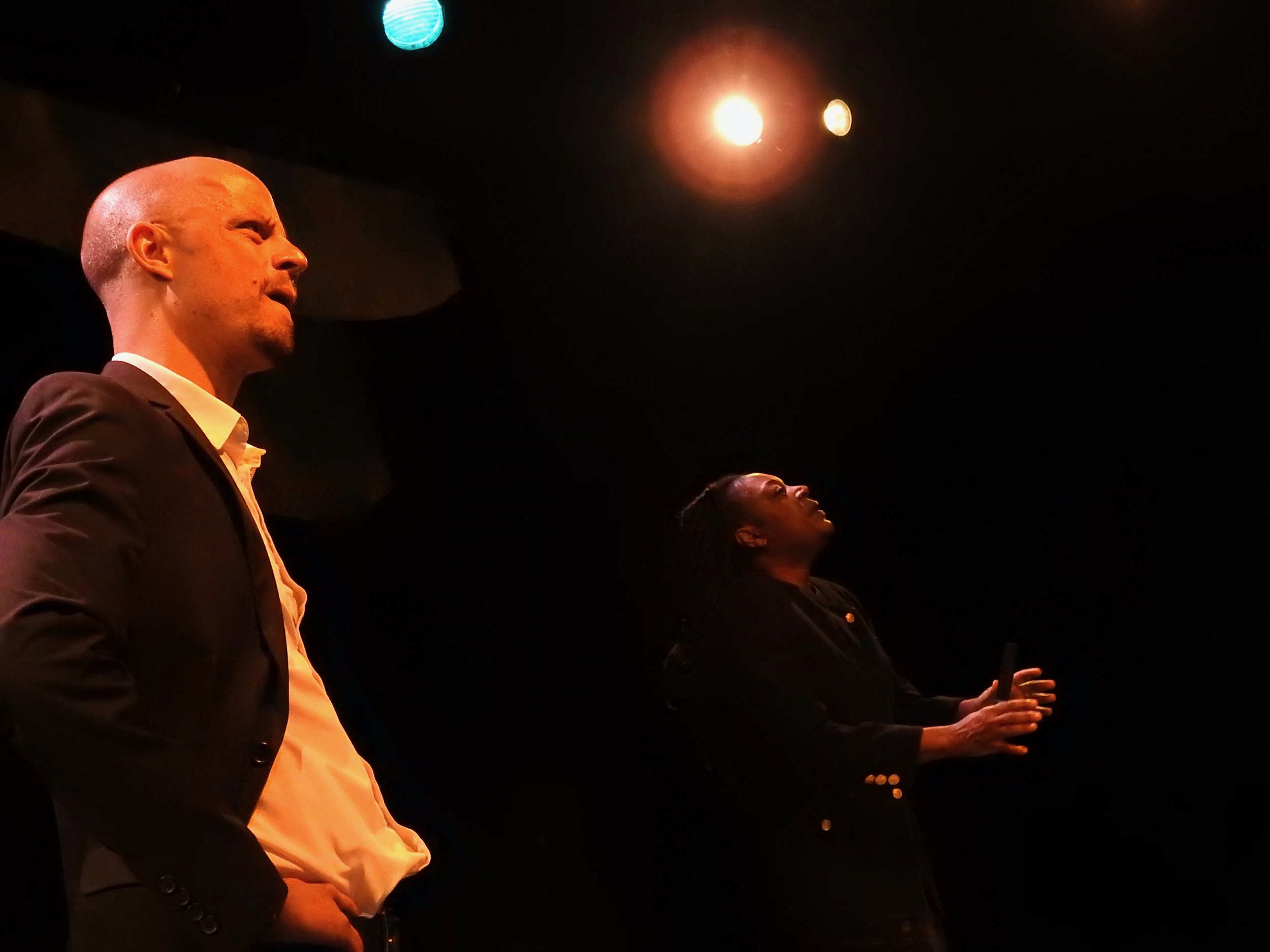
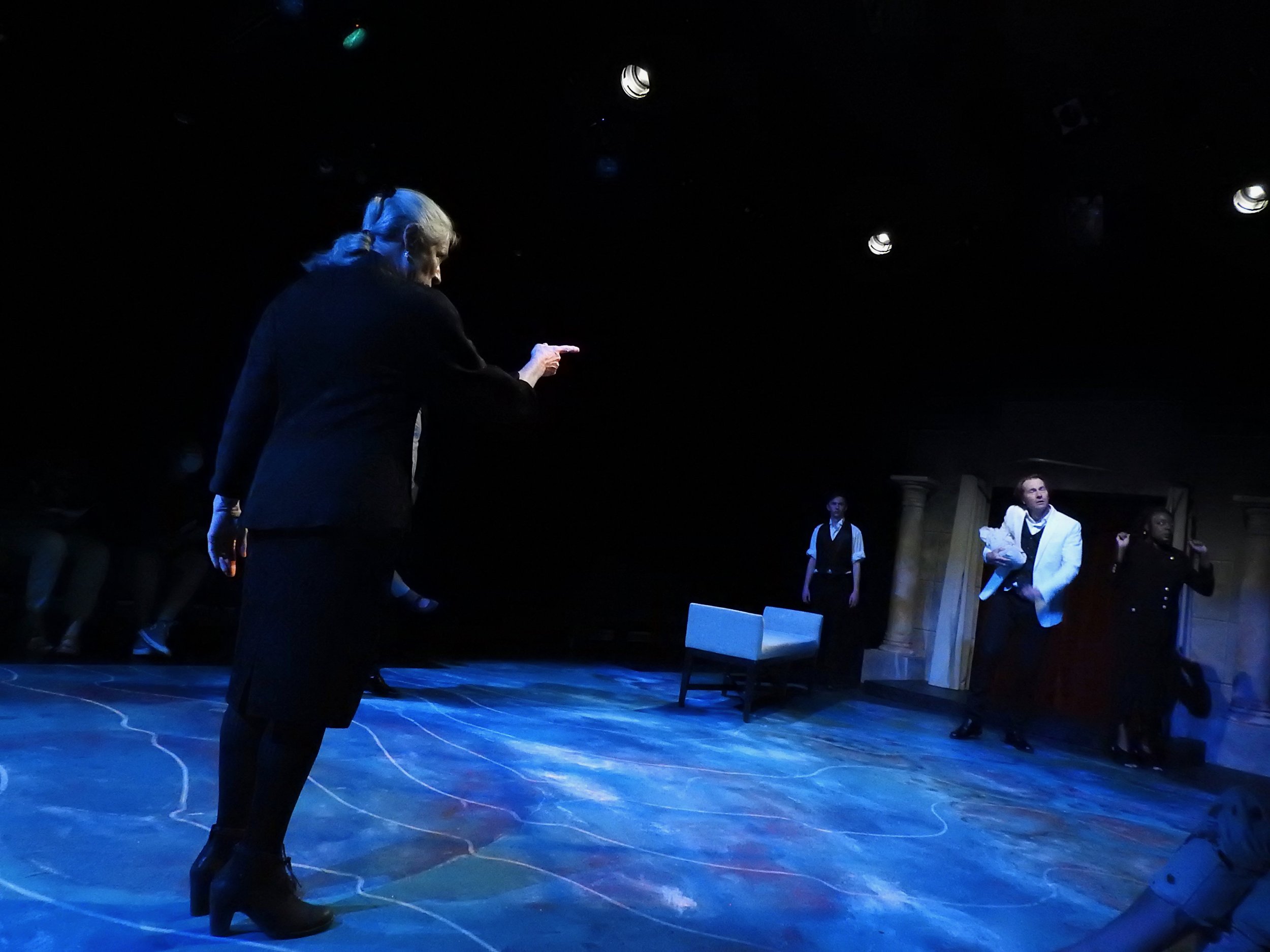
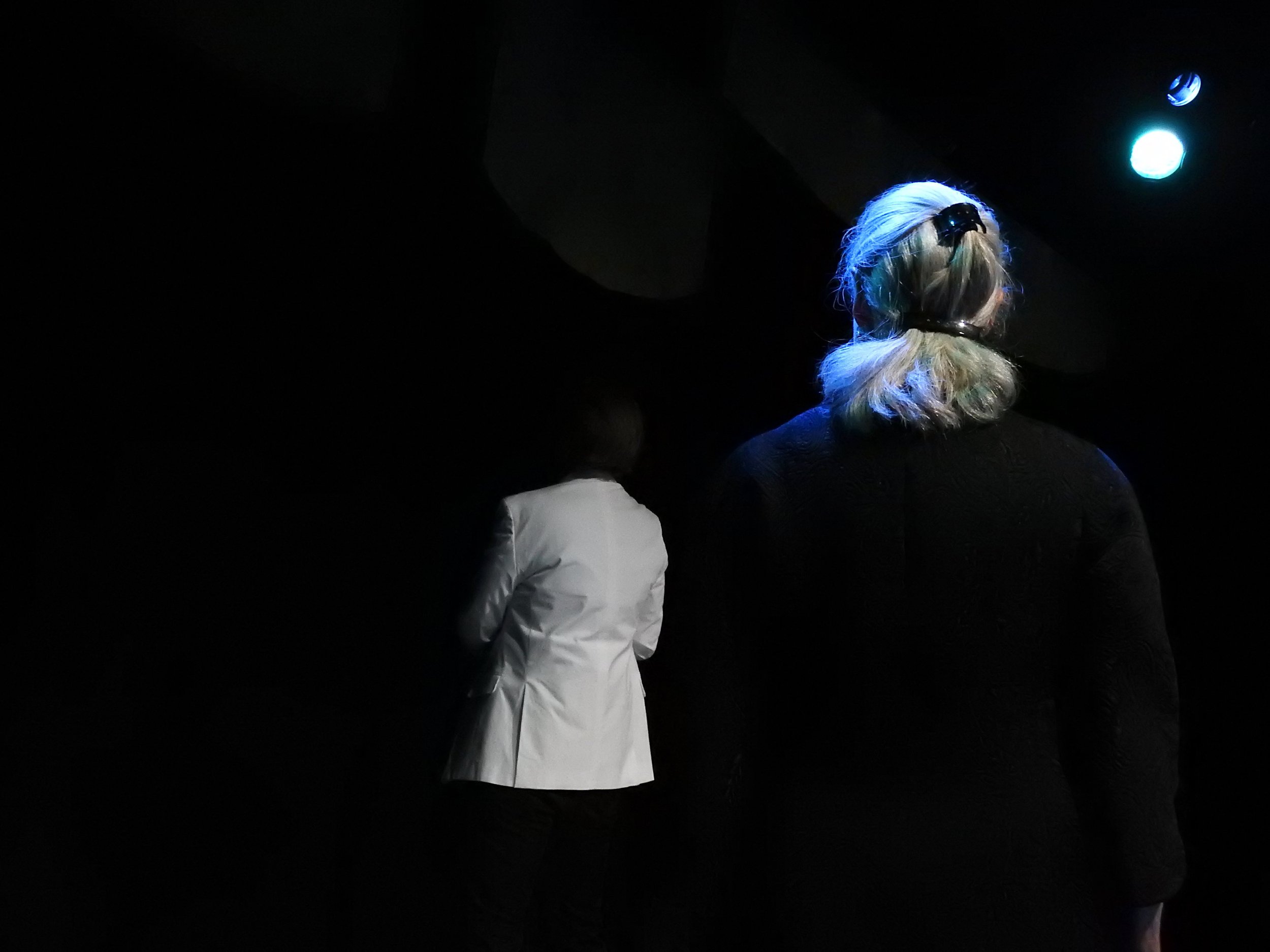
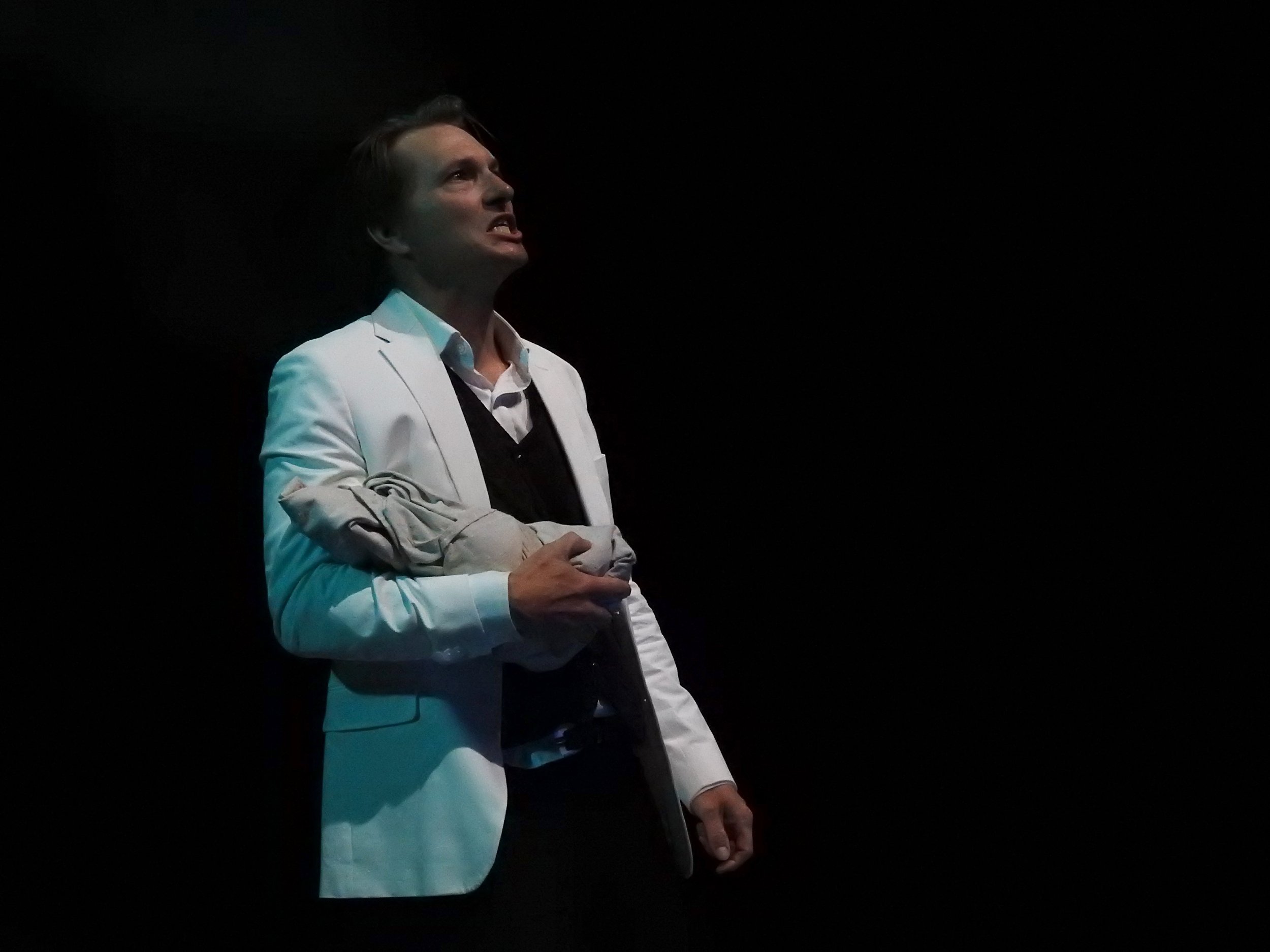
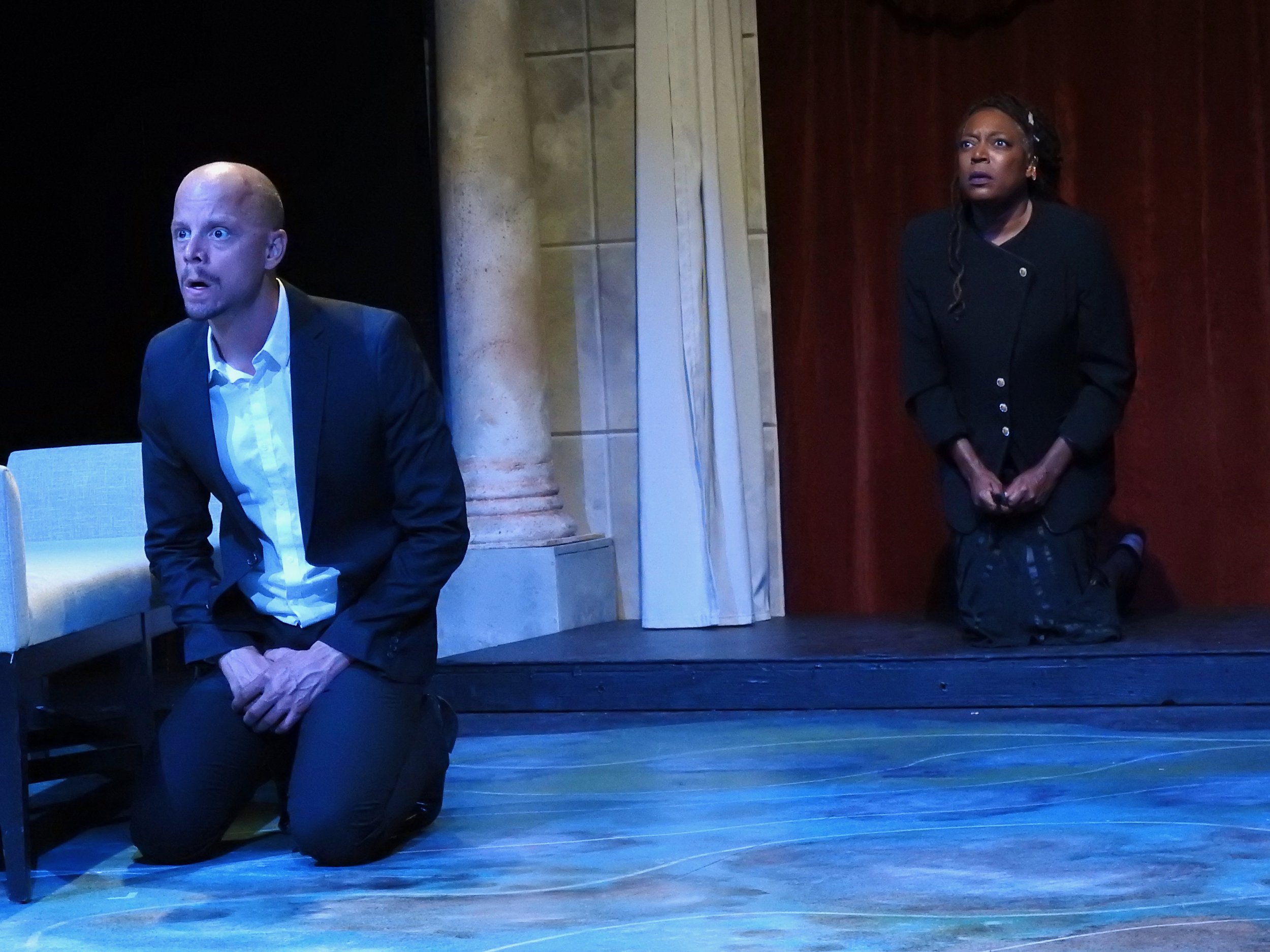
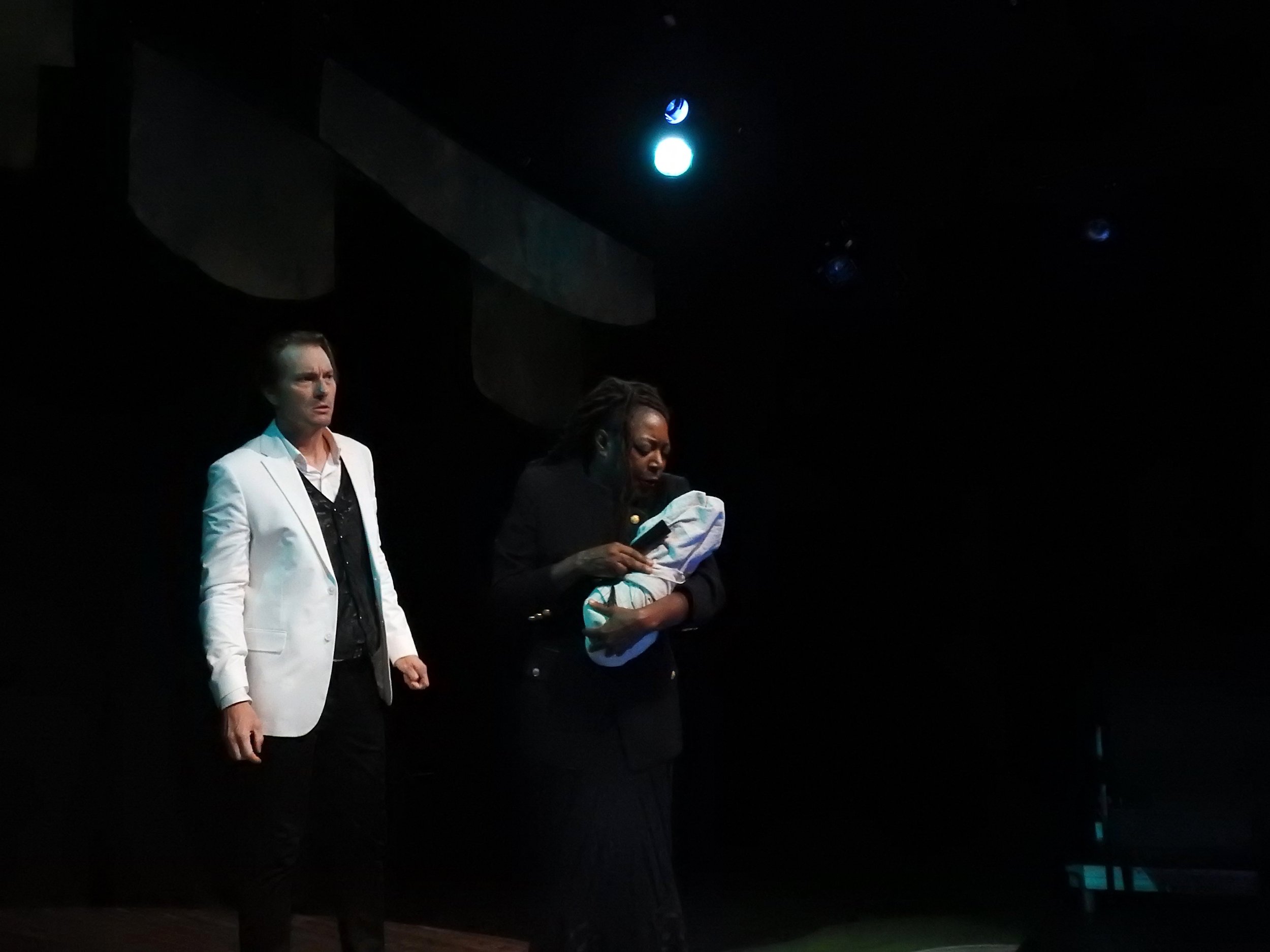
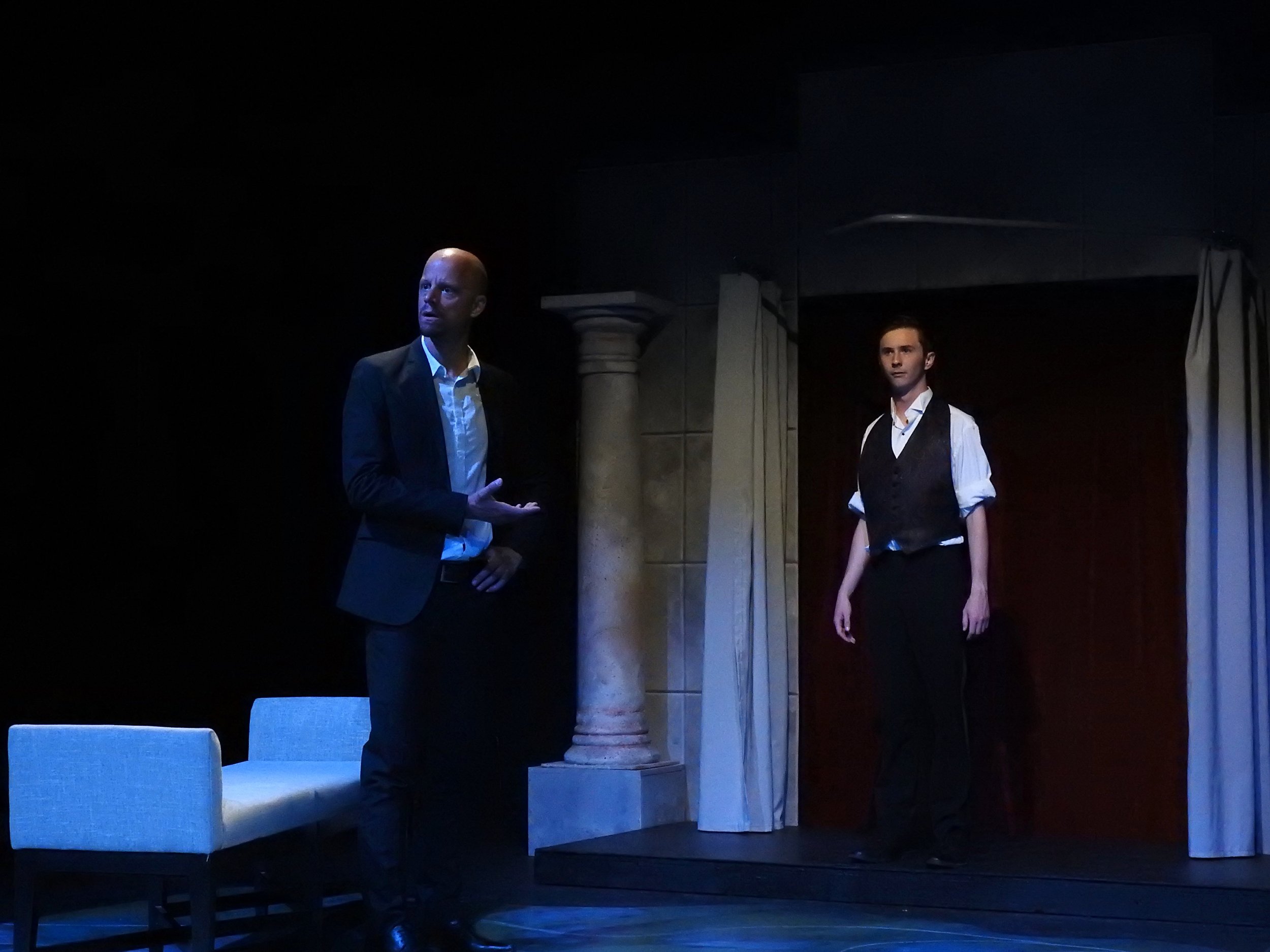

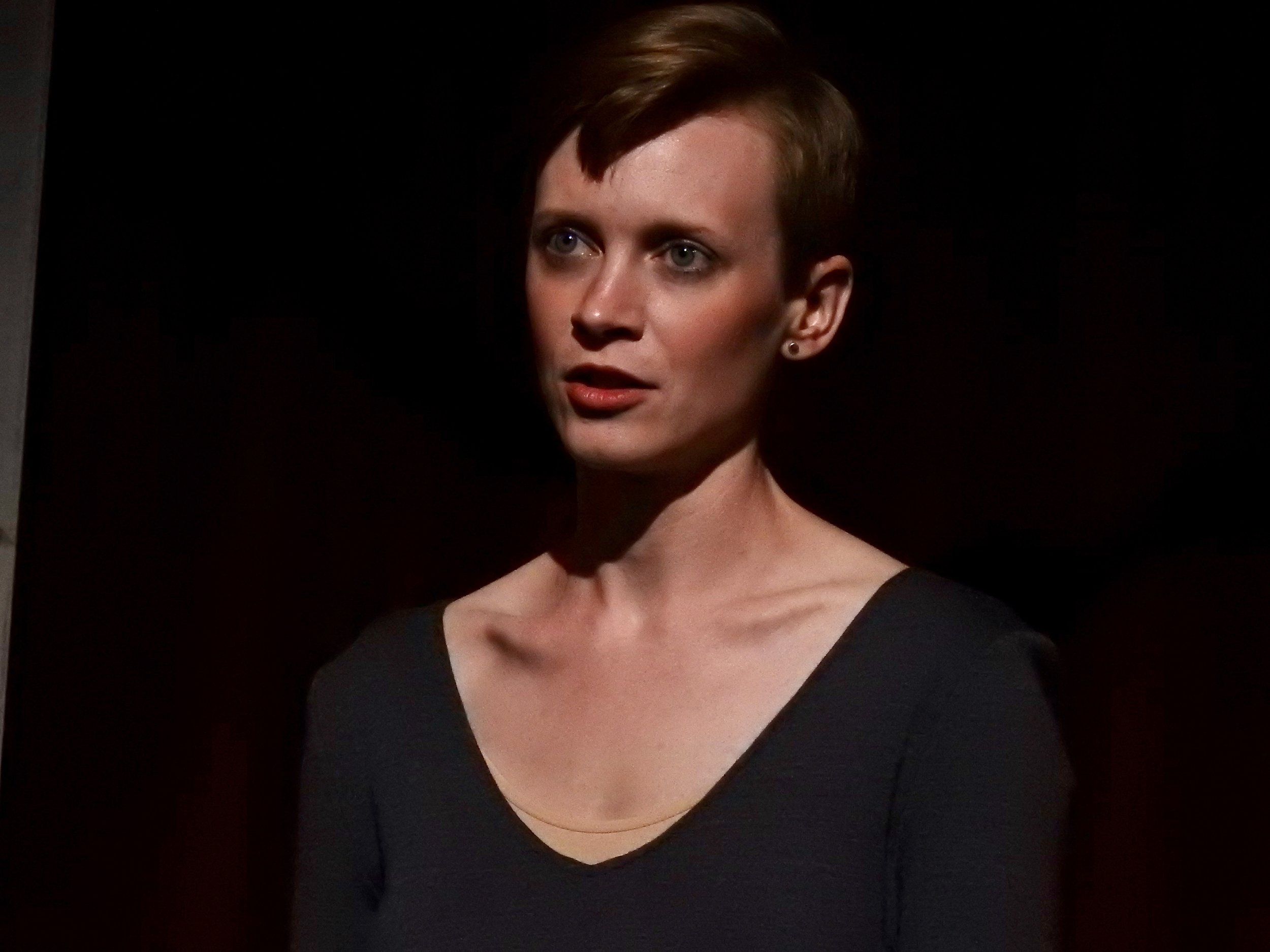

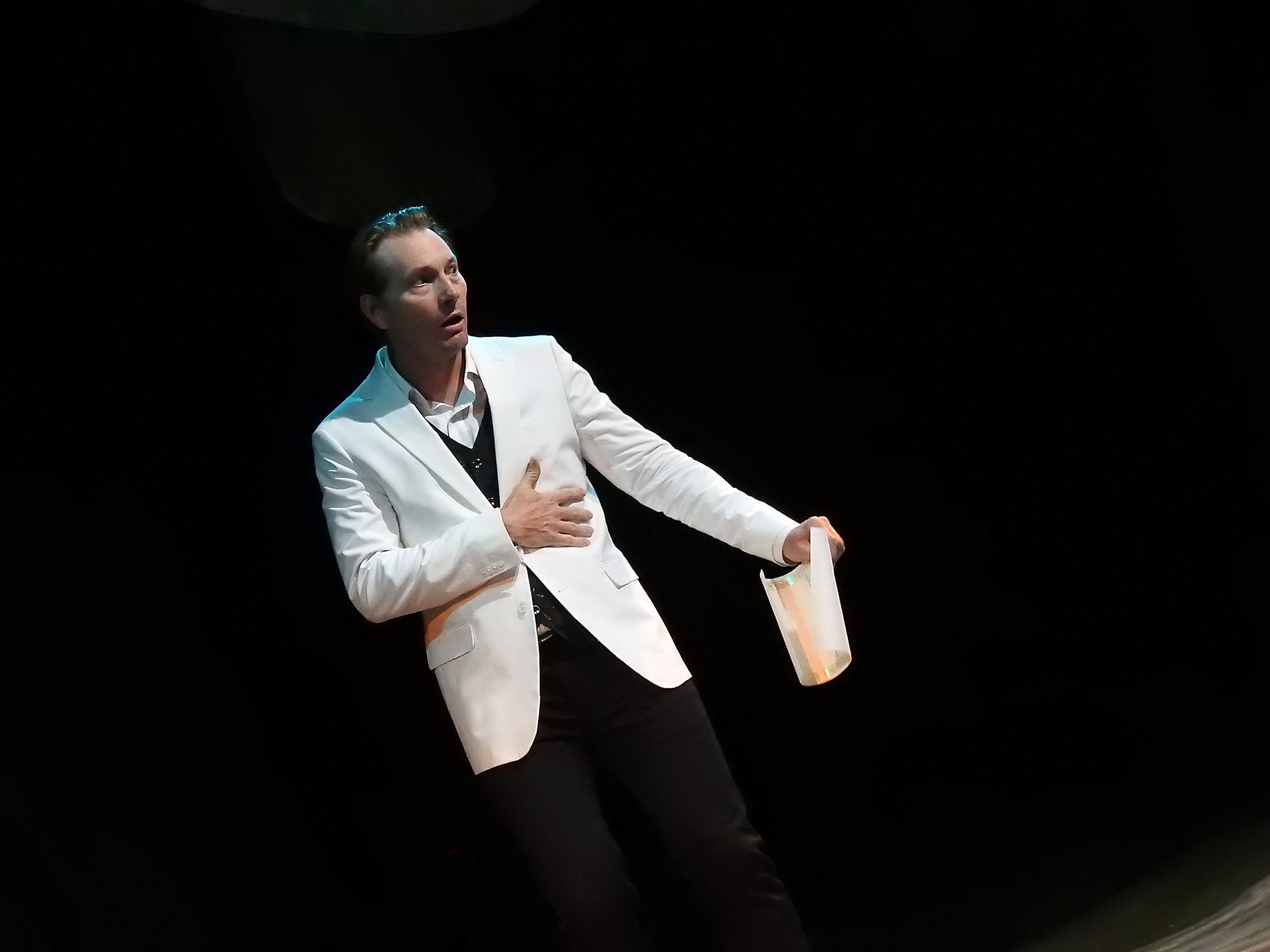
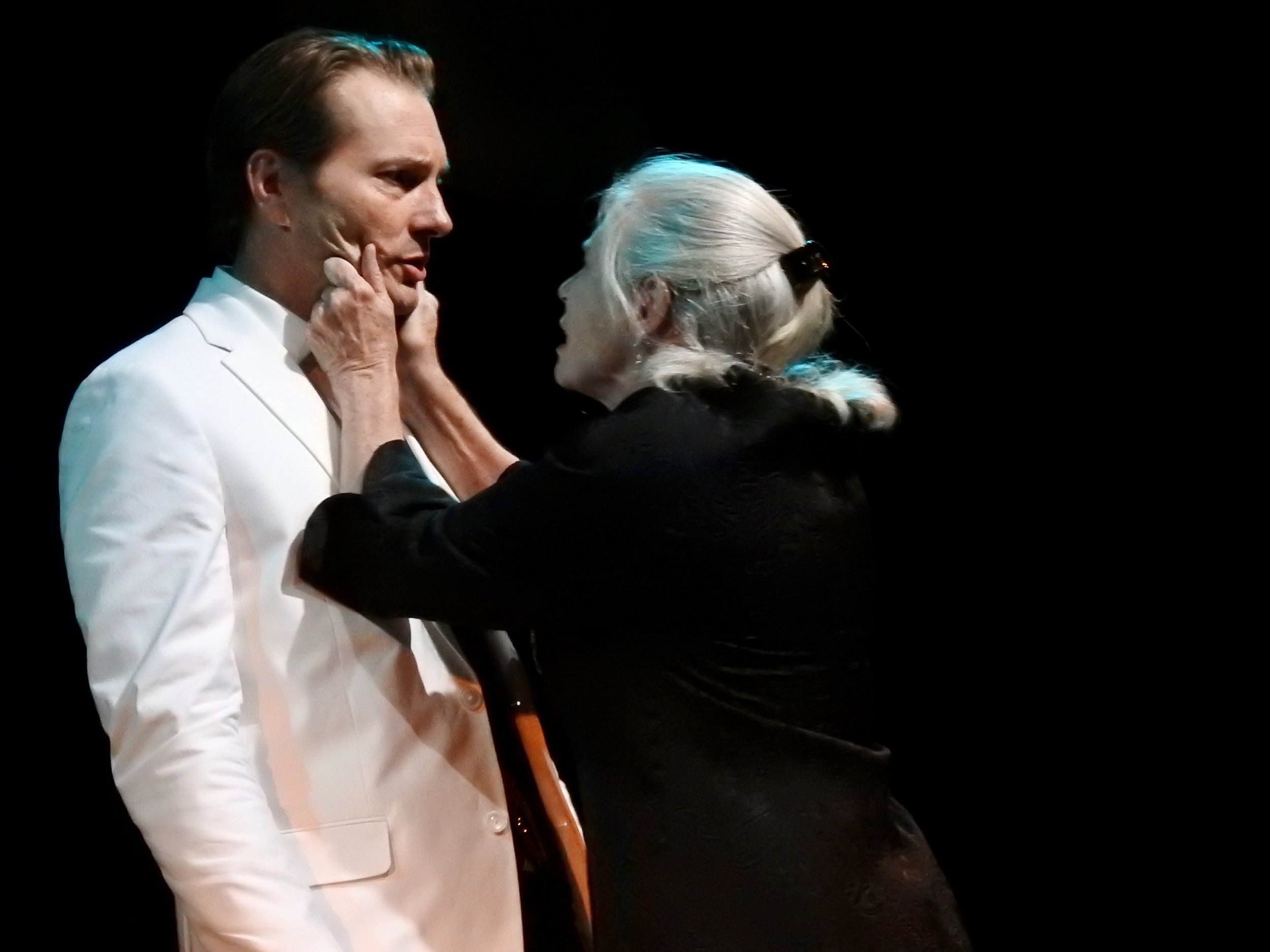
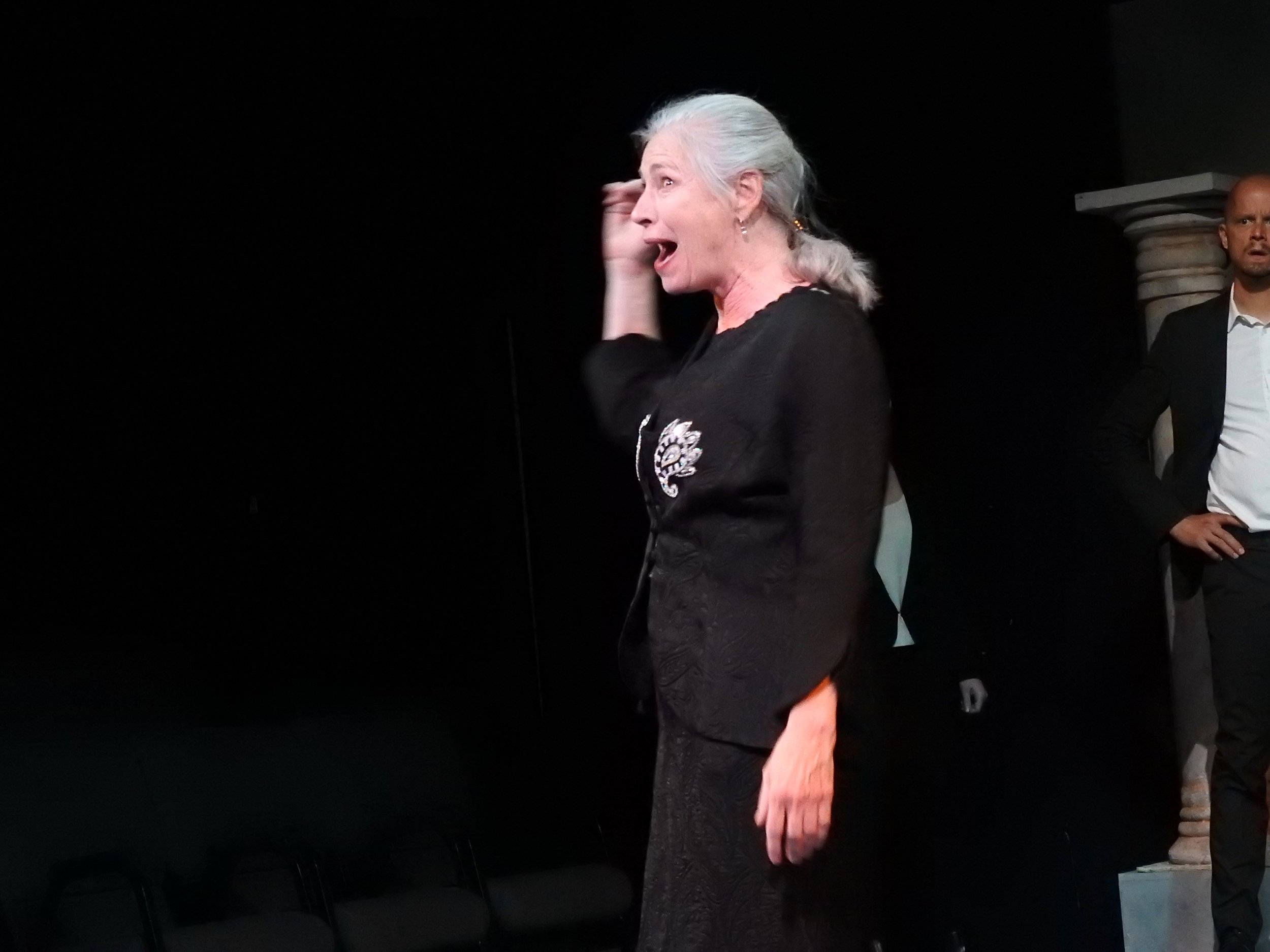
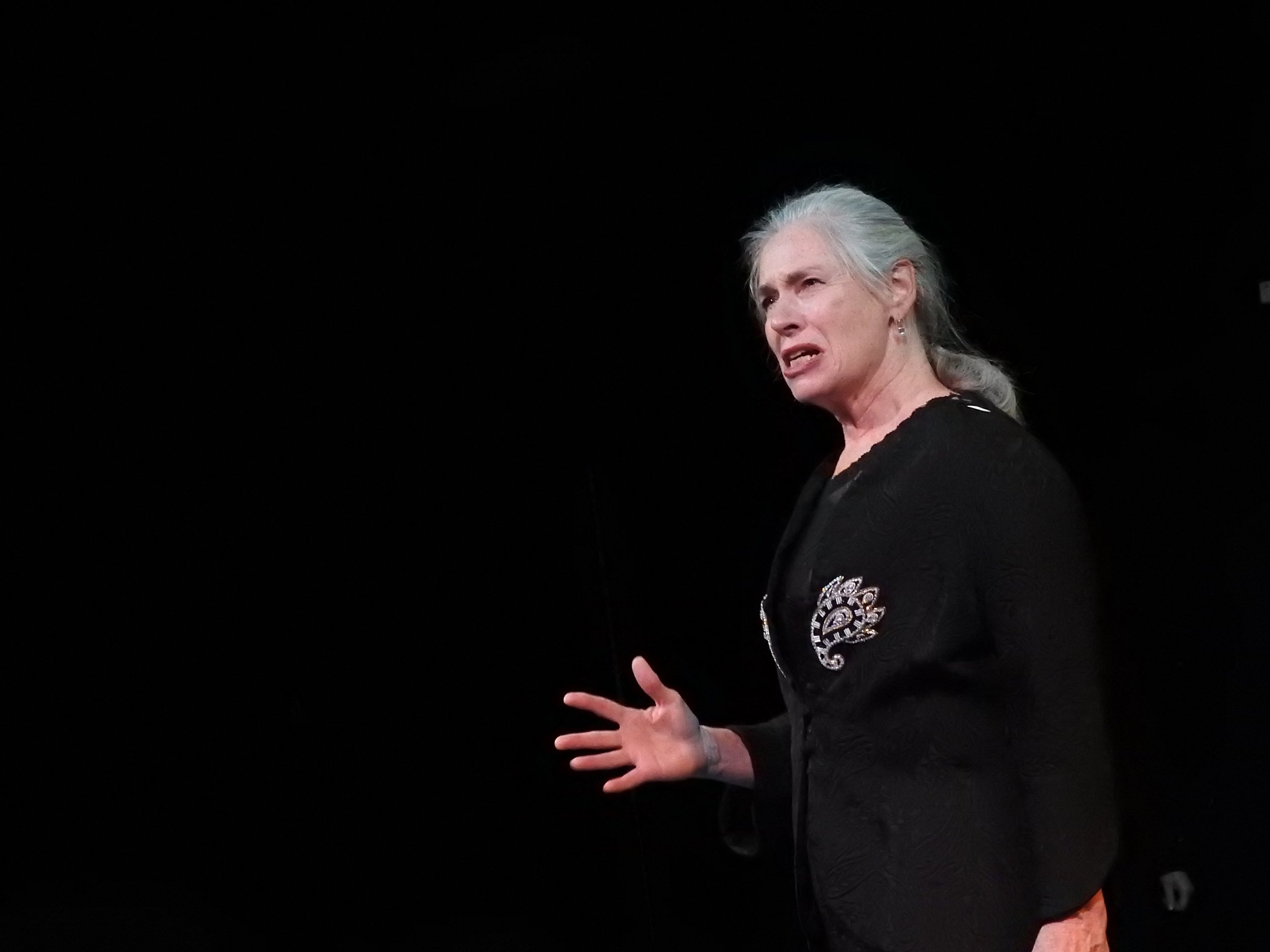
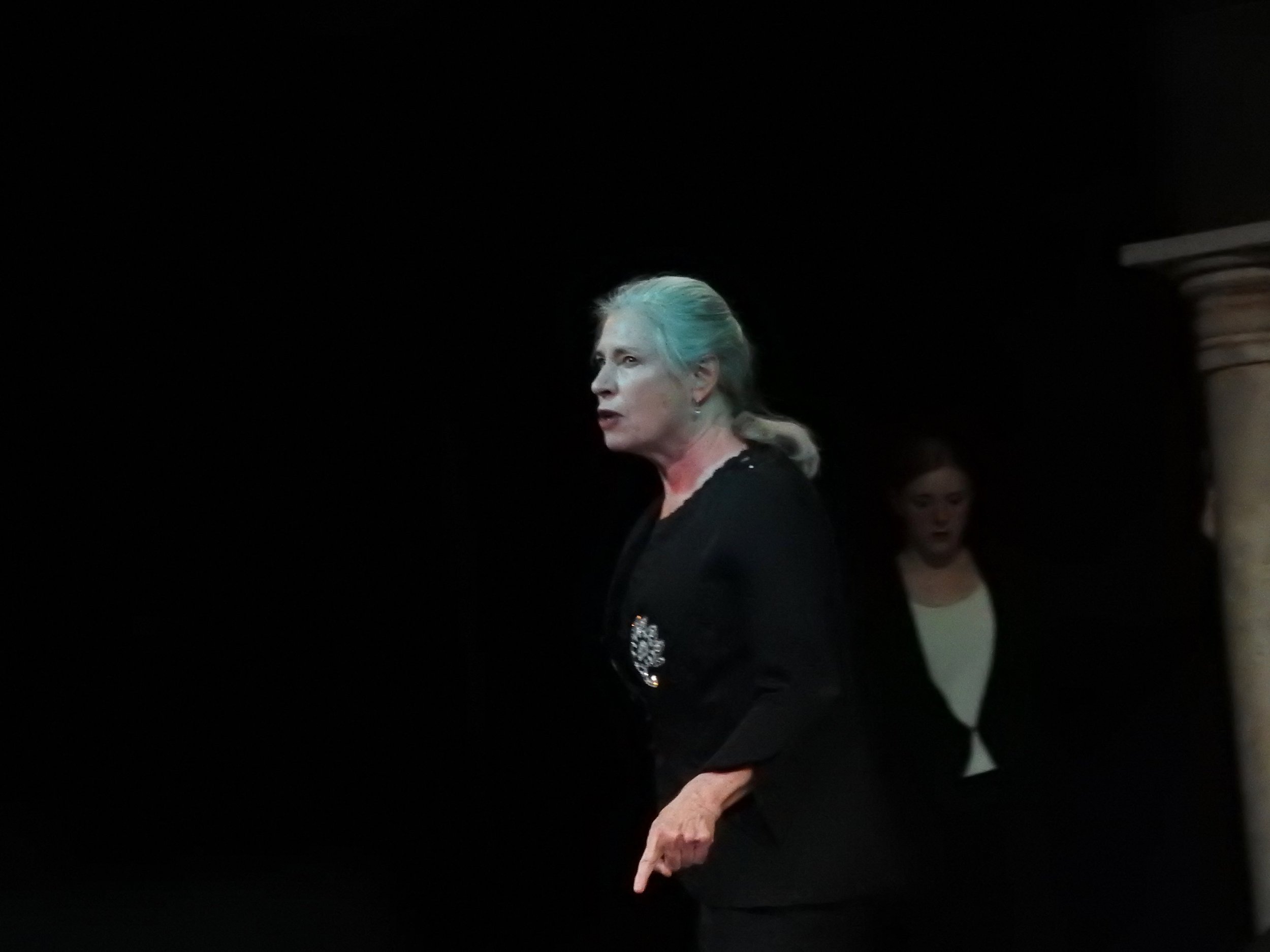
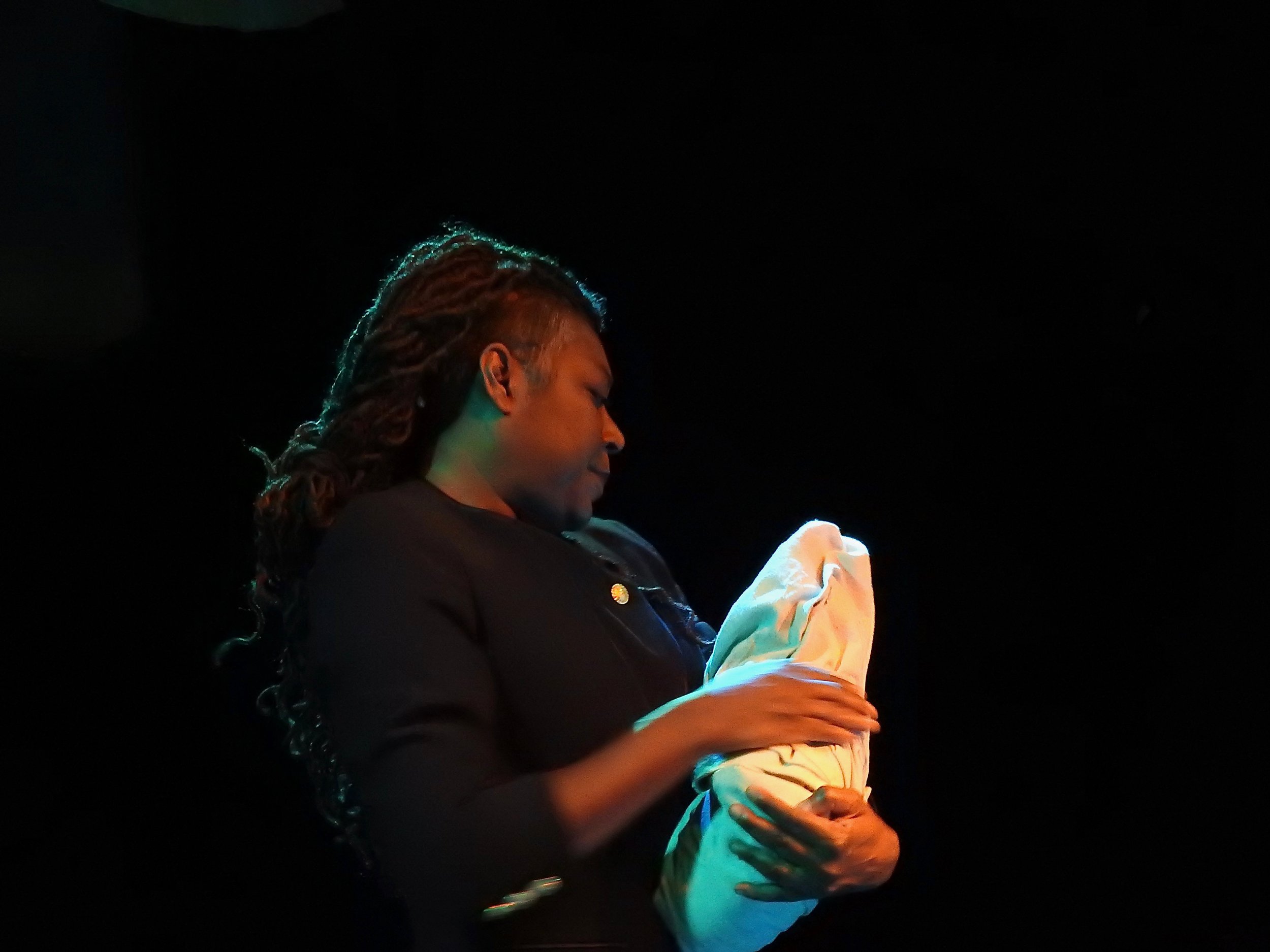
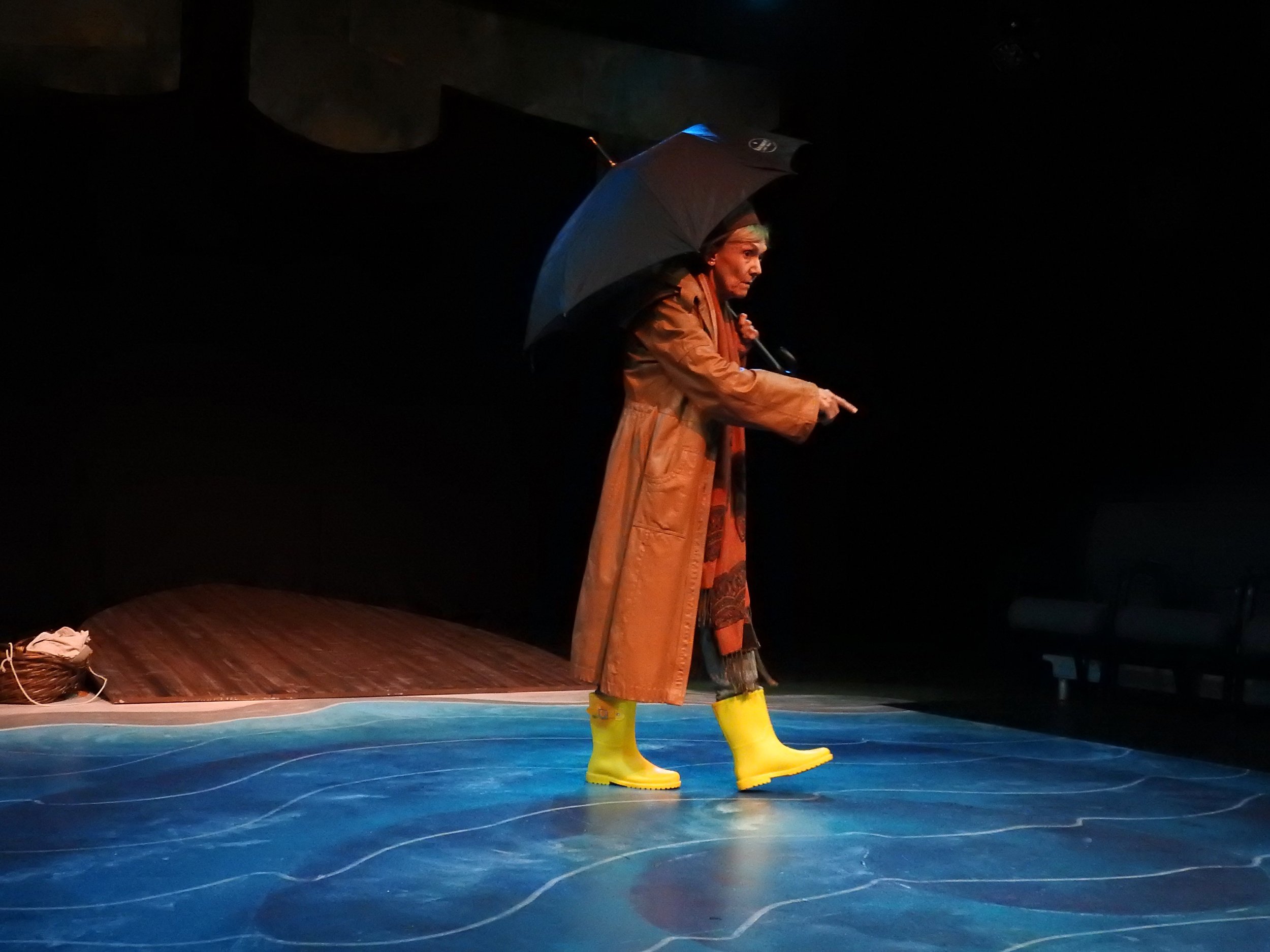
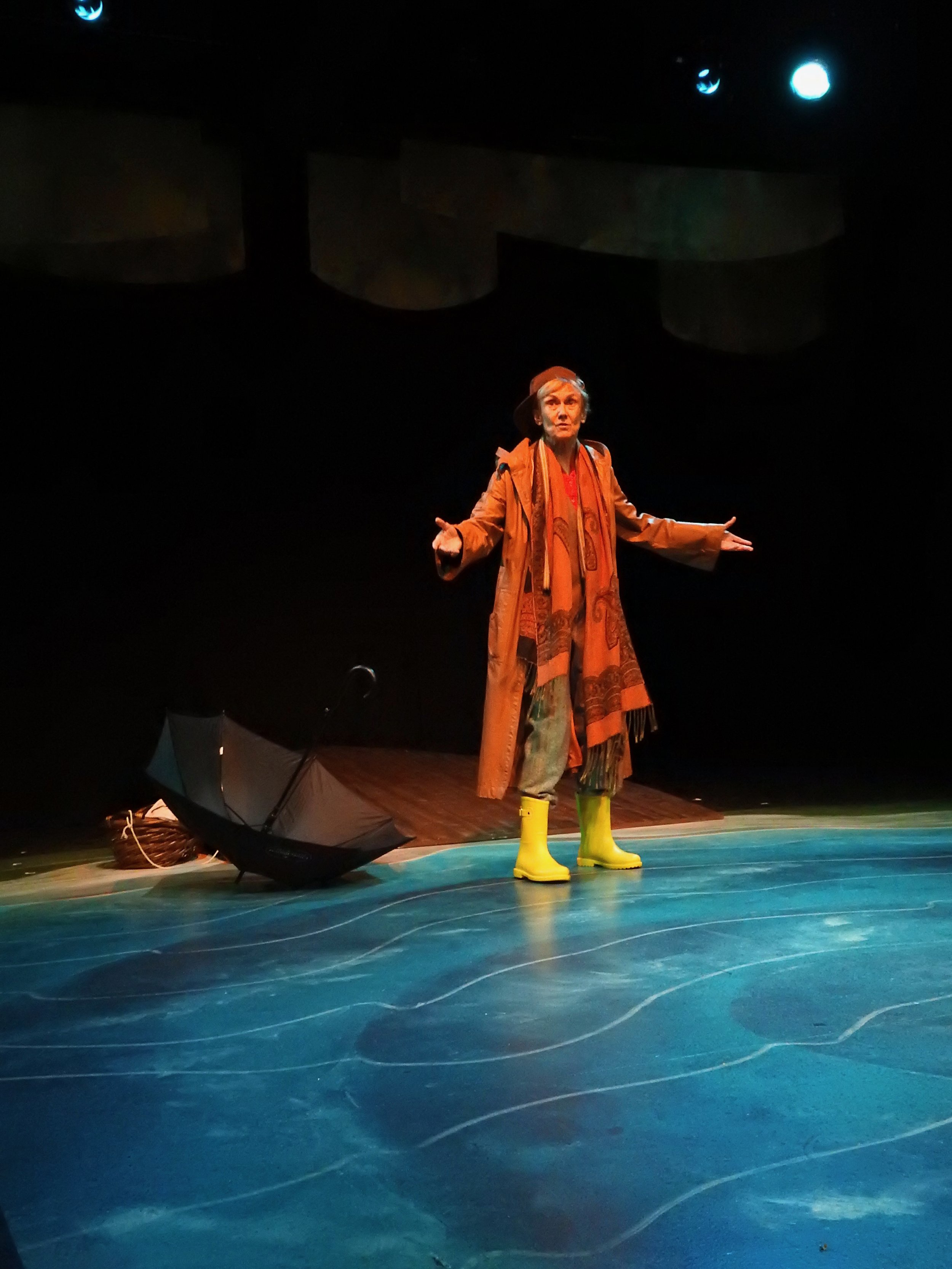
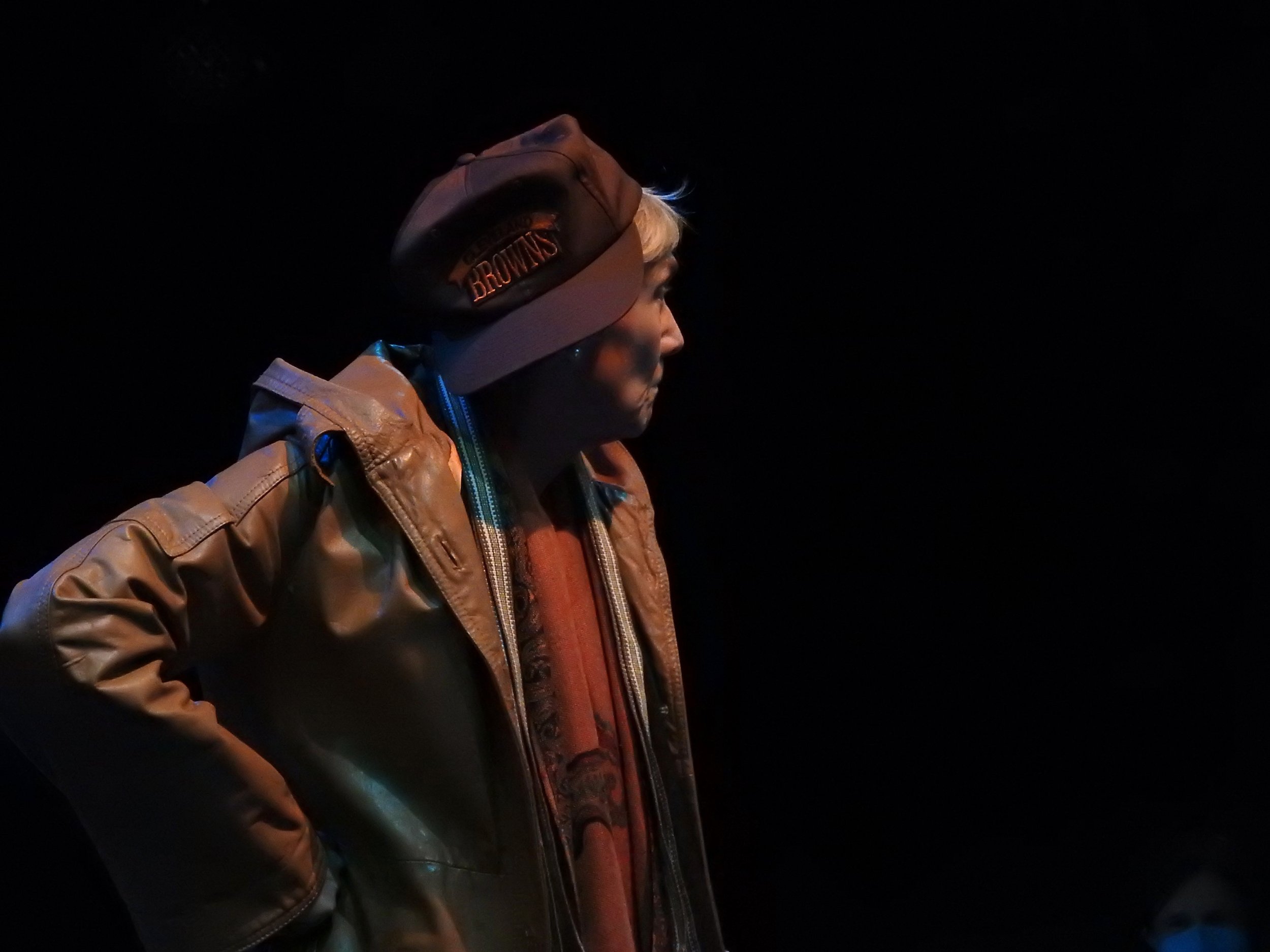
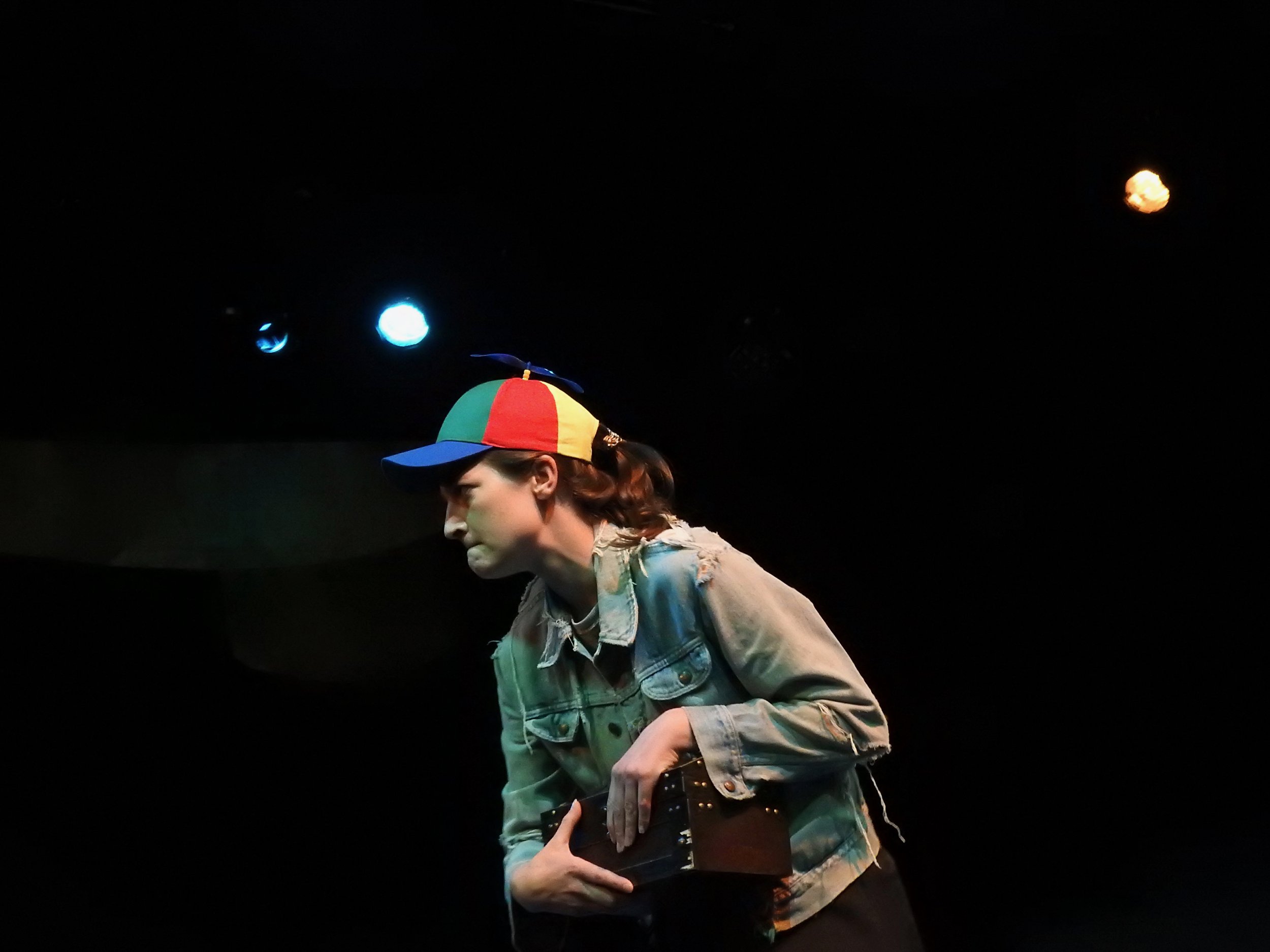
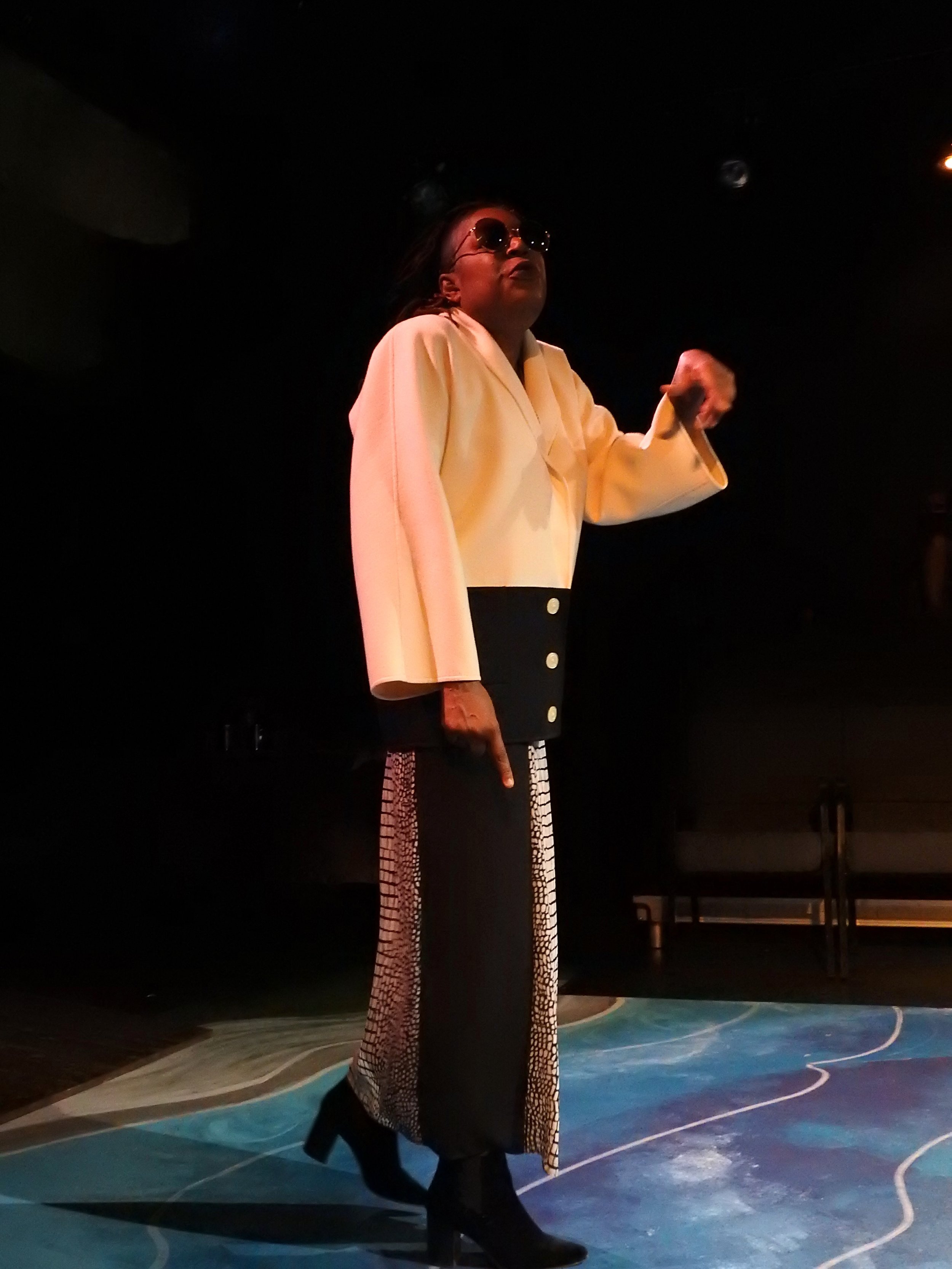
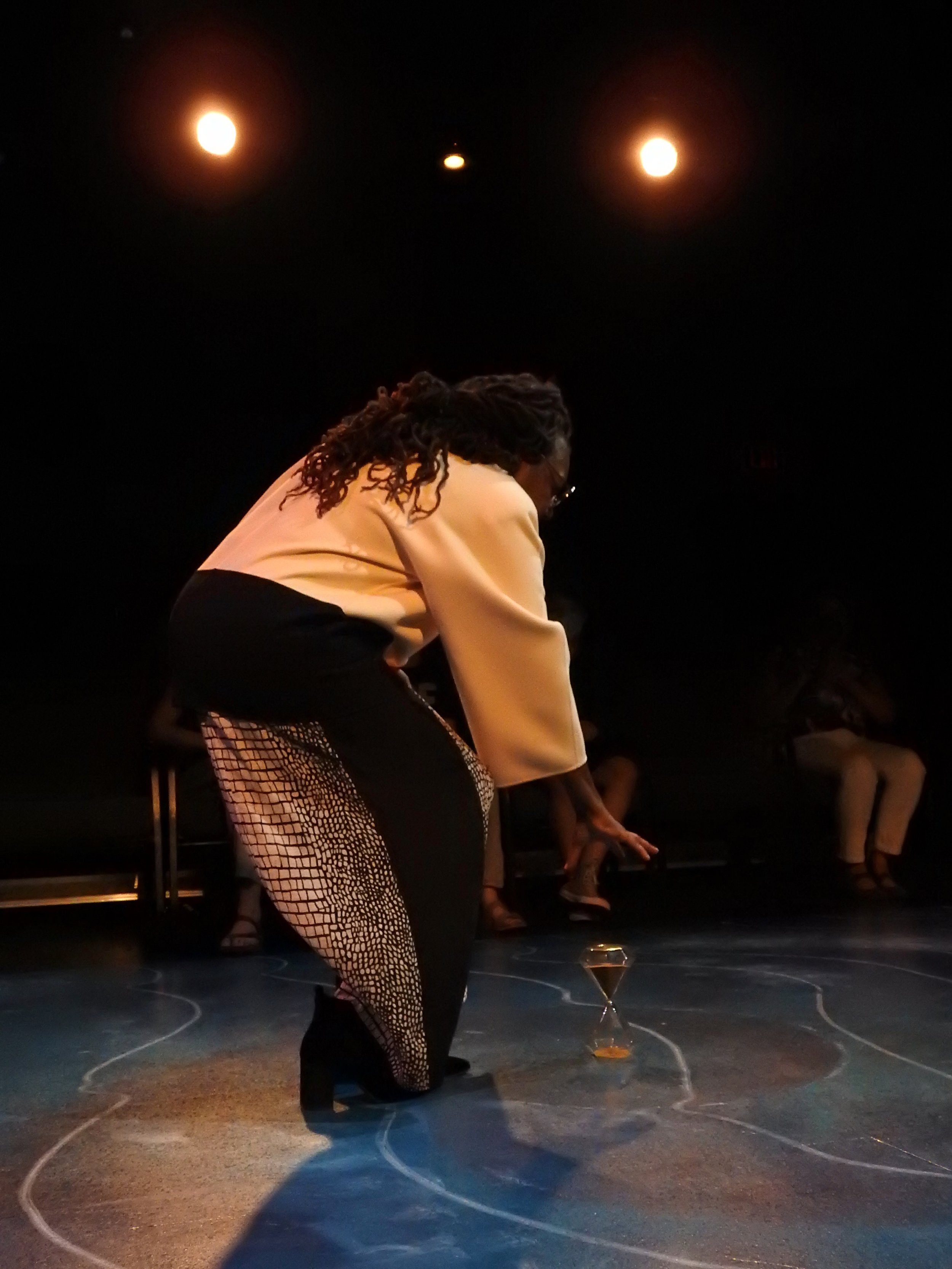
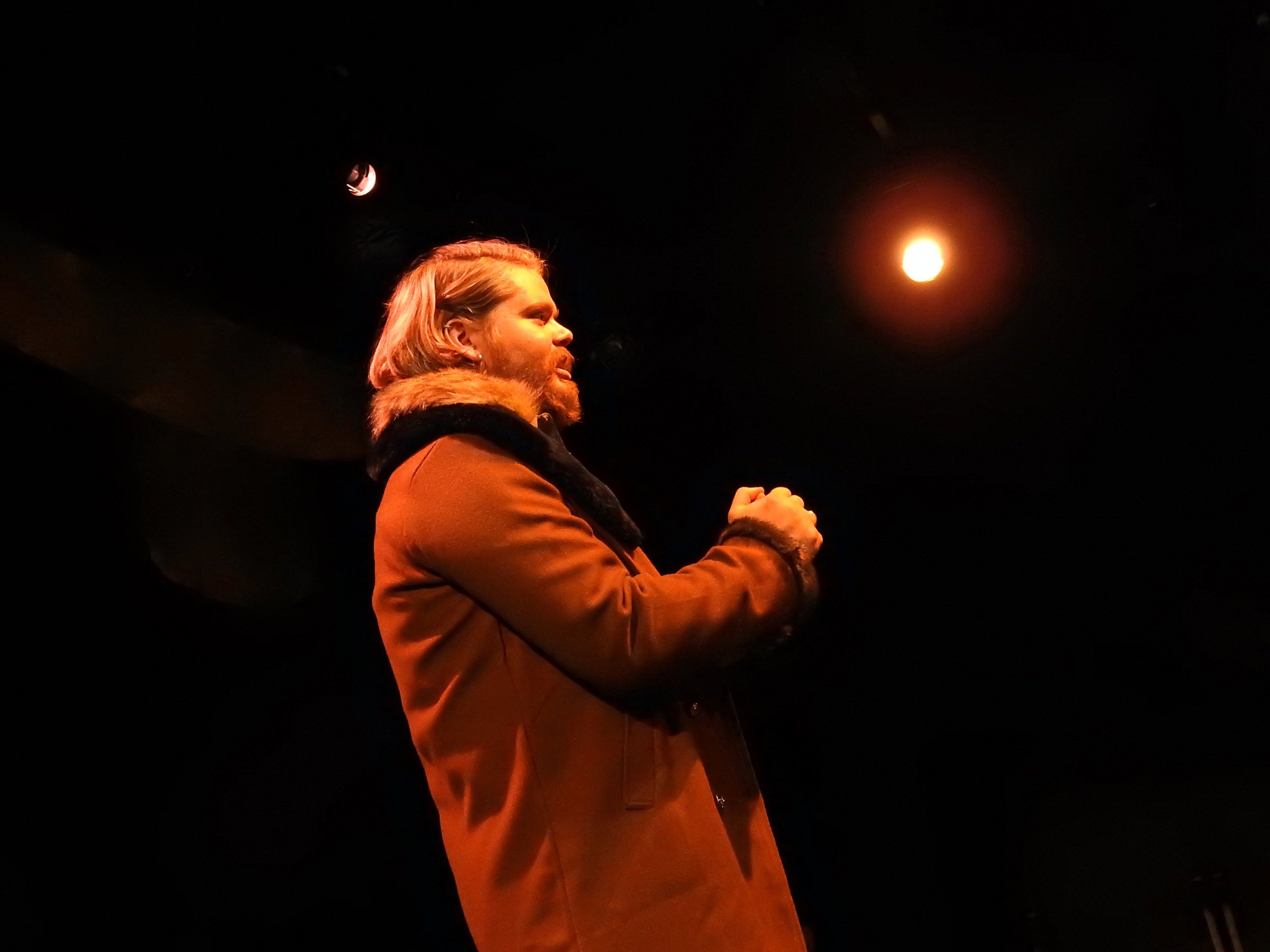
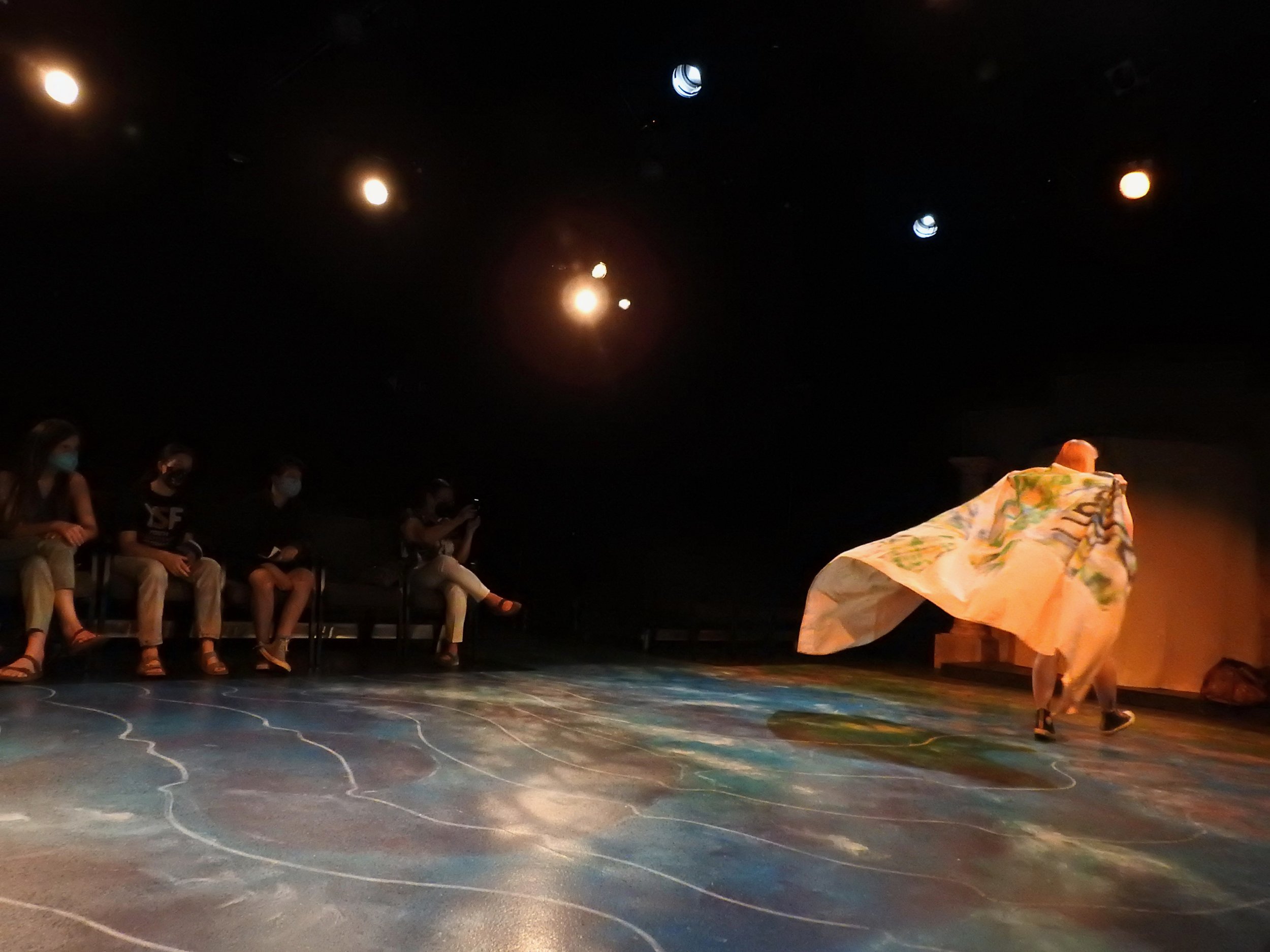
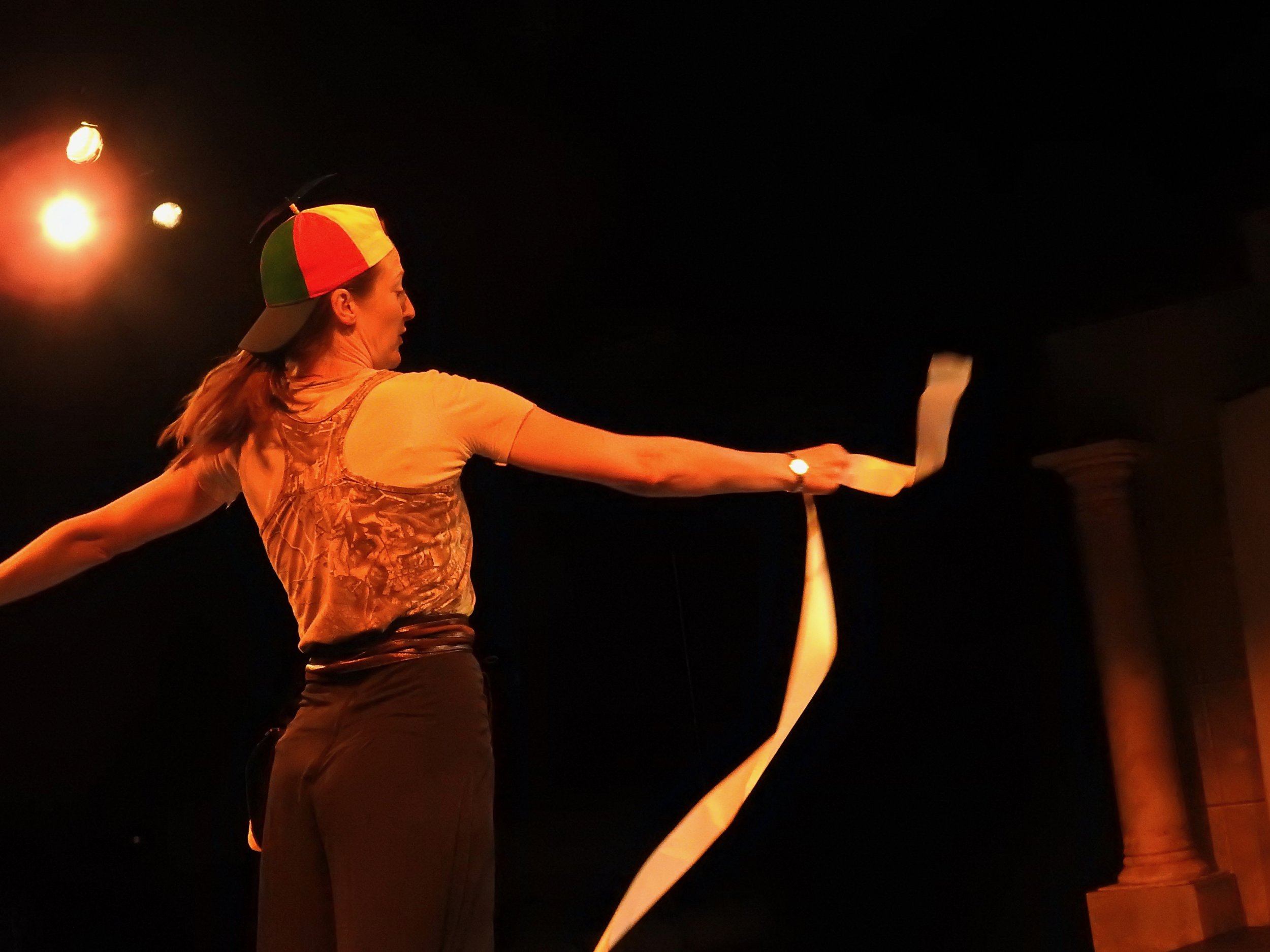
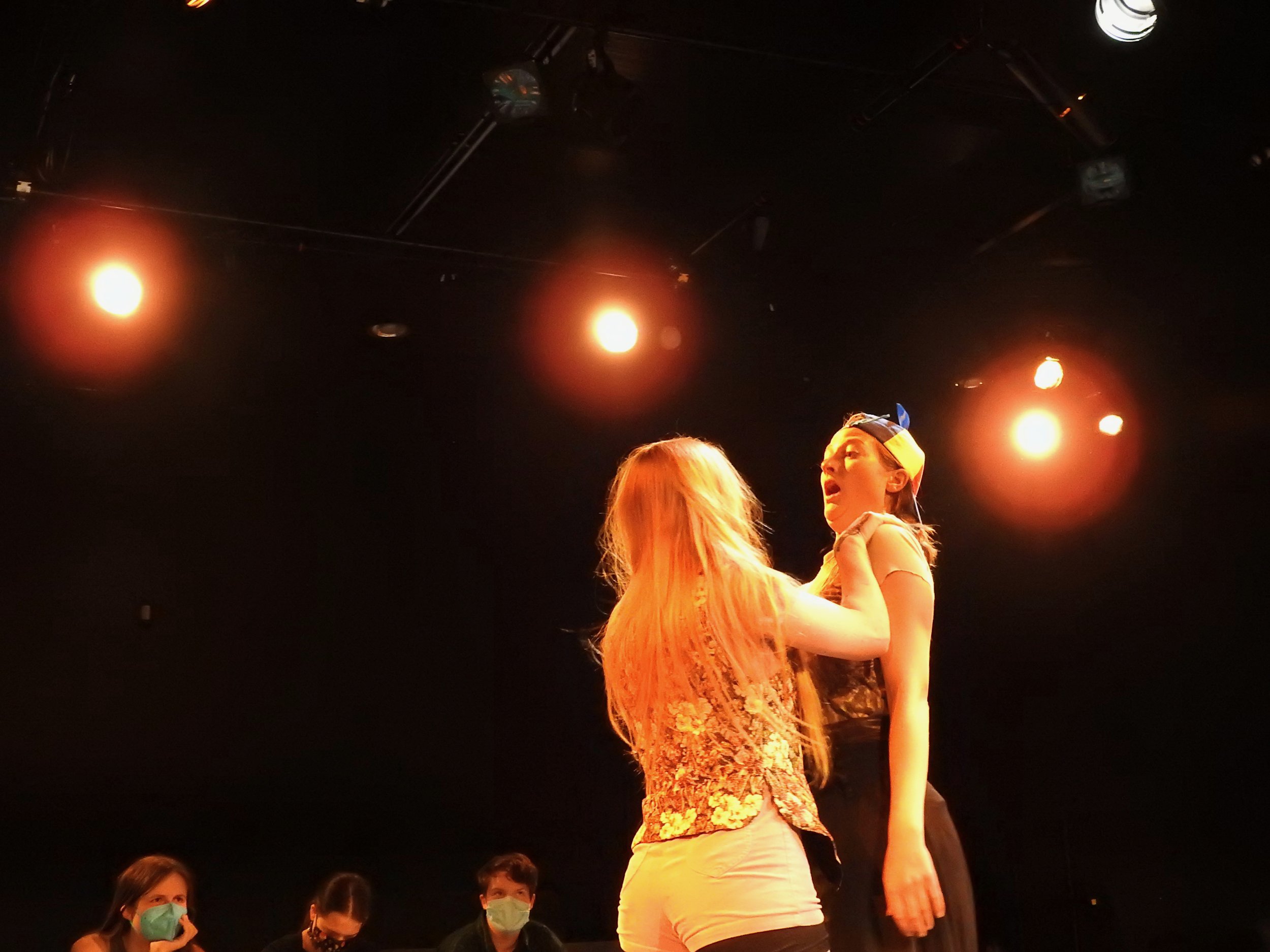
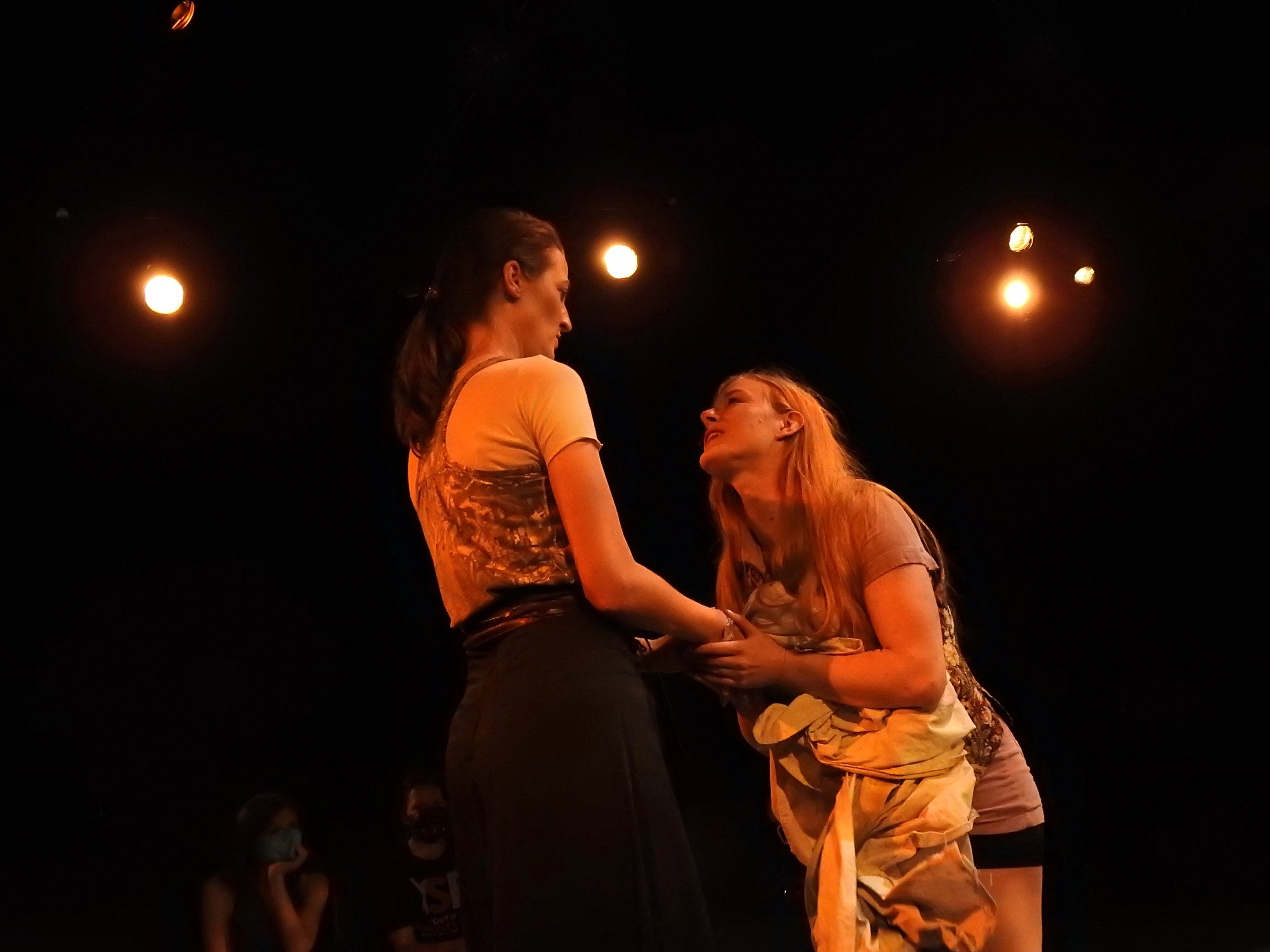
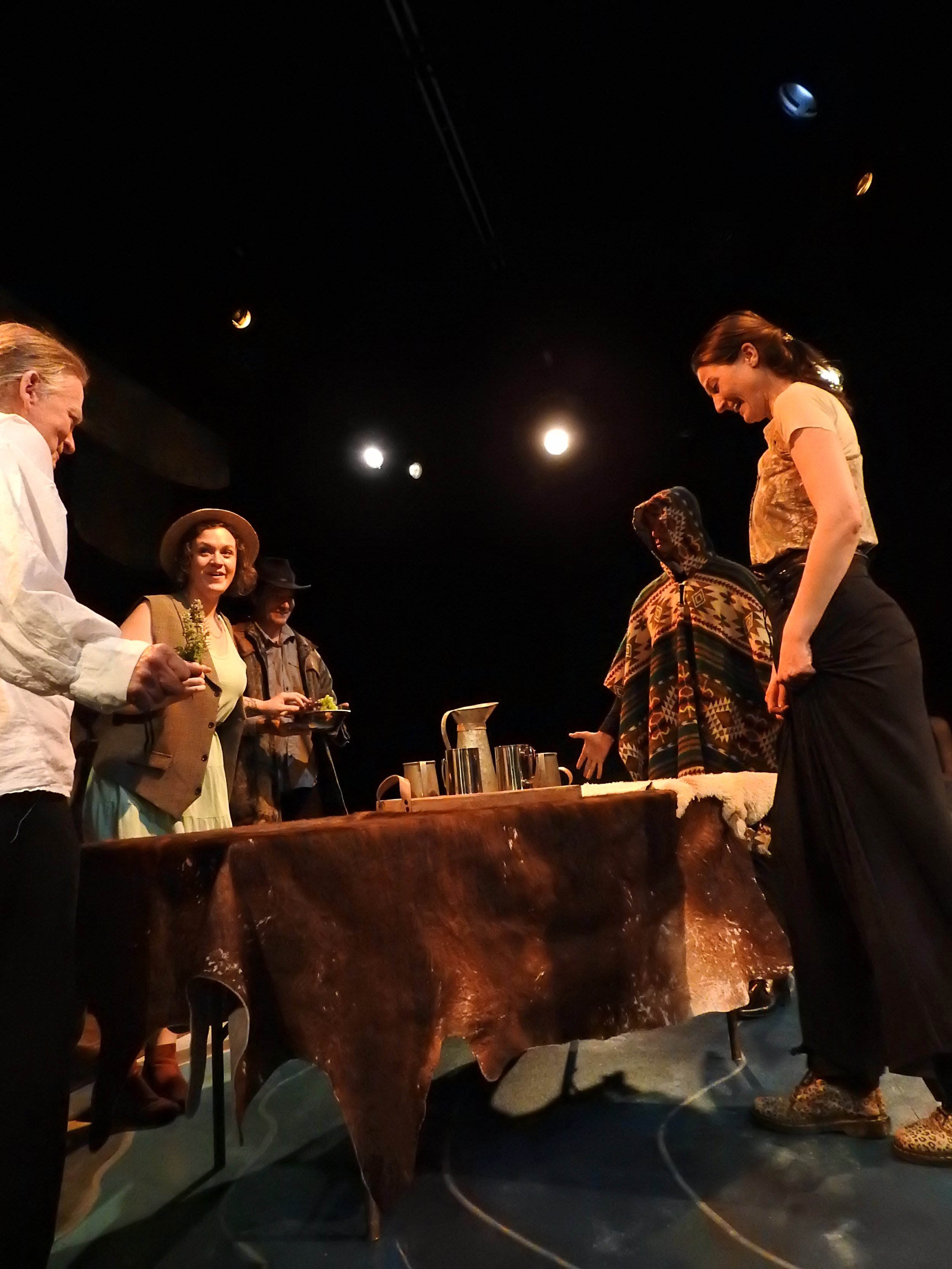
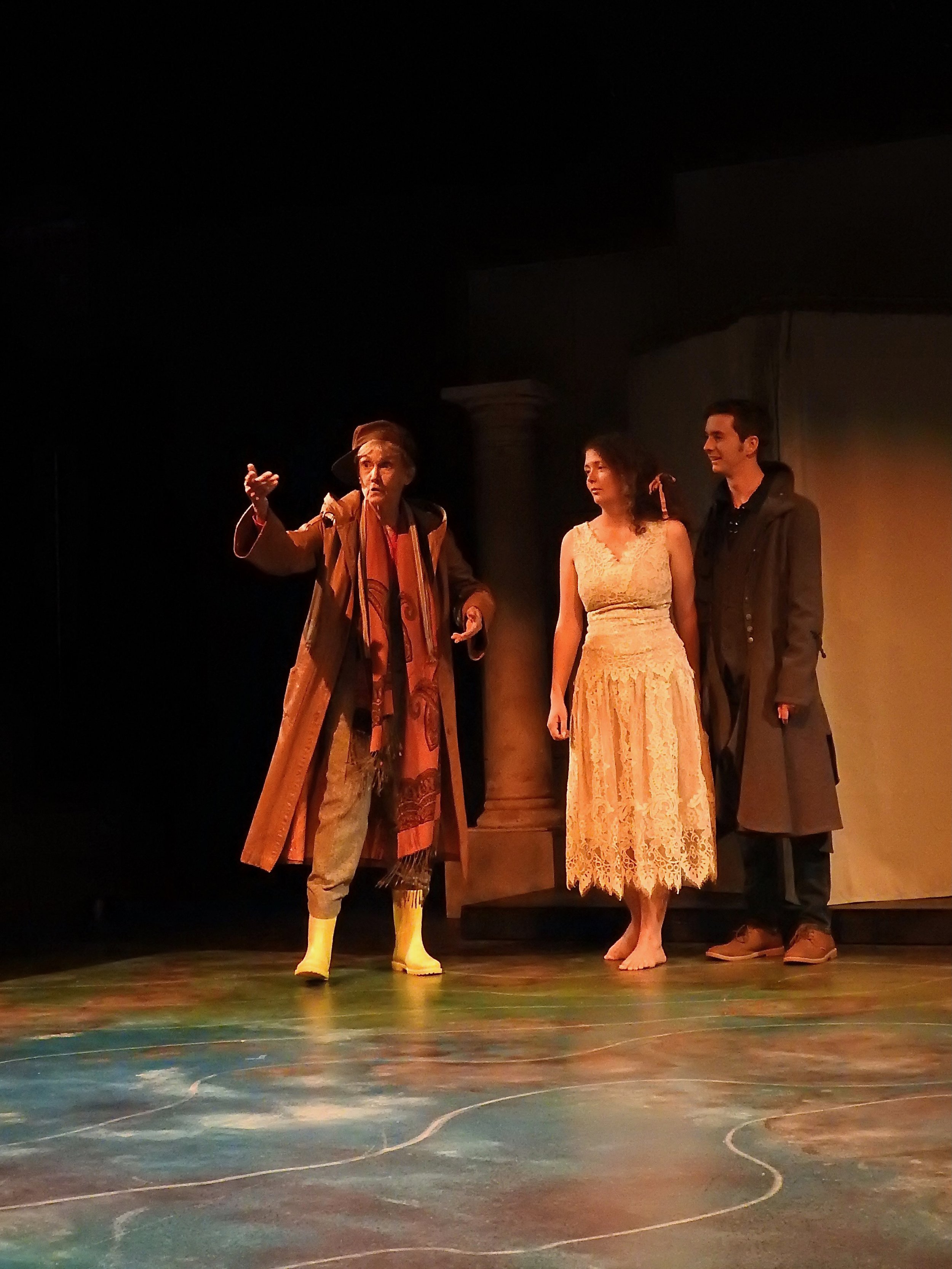
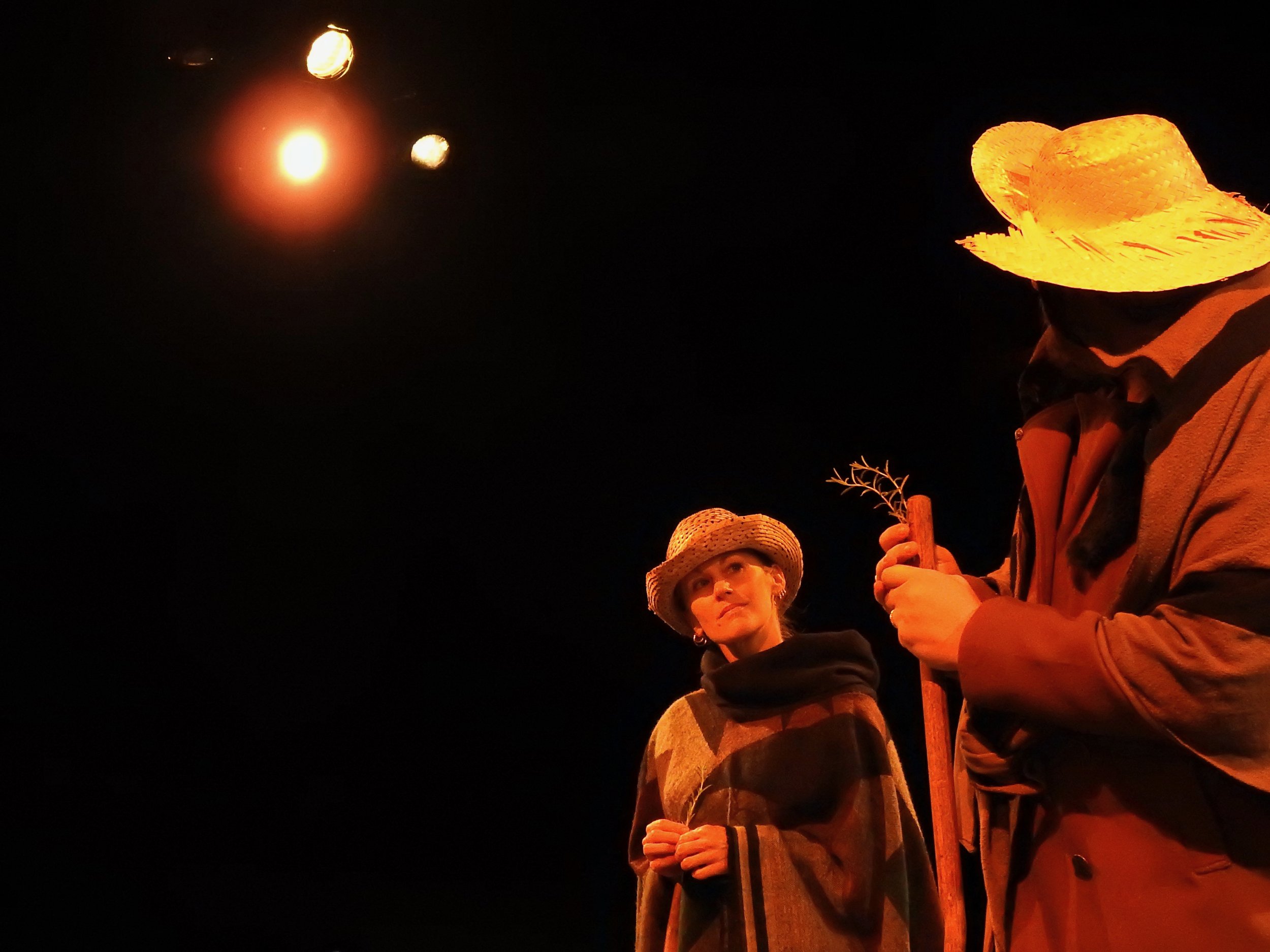
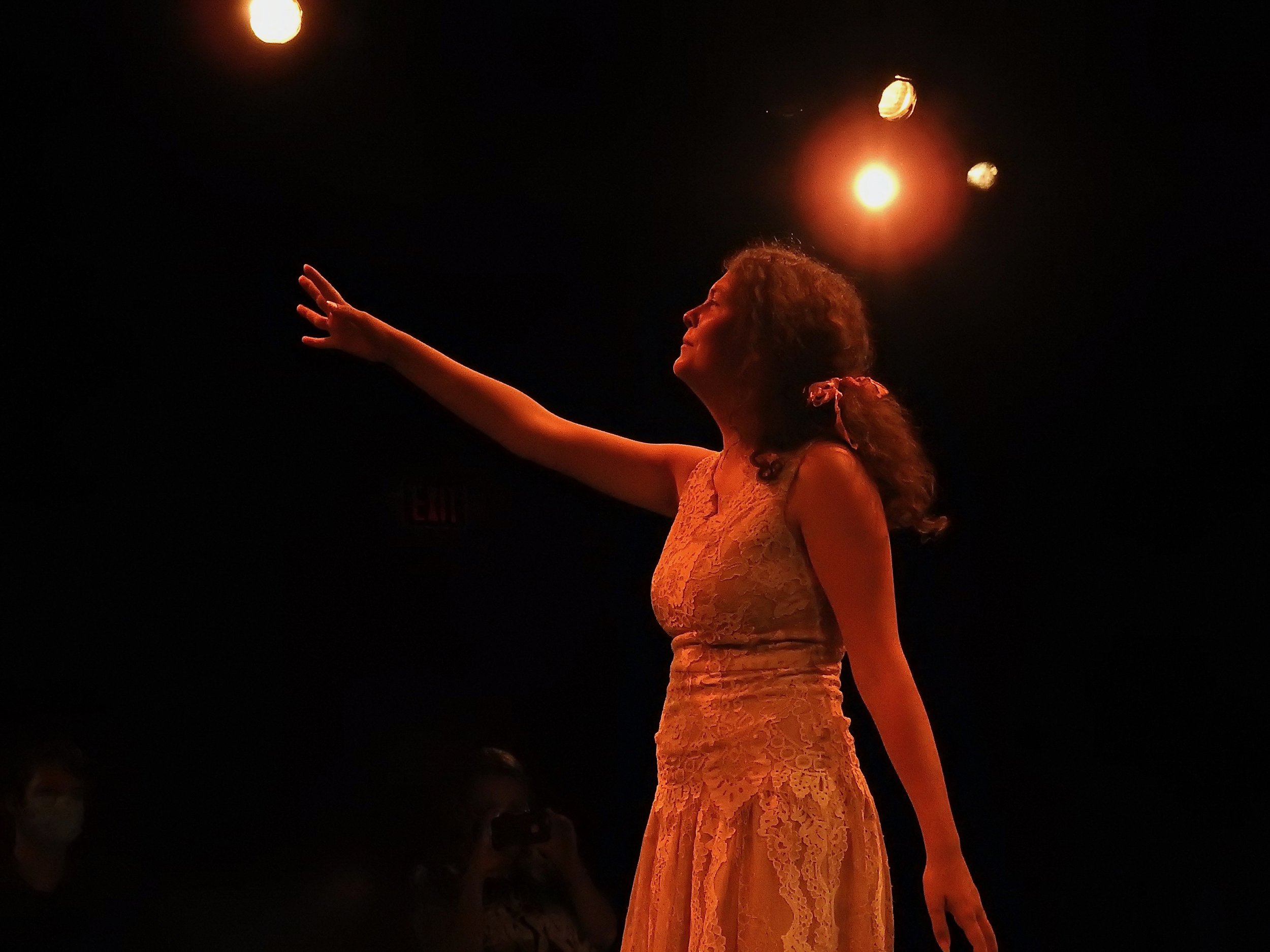
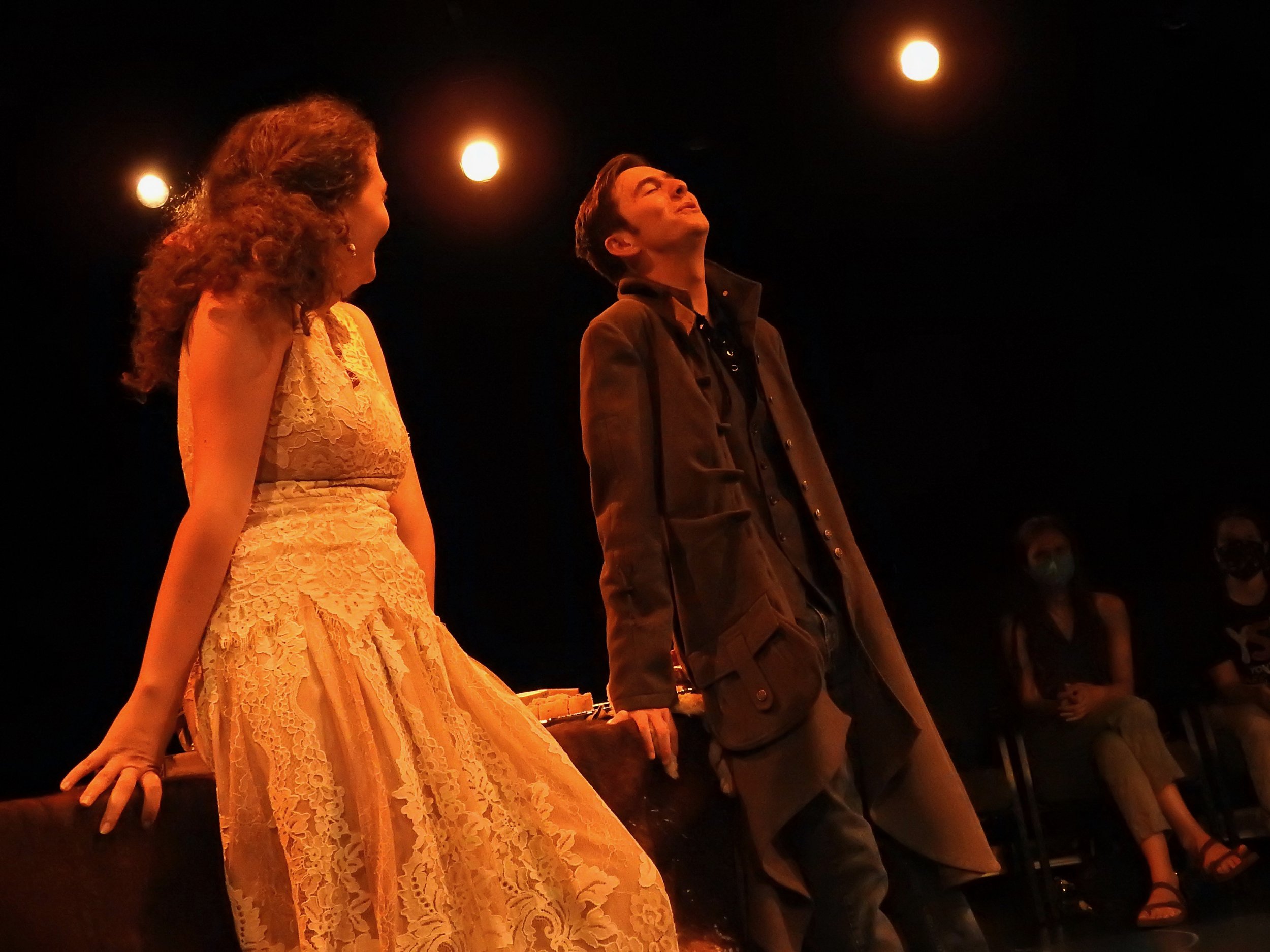
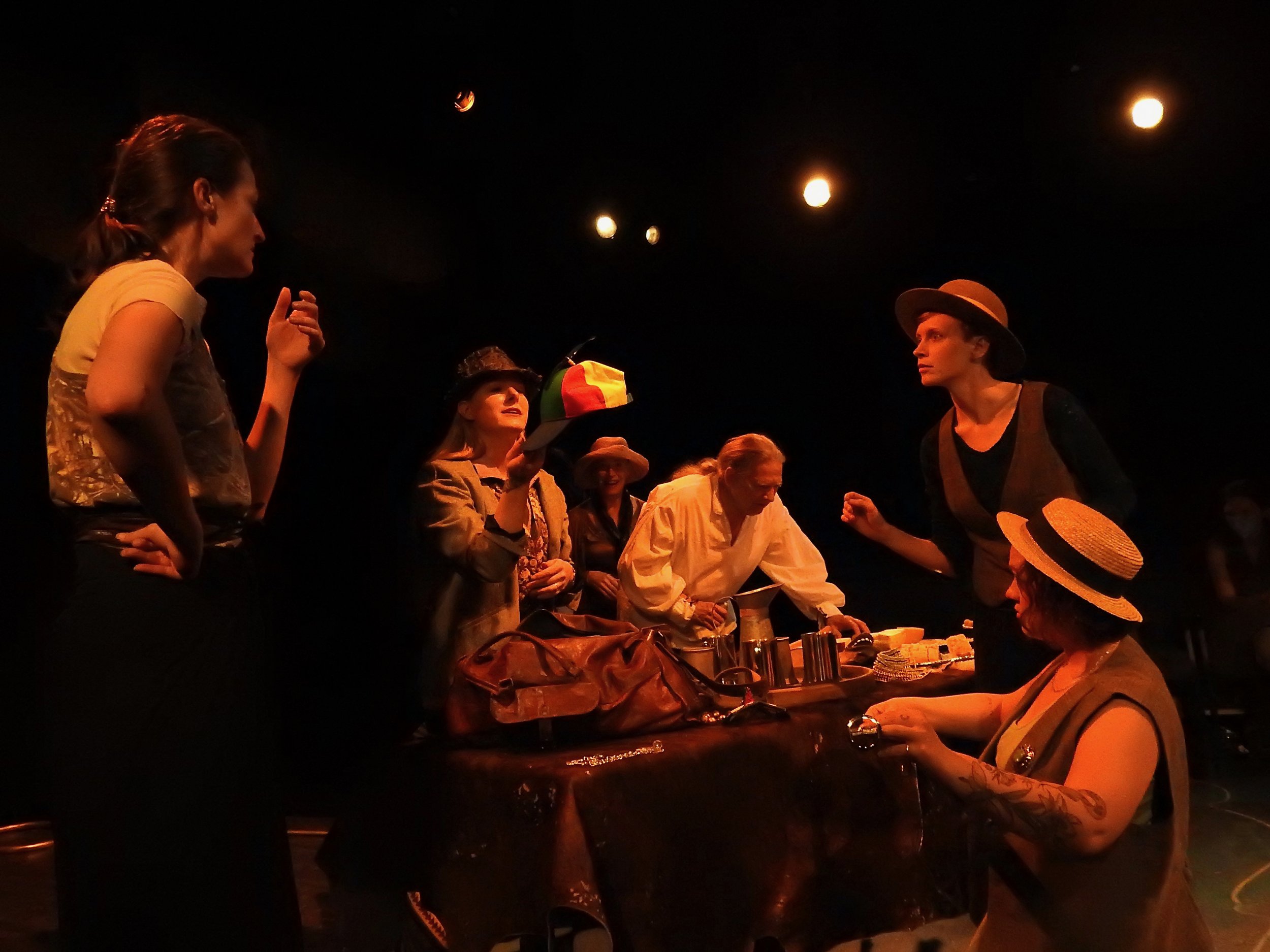
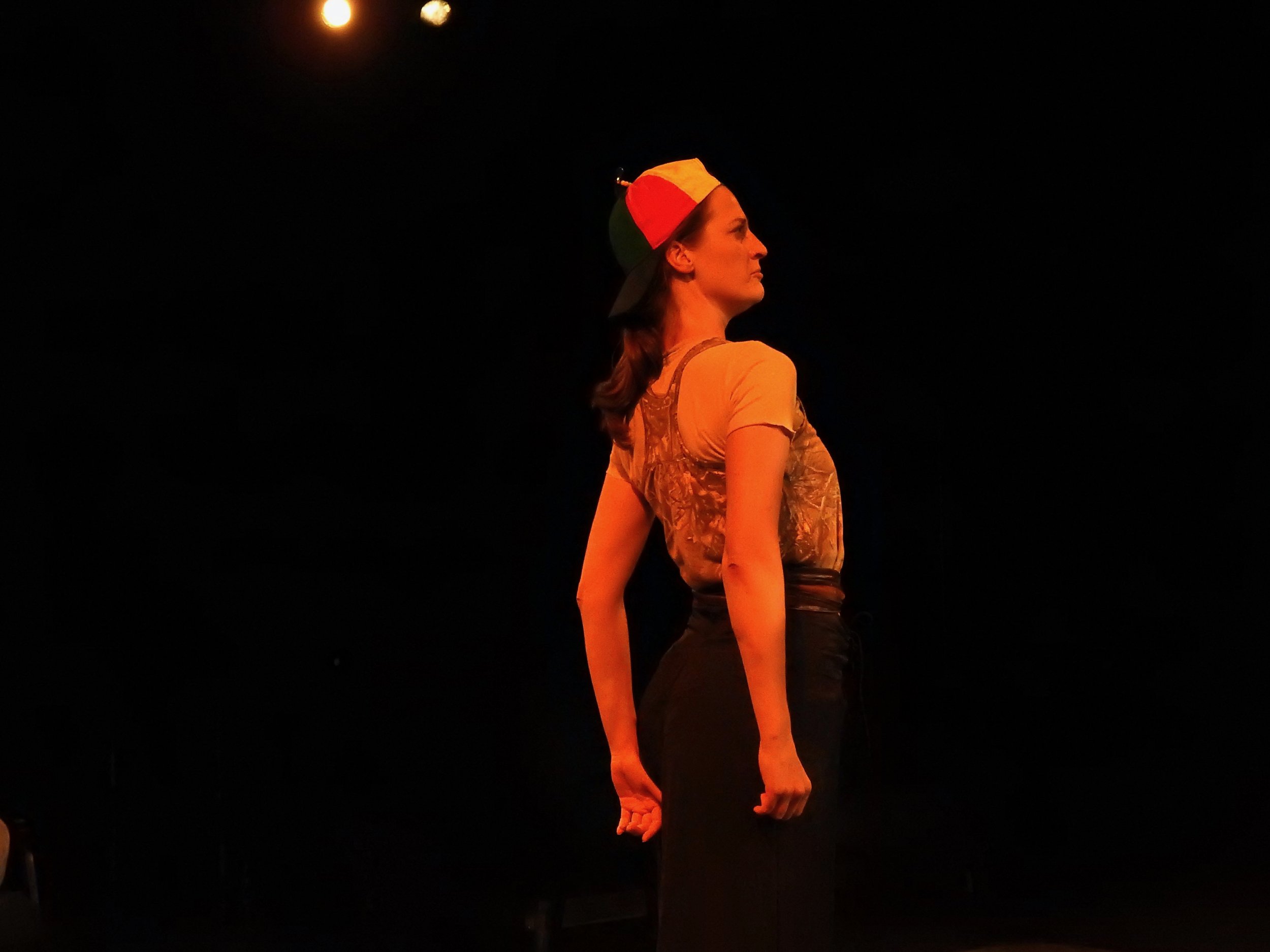
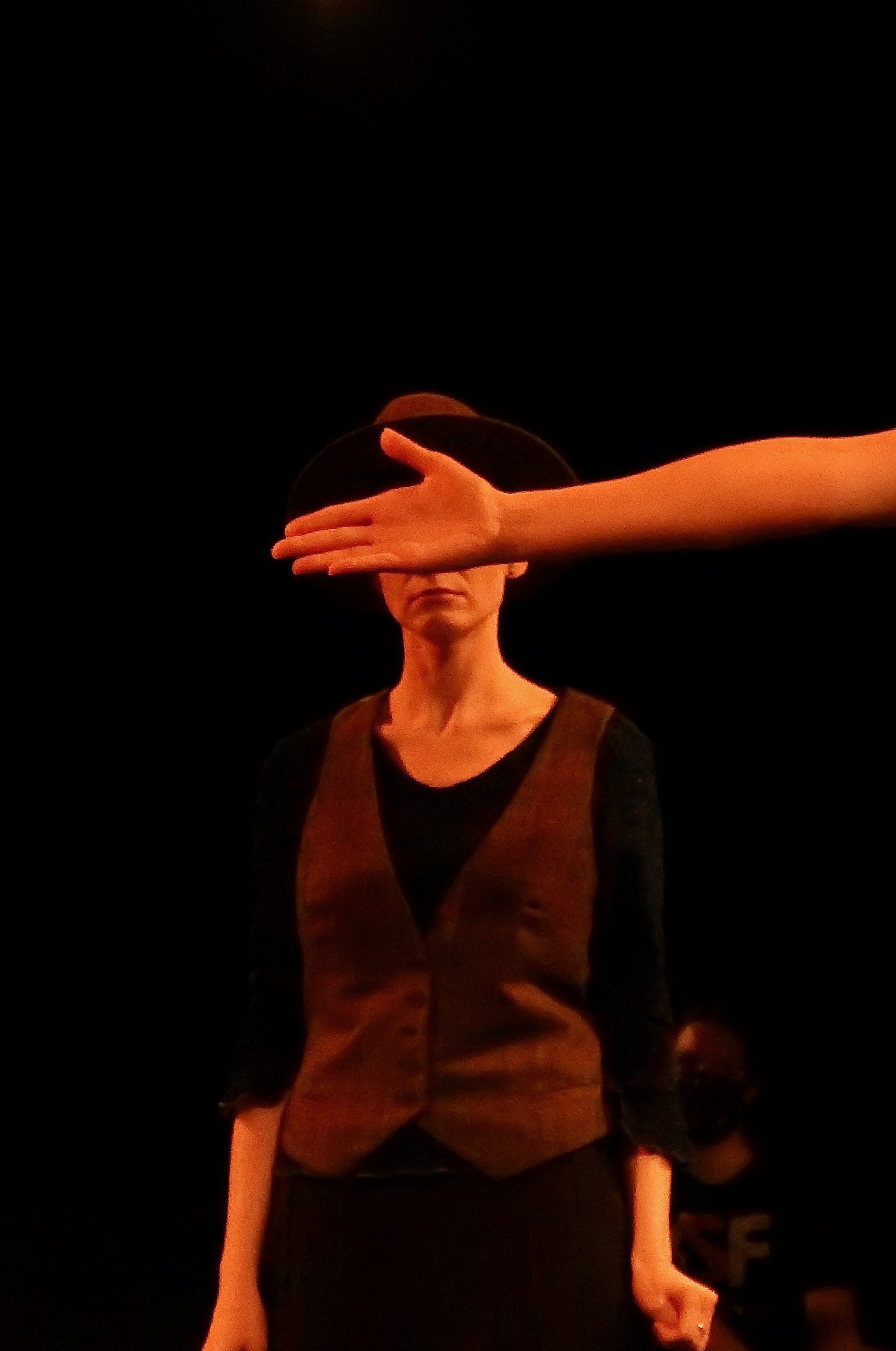
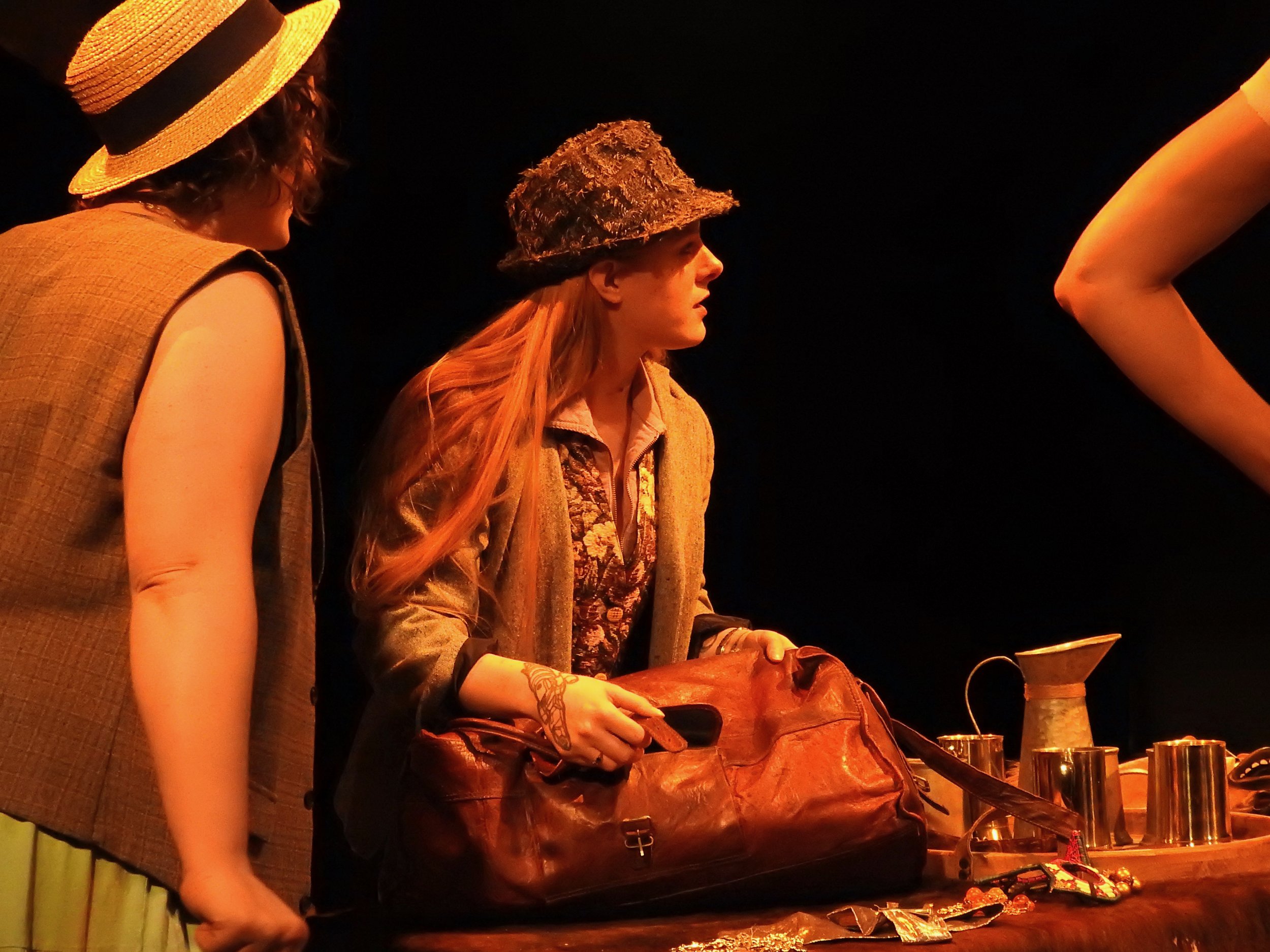
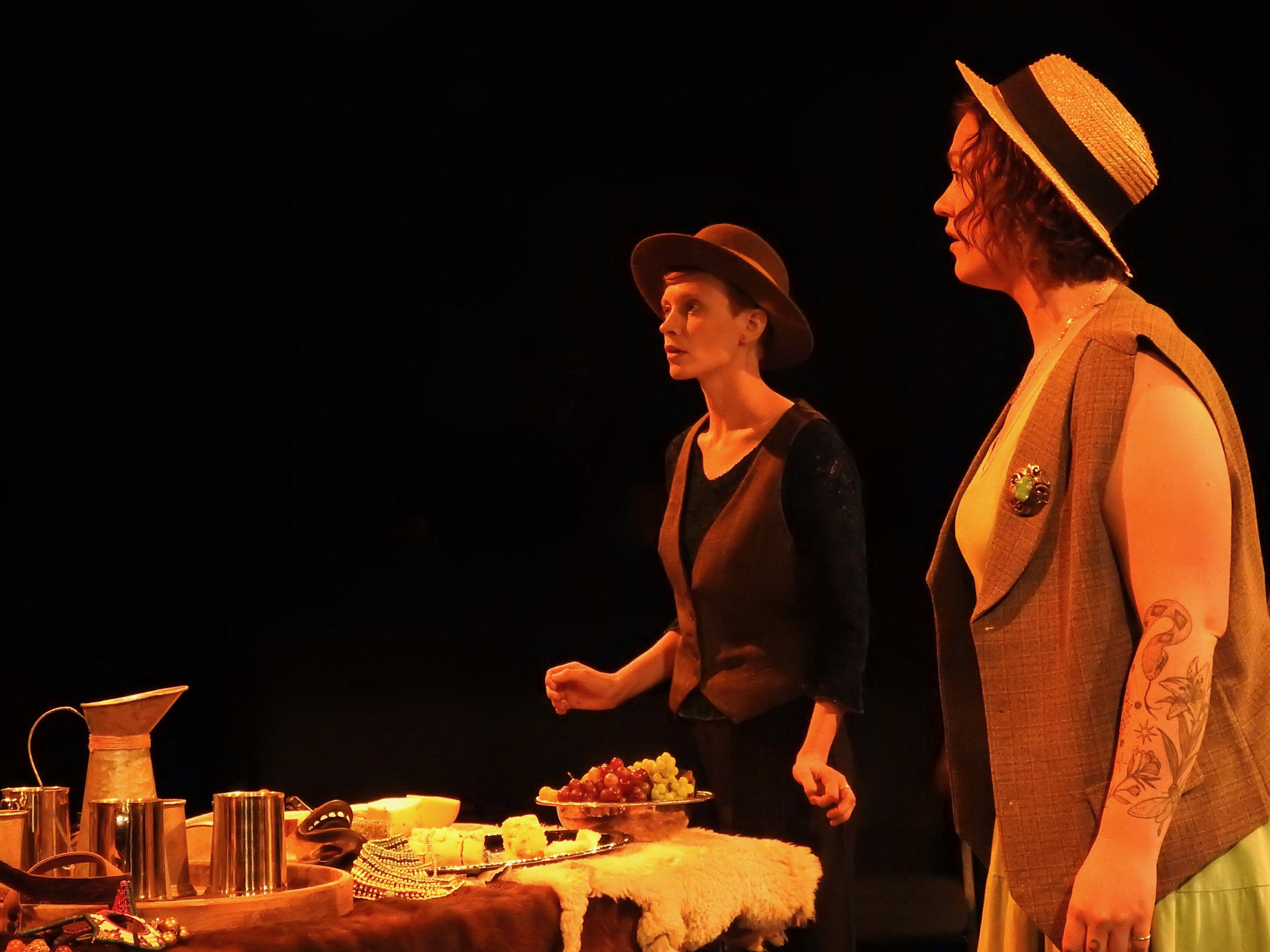
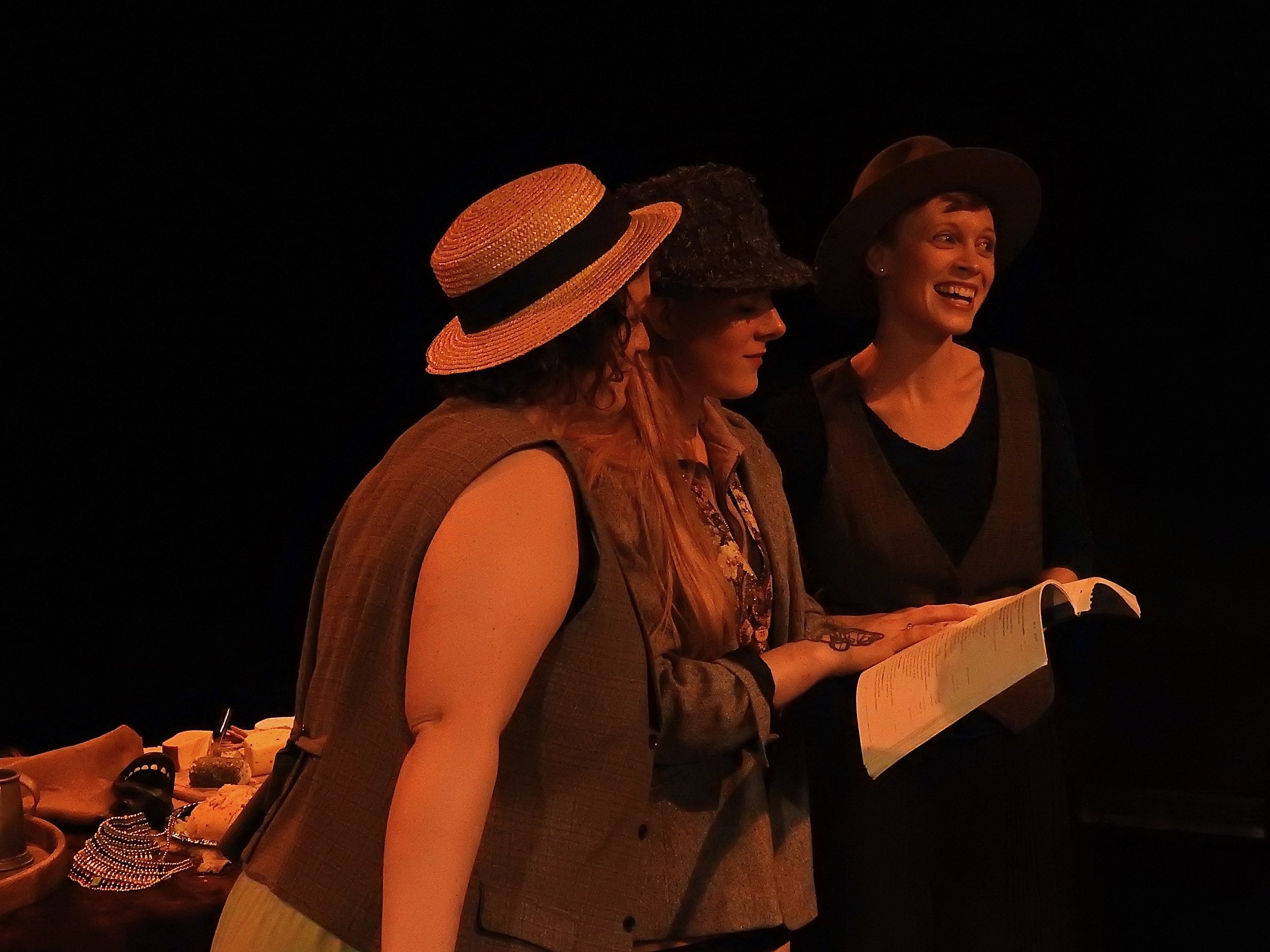
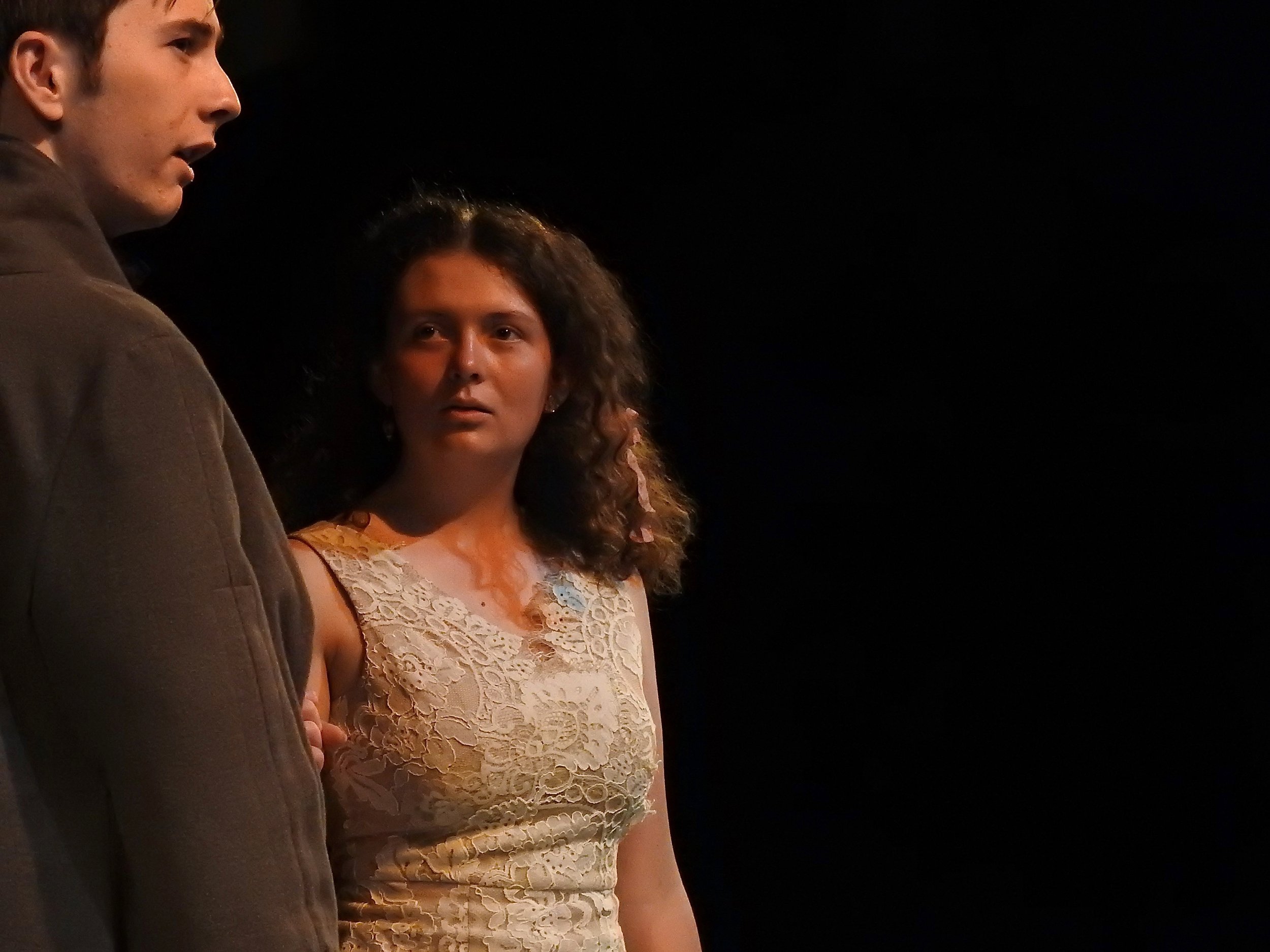
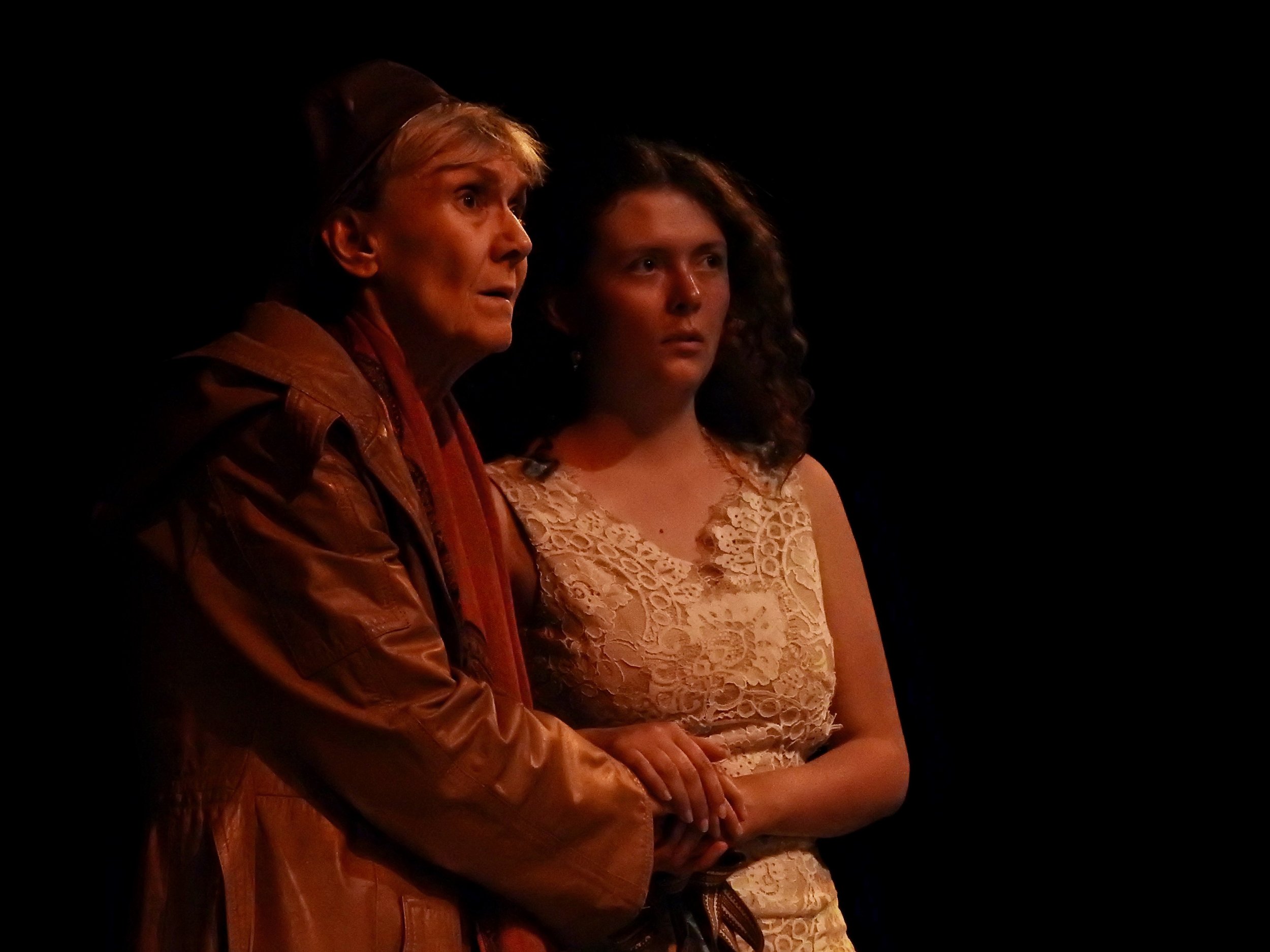
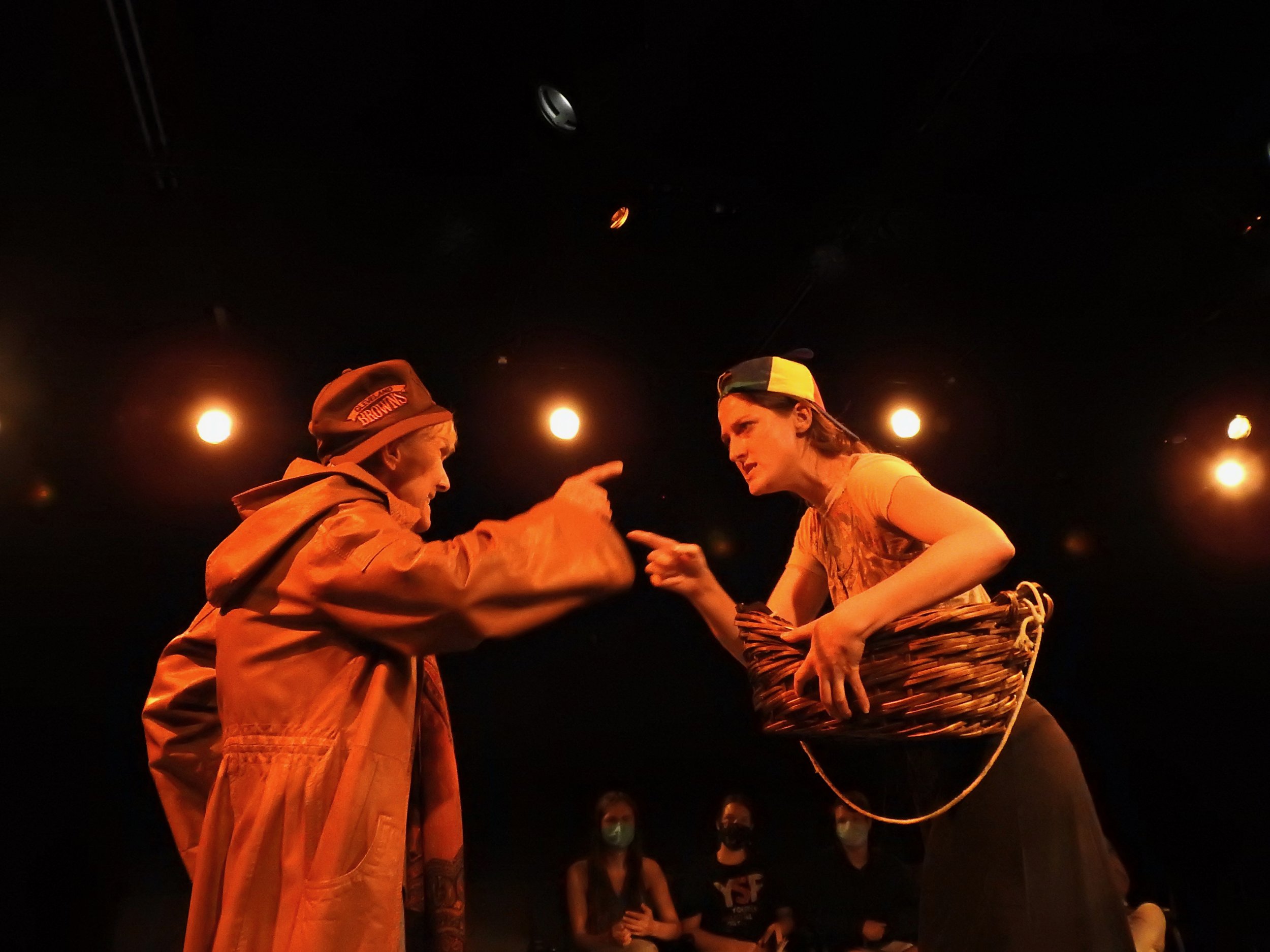
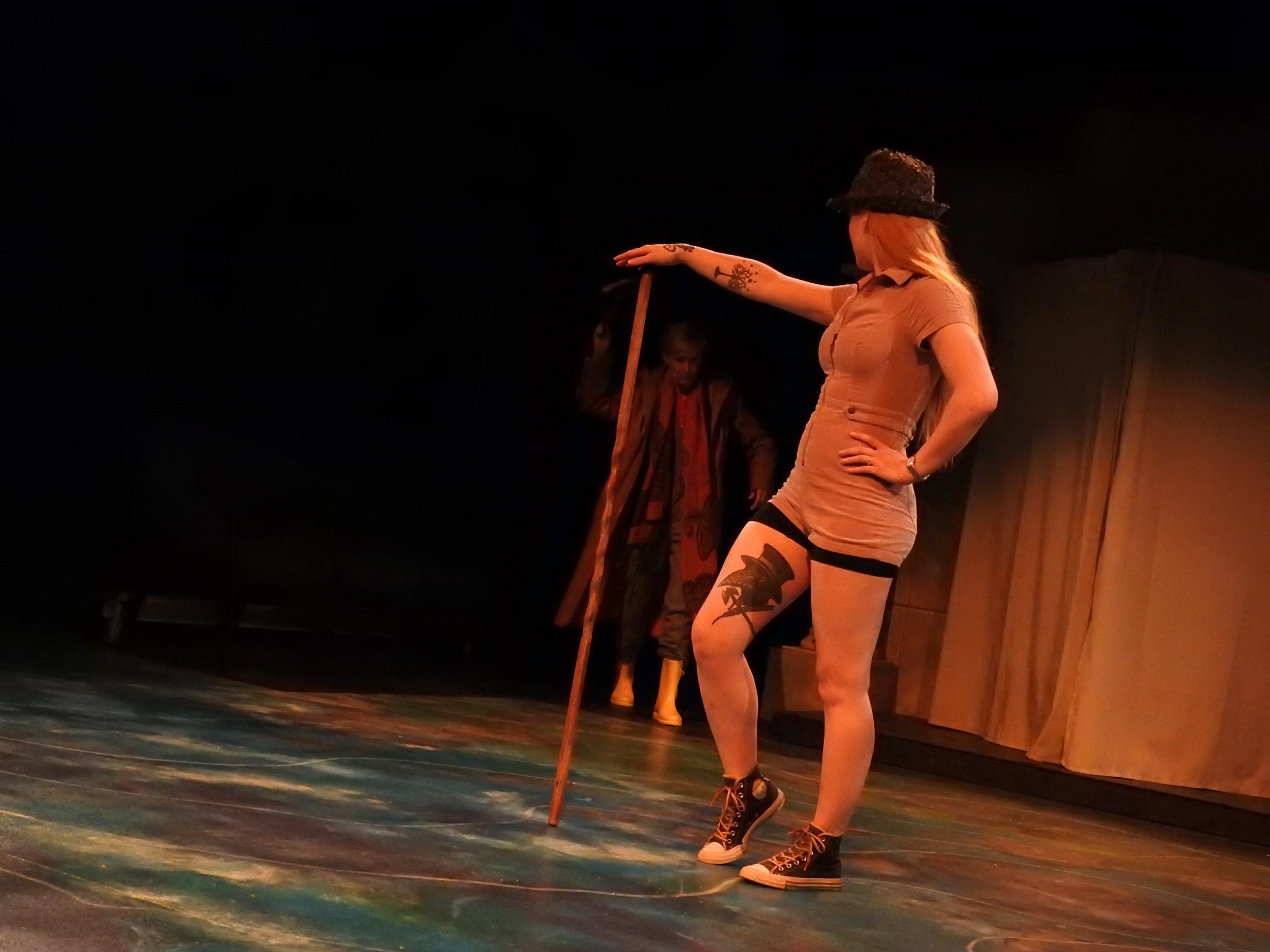

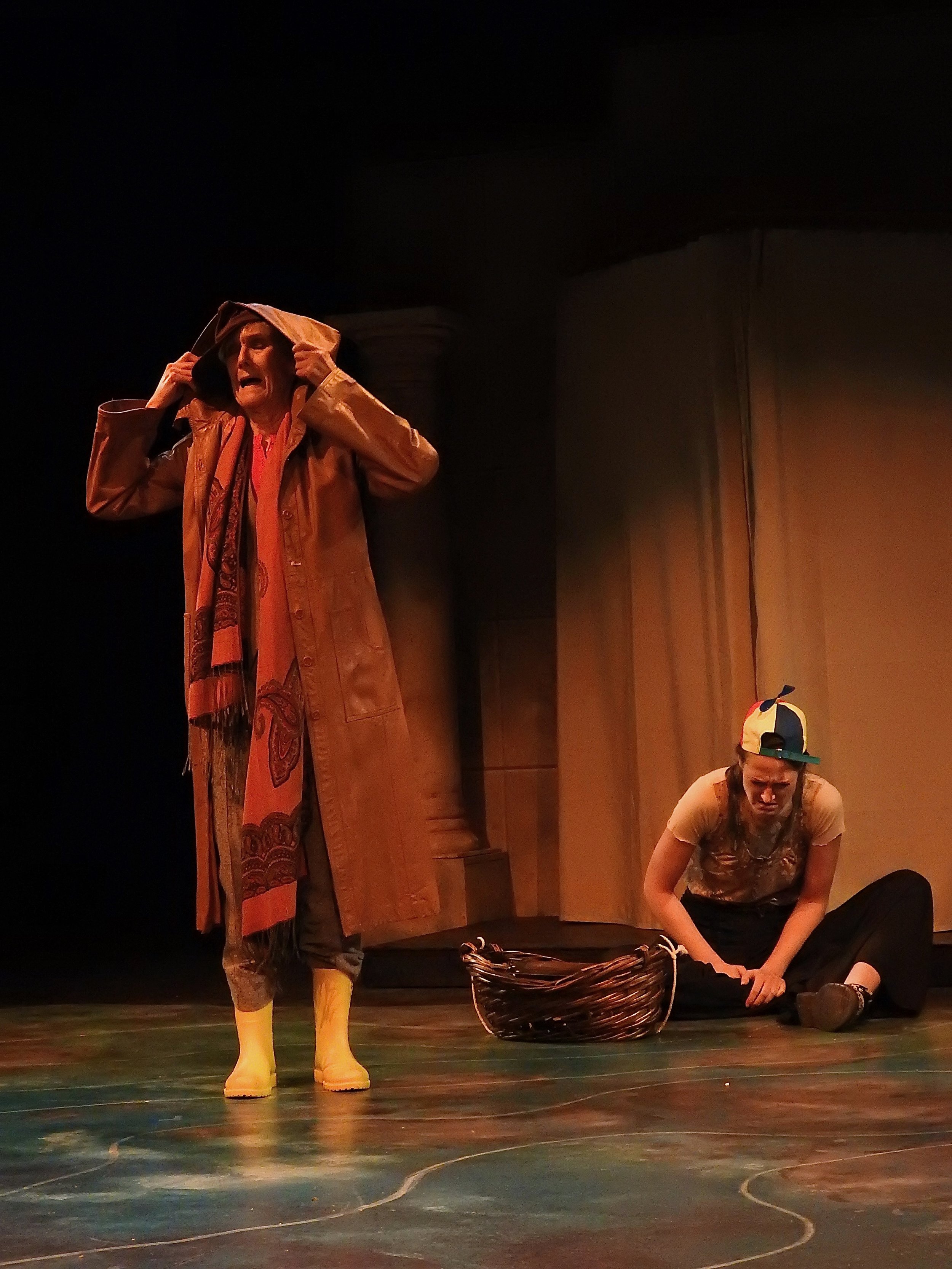
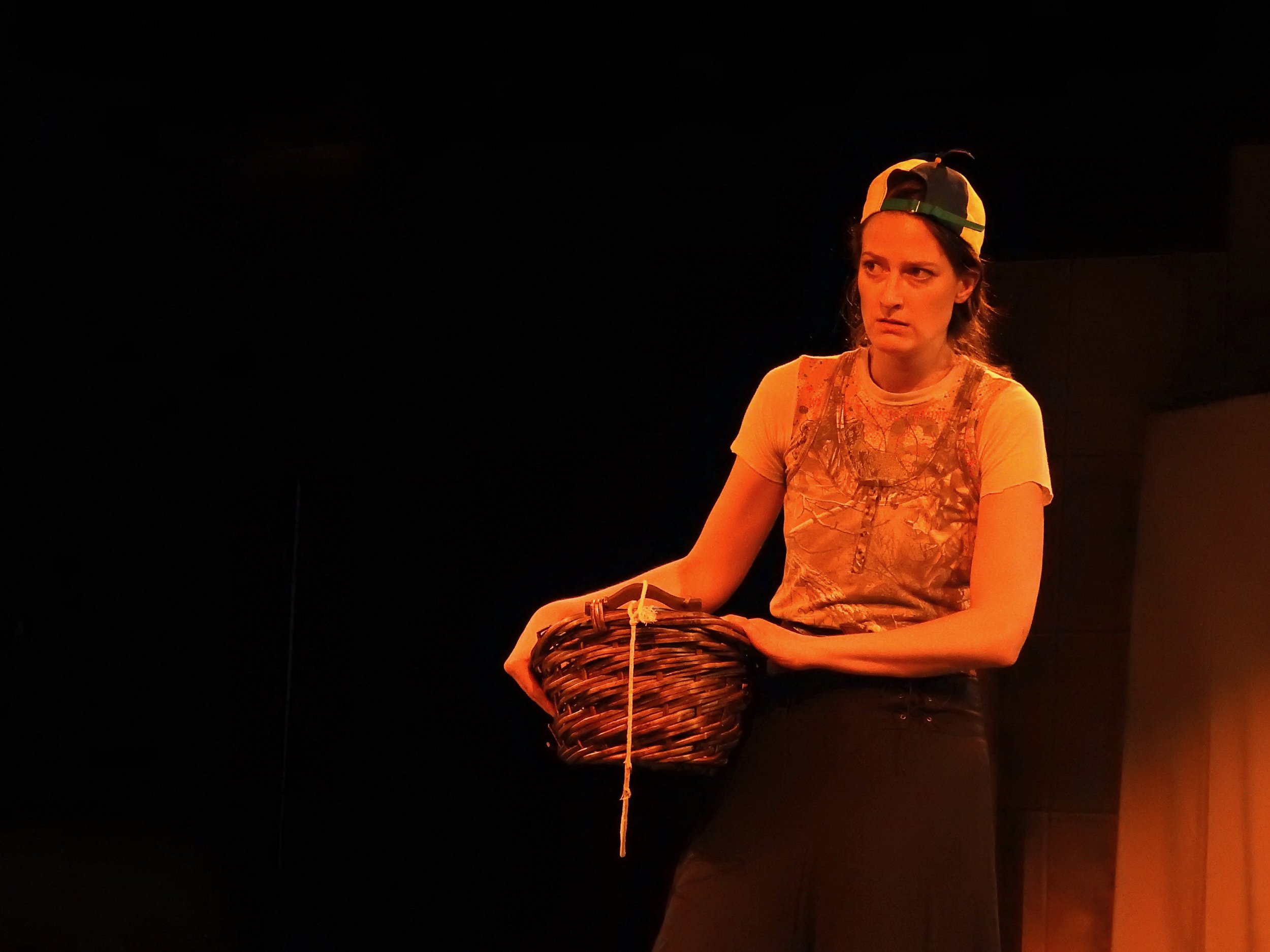
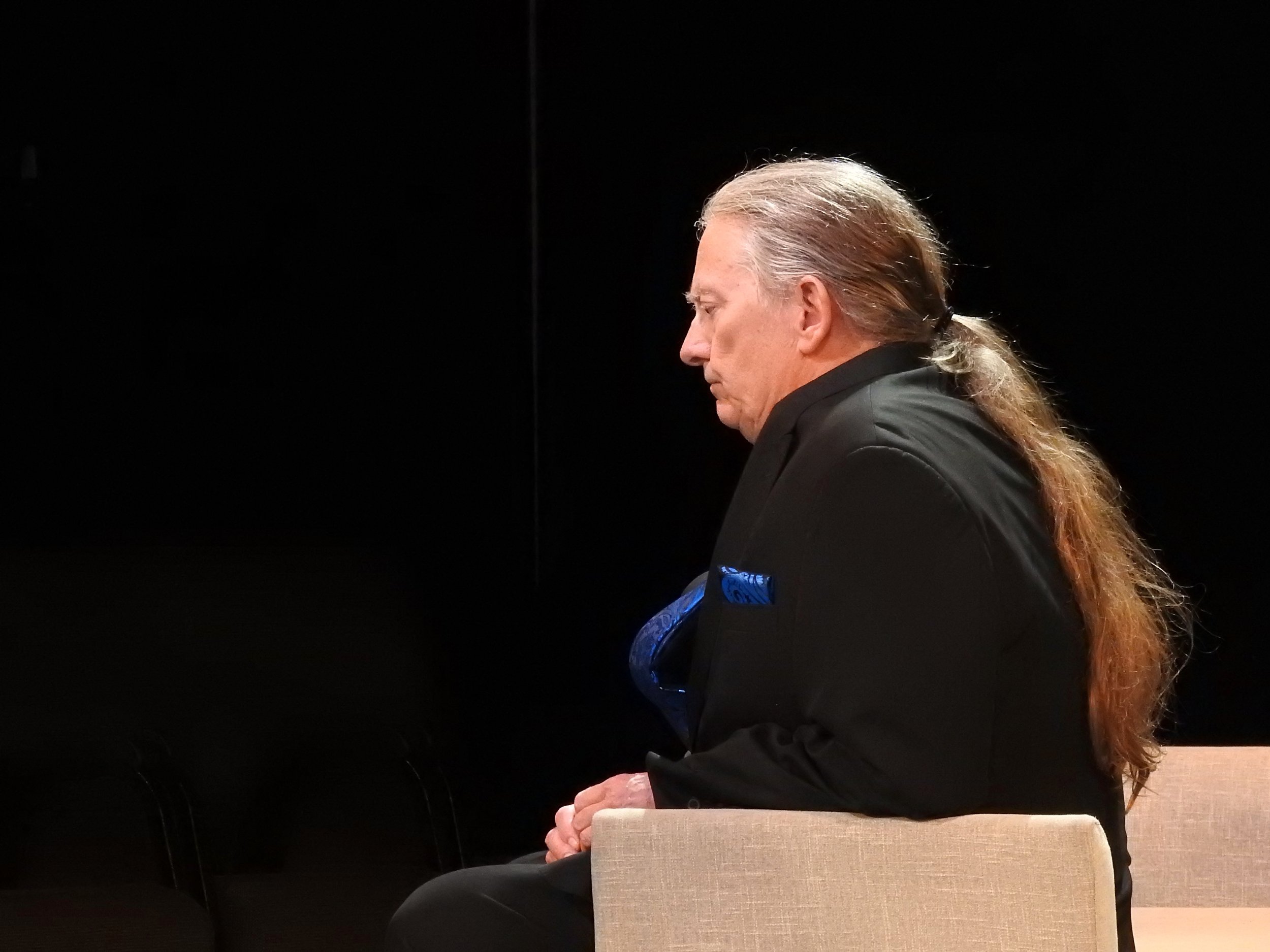
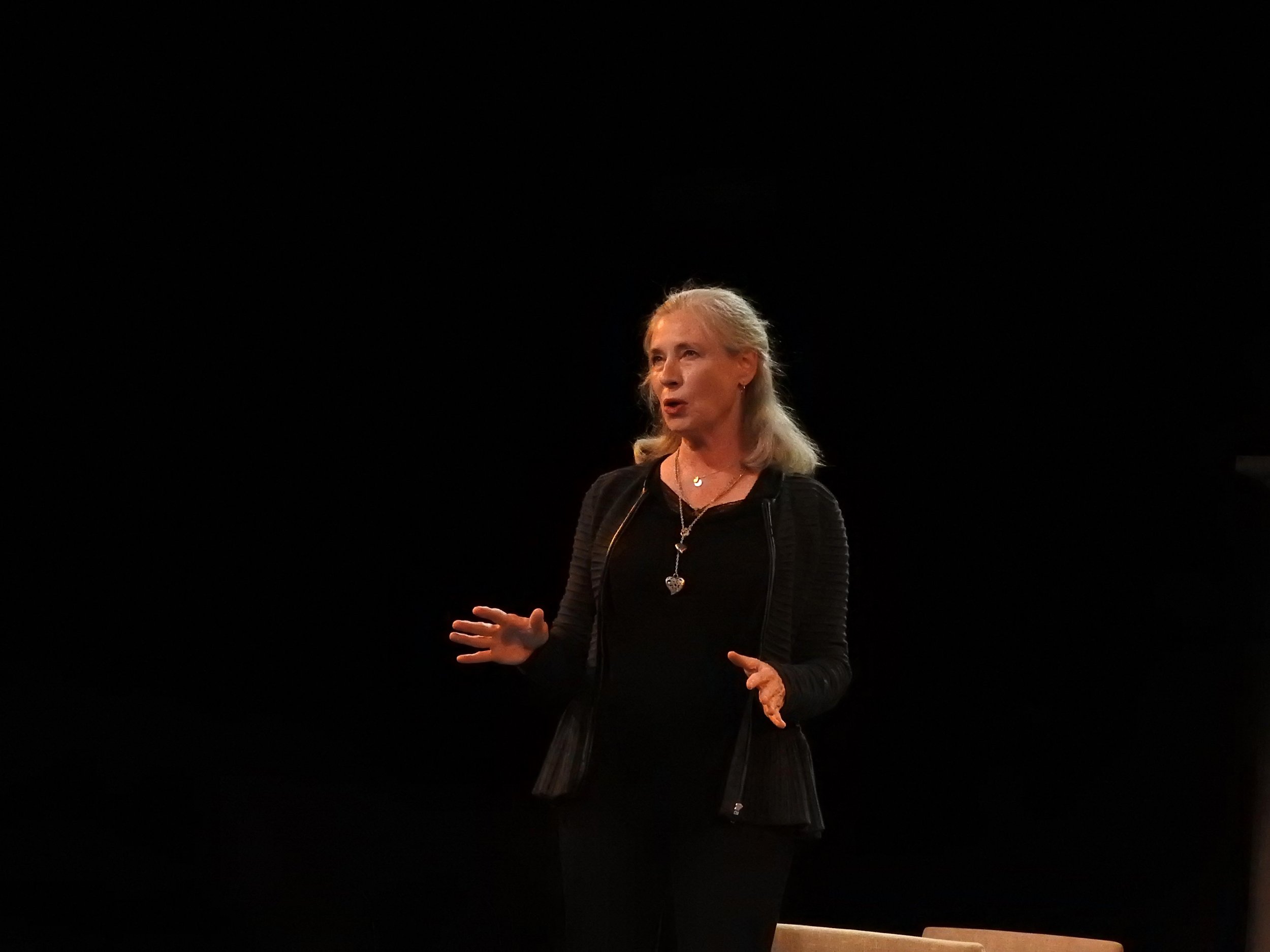
Cast
Mairi Chanel: Autolycus, Jailer
Joey Beth Gilbert: Emilia, Dorcas
Lynn Goodwin: Paulina
Kate Healy: Clown, 2nd Lady
Jane Henzerling: Camilla
Breshaun-Birene Joyner: Antigona, Time
Alexander Lane: Rogero
Amy Meilander: Old Shepherd, Officer
Liam Mitchell: Florizel, Servant to Leontes
Geoffrey Pomeroy: Leontes
William Potter: Cleomenes, Mariner
Emily Rankin: Hermione, Mopsa
Noah Segard: Polixenes
Clara West: Mamillius, Perdita

Production Team
Zoe Burke: Intimacy Director
Vince Faust: Set Designer, Design Coordinator
Andrew Fearnside: Design Associate - Masks, Puppets, Set Props
John Flax: Movement Consultant
Meg Hachmann: Design Associate - Floor Design, Set Painting
Ariana Karp: Director, Composer for The Winter’s Tale, Sound Designer, Costume Associate
Iza Konings: Light Board Operator
Alexander Lane: ‘Outside Eyes’ for The Winter’s Tale
Rylie Philpot: Costume Associate
Alexandra Pontone: Lighting Designer
Itai Rosen: Stage Manager, Technical Coordinator, Set Construction
Katrin Talbot: Poster Design, Photographer
Clementine West: Costume Associate
Director’s Note • Ariana Karp
One of the source materials for Shakespeare’s Pericles was a novel by Laurence Twine entitled The Pattern of Painful Adventures. Its title page was inscribed with the following: “Containing the most excellent, pleasant and variable history of . . . strange accidents. . . . Wherein the uncertainty of this world, and the fickle state of man’s life are lively described.”
In dialogue with one another, The Winter’s Tale and Pericles share some of the best elements of Shakespeare’s late writing: complex and baroque language, intertwined moments of joy and sorrow, redemption, humor, loss, yearning, forgiveness, magic, and beautiful reunion scenes. In both plays, time is an element that teases and deceives us.
The engine of each play, however, is strikingly different. Nearly every sorrow and loss experienced in The Winter’s Tale can be traced back to the fickle and destructive actions of madness, jealousy, and paranoia of one character, King Leontes. In Pericles, by contrast, the misfortunes that Pericles and Marina suffer and the joys they experience are tied to the randomness of fate, to those “strange accidents.”
This year, my priority was to cultivate a process where ensemble members were supported and empowered to grow artistically in responsible ways. They have thrived in the challenge of putting together two very demanding plays in repertory. Working with integrity and joy, they truly found what it is to play, to listen, to adapt, and to trust. It’s difficult for me to fully express my gratitude and appreciation for their commitment.
So why these plays now? We have suffered loss upon loss over the last few years, as a country and as a species. Some losses can be directly attributed to our own systemic problems, and some to “strange accidents.” These losses have changed us. Perhaps we may now find renewed connections by sharing laughter and tears. “The uncertainty of this world and the fickle state of man’s life” lively describes, to my mind, our current reality. We daily are “assailed with Fortune fierce and keen,” and whether we preserve virtue in the end, remains to be seen.
Video Postcards from The Winter’s Tale
The ISC partners with iReadShakespeare and the production of Shakespeare’s play texts designed specifically for Readers, edited by Dr. Robin Williams. For more info about these Readers’ Editions, go to iReadShakespeare.org.

